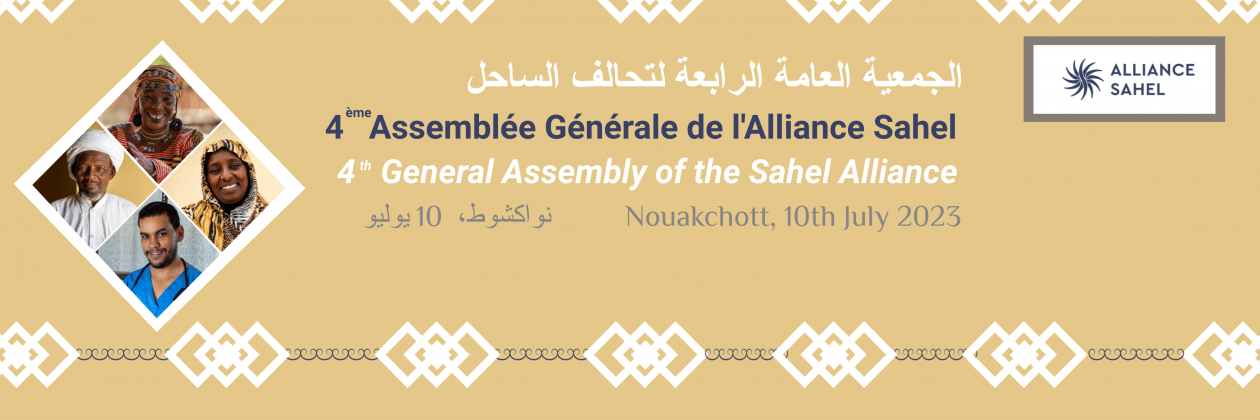
Nouakchott, July 10, 2023 – Over 120 representatives of the Sahel Alliance and its Sahelian partners met in Nouakchott on July 10, 2023, for the Alliance’s 4th General Assembly. The meeting was attended by His Excellency Mohamed Cheikh El Ghazouani, President of the Islamic Republic of Mauritania. In a complex environment marked by a deterioration of the security and humanitarian context, in particular food insecurity in several regions of the Sahel, the members reaffirmed their support for regional integration and solidarity. In response to the priorities of the Sahelian countries, they proposed to increase their commitment to the people of the Sahel for three strategic priorities. At the end of the General Assembly, Spain handed over the presidency of the Sahel Alliance to Germany.
Despite the region’s many potentials, the Sahel continues to face multiple crises. The increase and diversity of insecurity factors, the political transitions underway in some countries, high levels of food insecurity, the growing impact of climate change-related shocks and the war of aggression against the Ukraine are all weighing on development gains. In some regions, they lead to major population movements, further weakening social cohesion and living conditions.
In his opening speech, President Ghazouani reminded the audience that “Today, there is no doubt that the Sahel as a whole, and particularly the G5 countries, is facing socio-economic and ecological security crises beyond measure with its own resilience capacities alone. These crises, exacerbated by a particularly difficult international situation, feed and amplify each other, in a sort of dramatic vicious circle. And we can only hope to break this cycle by synergizing efforts, adopting a holistic approach and implementing a strong collective response, sustainably supported by active solidarity on the part of the international community.”
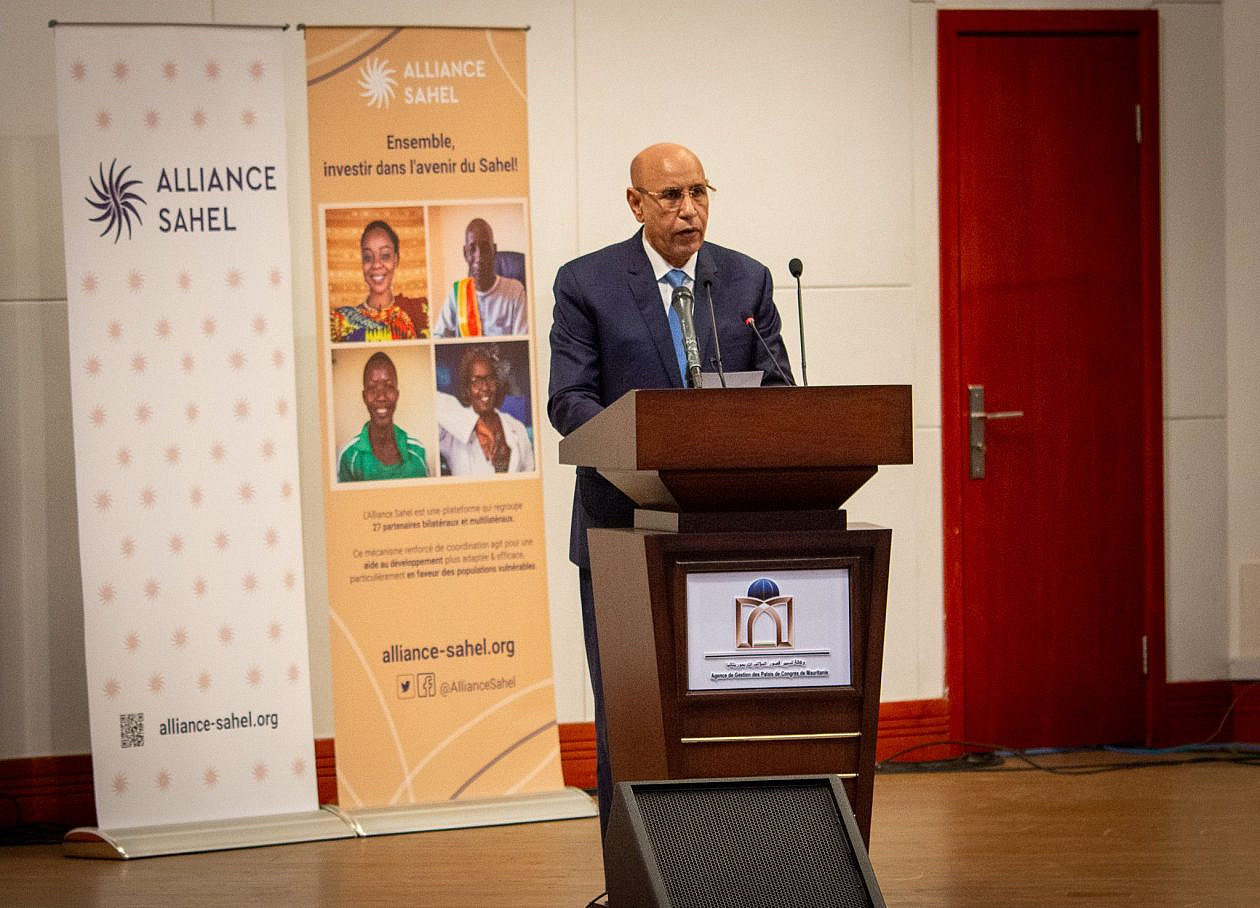
In this context, Alliance members remain committed, with an overall increase in their interventions in the Alliance’s focus sectors (15% rise for active projects between 2021 and 2022, for a total amount of 26.5 billion euros).
This 4th General Assembly was chaired by the Spanish Minister of Foreign Affairs, European Union and Cooperation, Jose Manuel Albares. In his opening speech, Minister Albares stressed that “Spain believes that the link between security, development and climate change is crucial”.
A revised and reaffirmed partnership
Convinced that regional integration and solidarity are essential to meeting the region’s challenges, the members of the Sahel Alliance reiterated their support to the G5 Sahel. A revised version of the partnership protocol linking the two initiatives was signed by the G5 Sahel Executive Secretary and the Head of the Sahel Alliance Coordination Unit on July 10. Alliance members have committed to strengthening regional dialogue on public policy priorities and reforms to support the development trajectories of G5 Sahel countries, in line with the priorities of the new G5 Sahel Development and Security Strategy.
To this end, Alliance members have proposed to increase their collective commitment to three strategic priorities:
- creating opportunities through employment, education and skills development
- resilience to shocks, in particular through support for national crisis prevention and response mechanisms
- regional development and local access to essential services, with particular attention to fragile areas.
At the conclusion of the Assembly, the Spanish Minister of Foreign Affairs, European Union and Cooperation, Jose Manuel Albares, and the German Federal Minister for Economic Cooperation and Development, Svenja Schulze, formally handed over the presidency of the Sahel Alliance General Assembly from Spain to Germany.
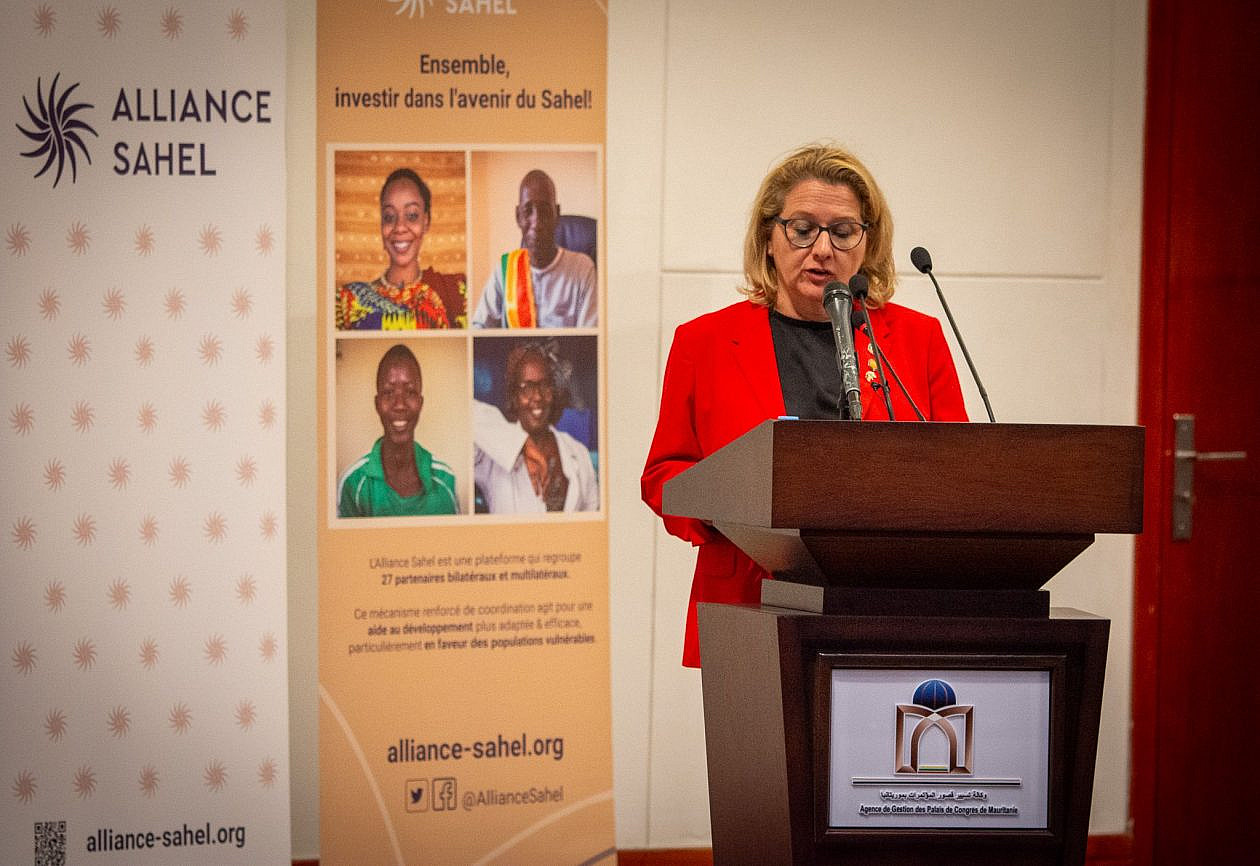
Ms Svenja Schulze recalled in her intervention that “The Sahel Alliance brings together the region’s most important civilian supporters. Together we can achieve sustainable and tangible improvements that will make the situation for people in the Sahel better. With my presidency I would like to show the people of the Sahel region that we are there for them and that our support makes a difference. I am focused on getting more jobs and training opportunities, better basic services and stronger social protection networks in the Sahel.”
The members of the Sahel Alliance encourage all international partners to increase their financial, technical and political support. There will be no peace and stability in the Sahel without a profound and qualitative change in the living conditions of the Sahelian people.
Recommendations of Alliance Sahel members at the 4th General Assembly
- Support regional integration and solidarity to meet the challenges faced by the region.
- Strengthen and coordinate our support to meet the urgent needs of the Sahelian populations on the basis of clearly defined reciprocal commitments.
- Increase our collective commitment and impact on three strategic priorities (i) creating opportunities through employment, education and skills development, (ii) resilience to shocks (iii) territorial development and access to basic services.
- Strengthen the effectiveness of the Sahel Alliance as a platform for coordination and dialogue by implementing the recommendations of the independent review of the Sahel Alliance.
- Pursue our efforts to ensure that populations living in fragile peripheral areas particularly exposed to the spread of violent extremism have access to essential services and economic and employment opportunities.
Videos
Photo gallery
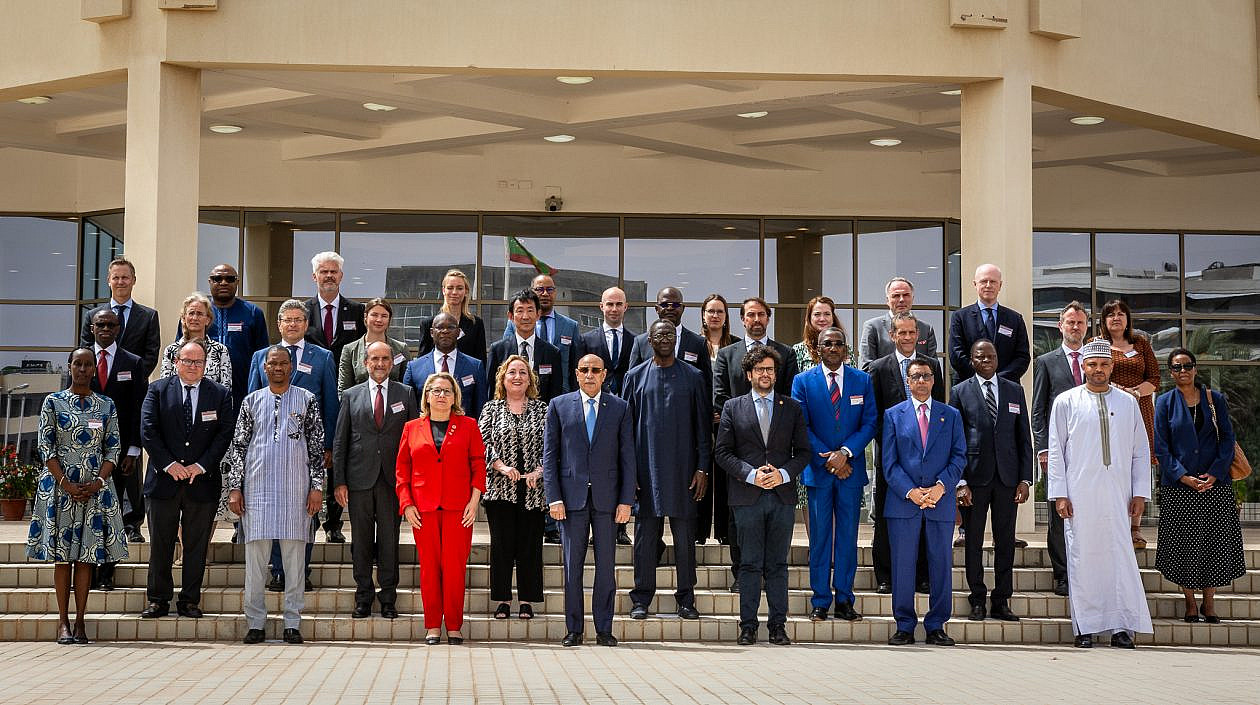
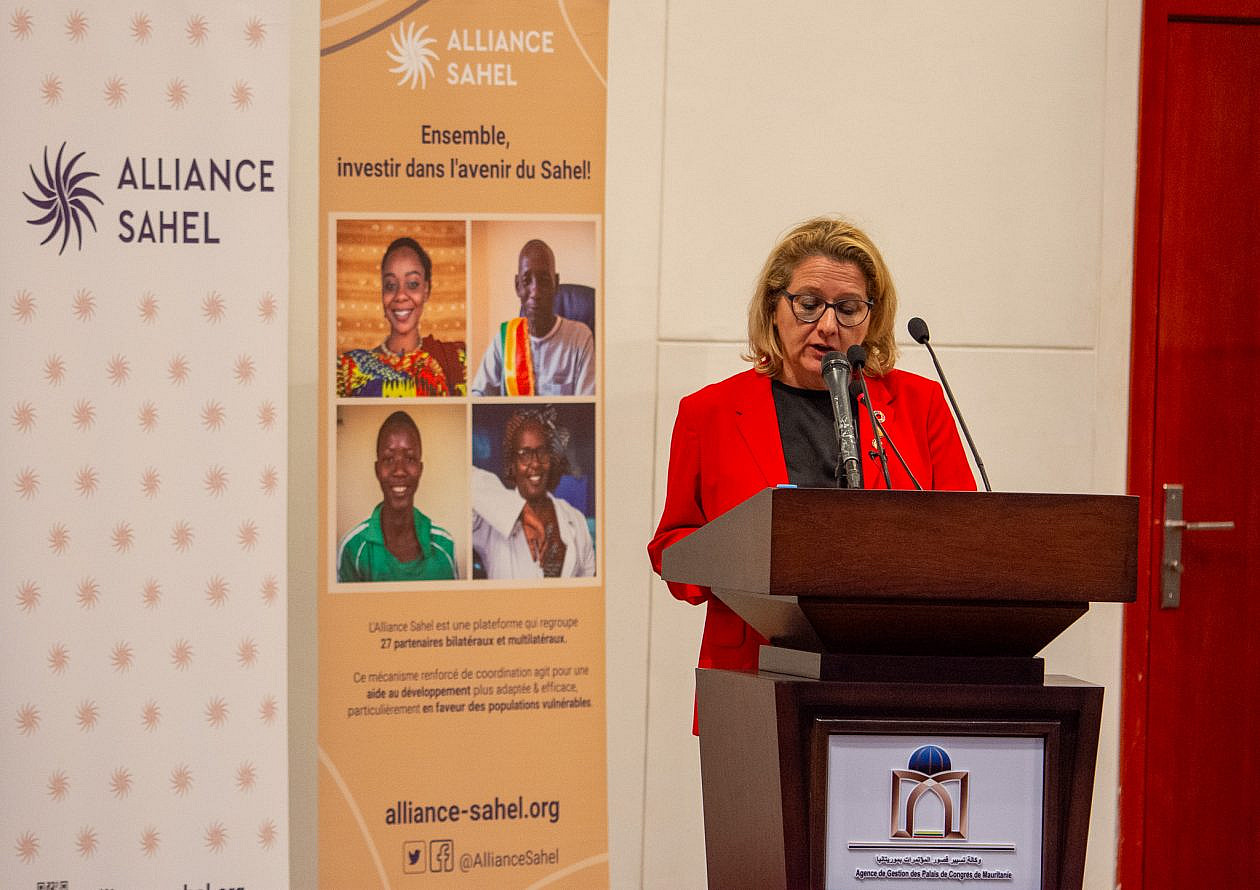
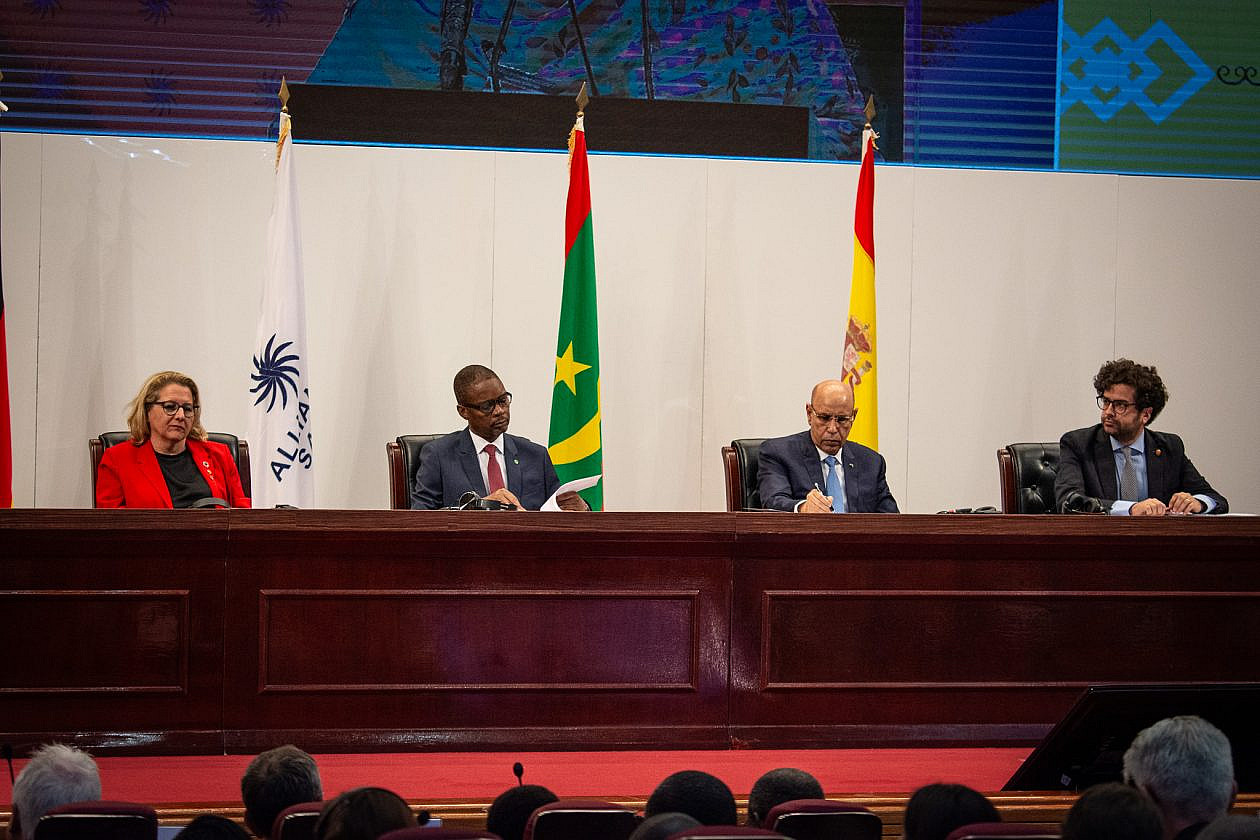
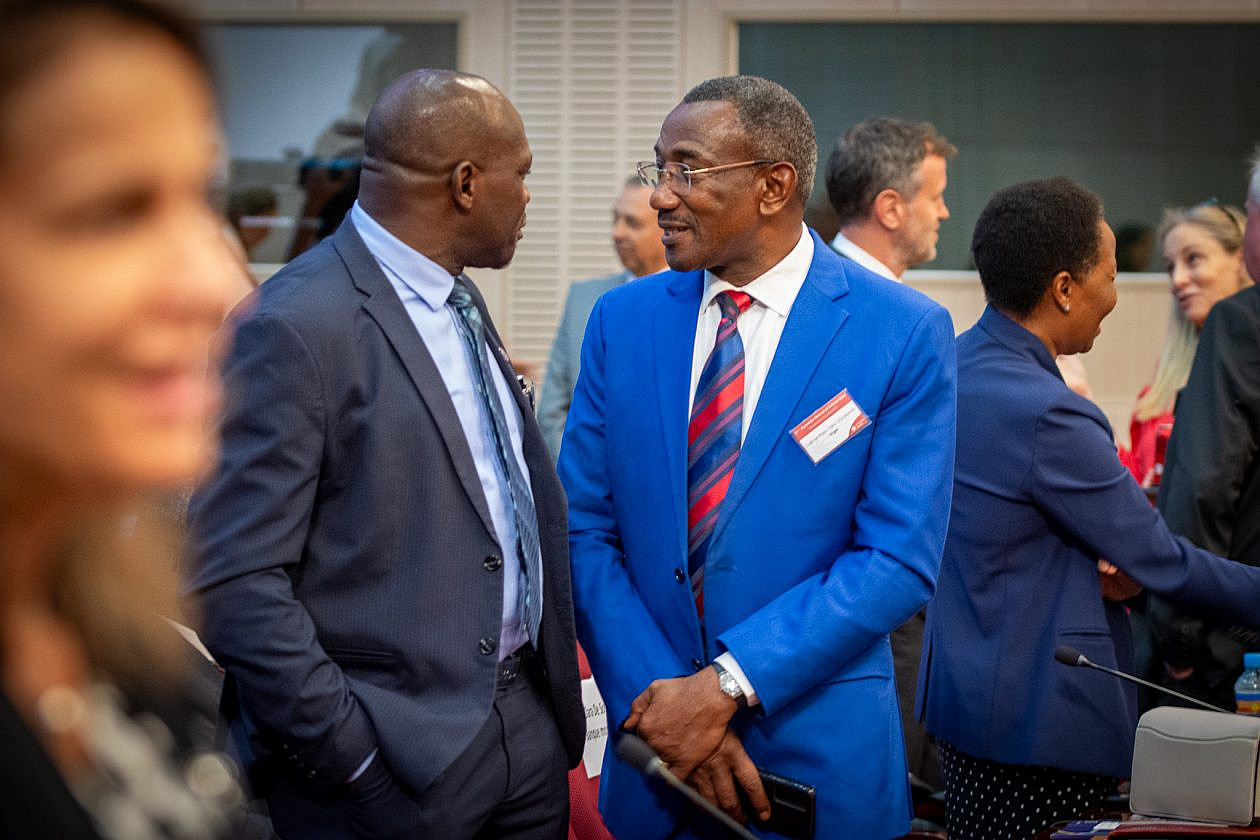
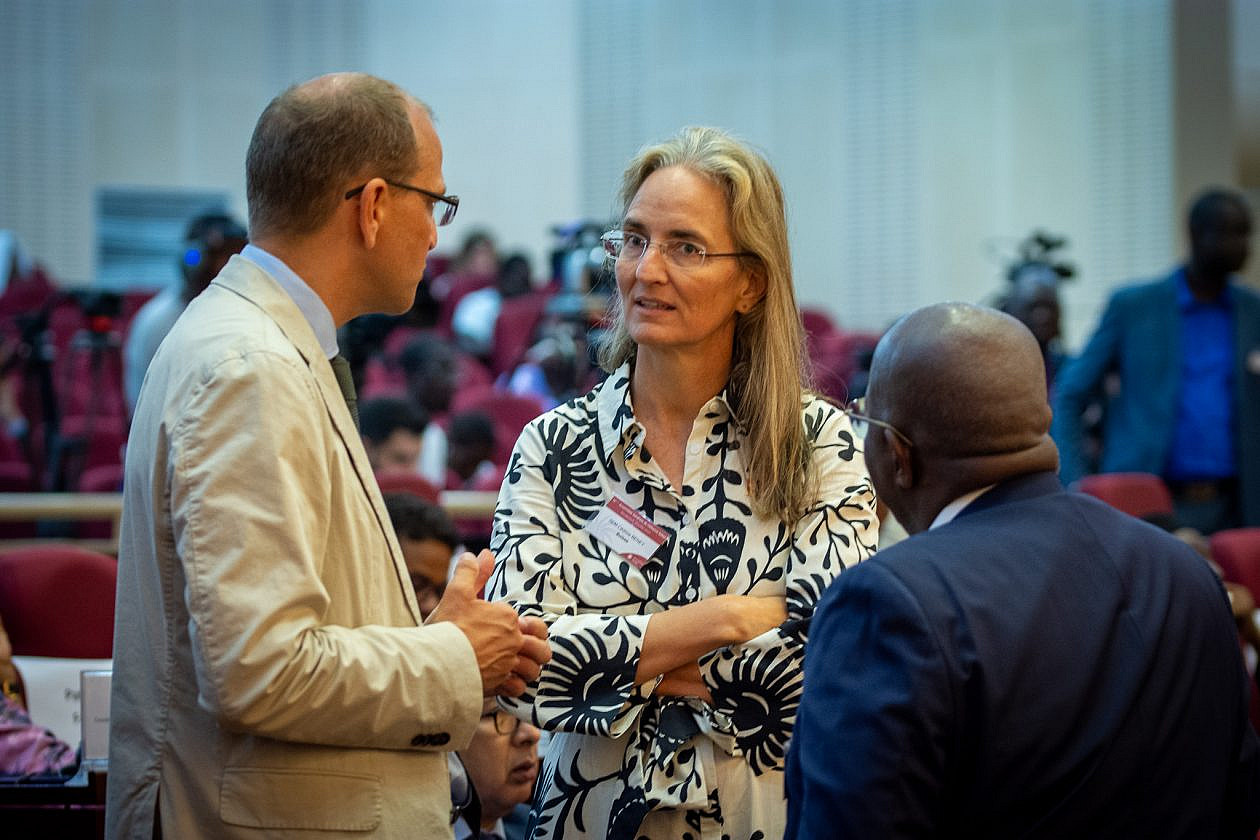
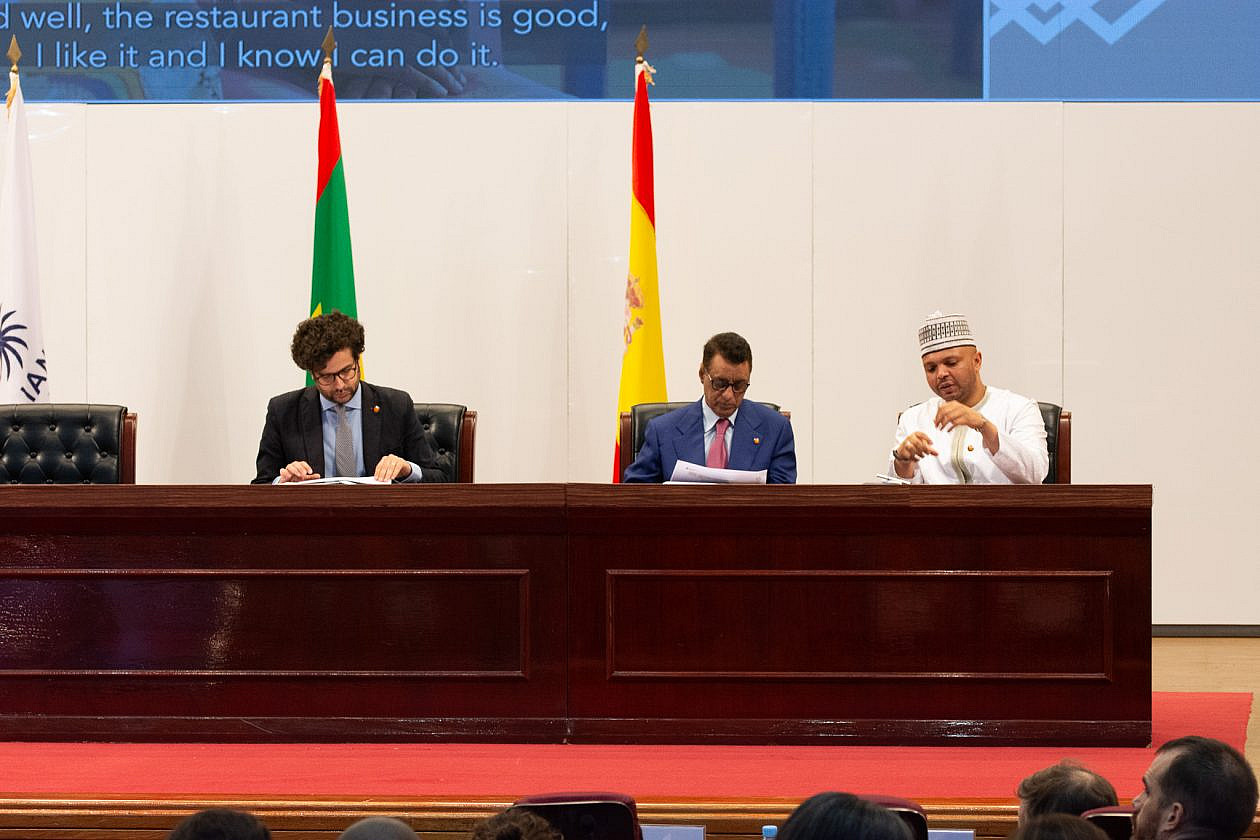
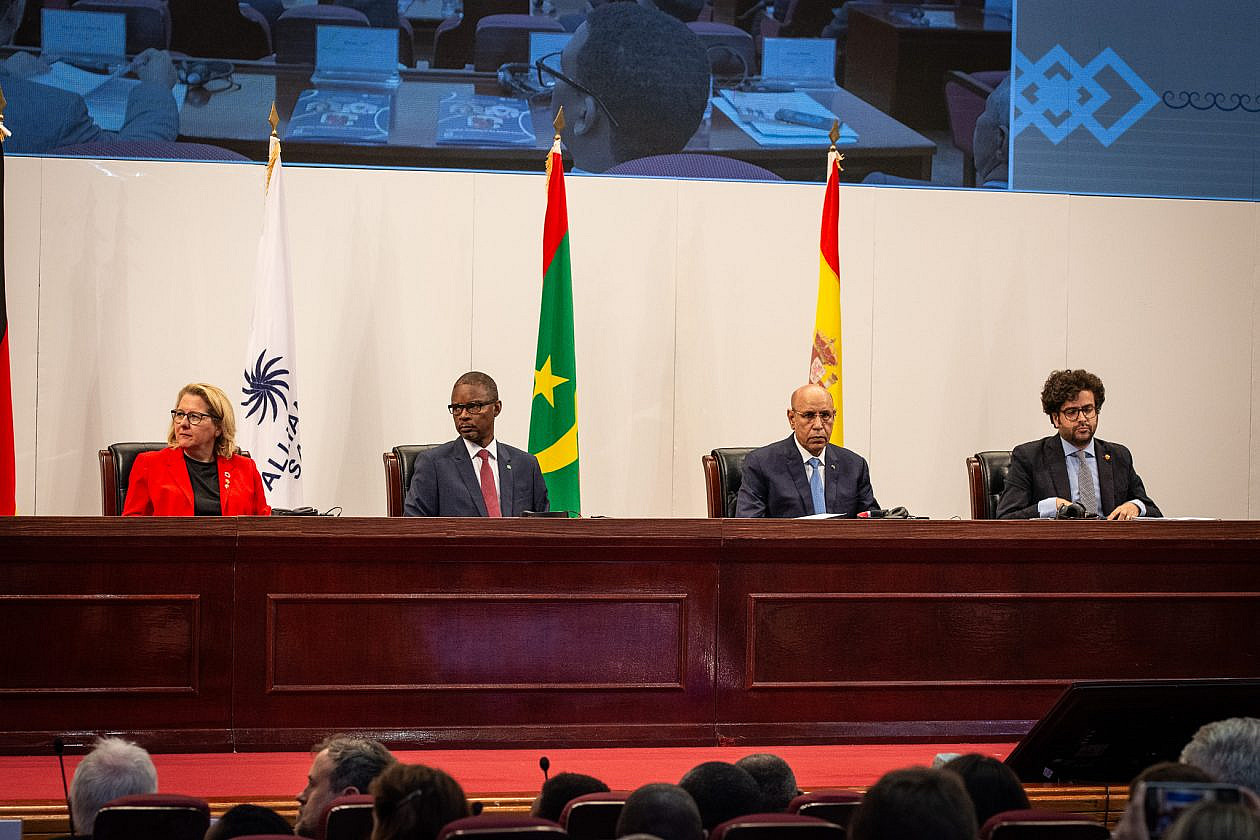
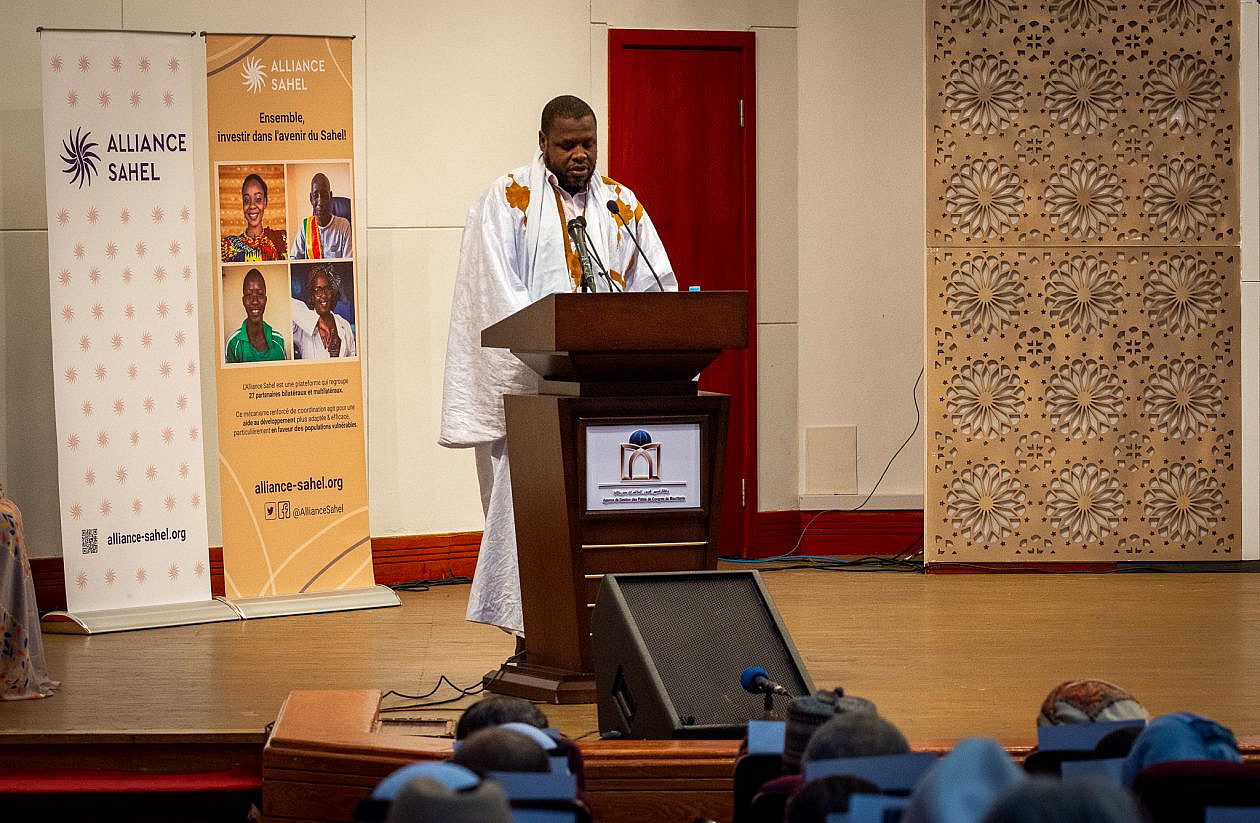
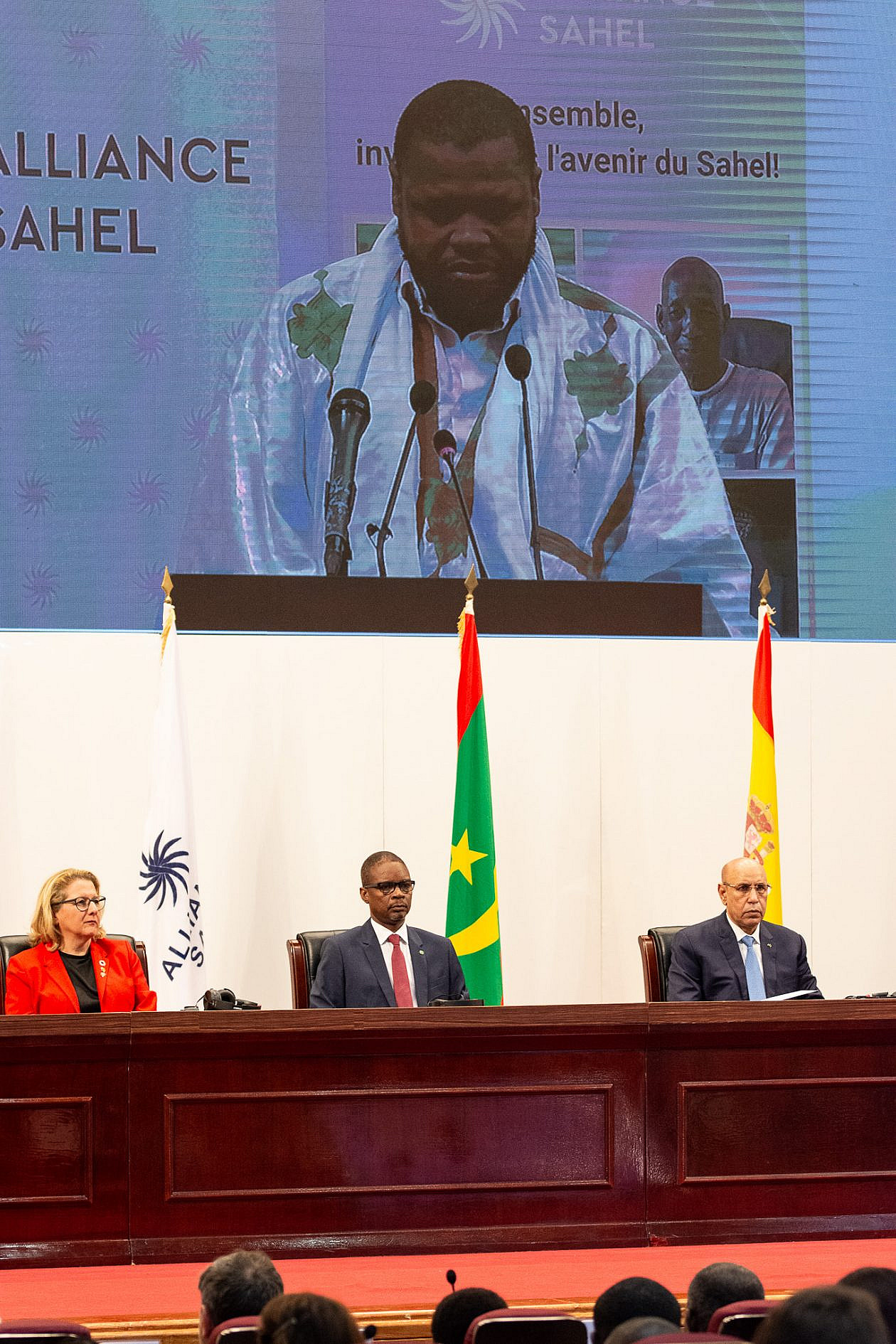
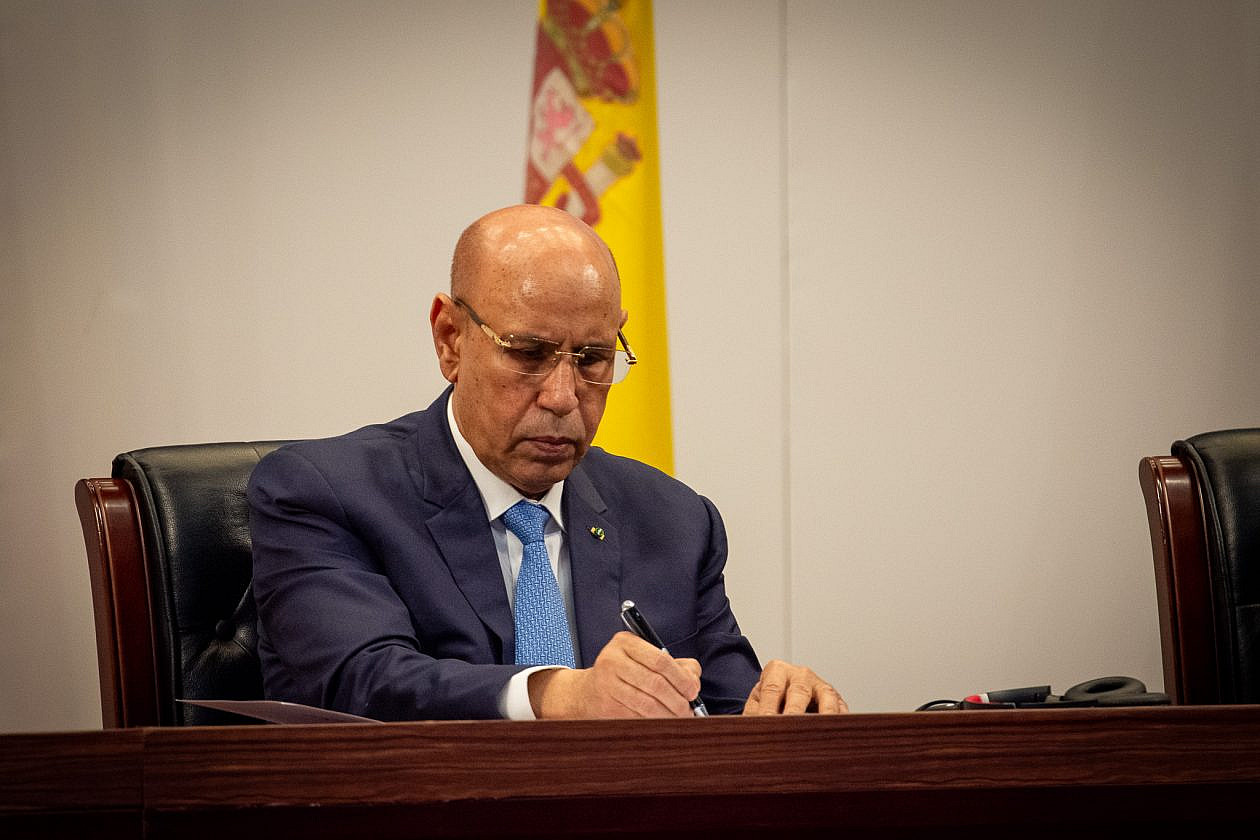
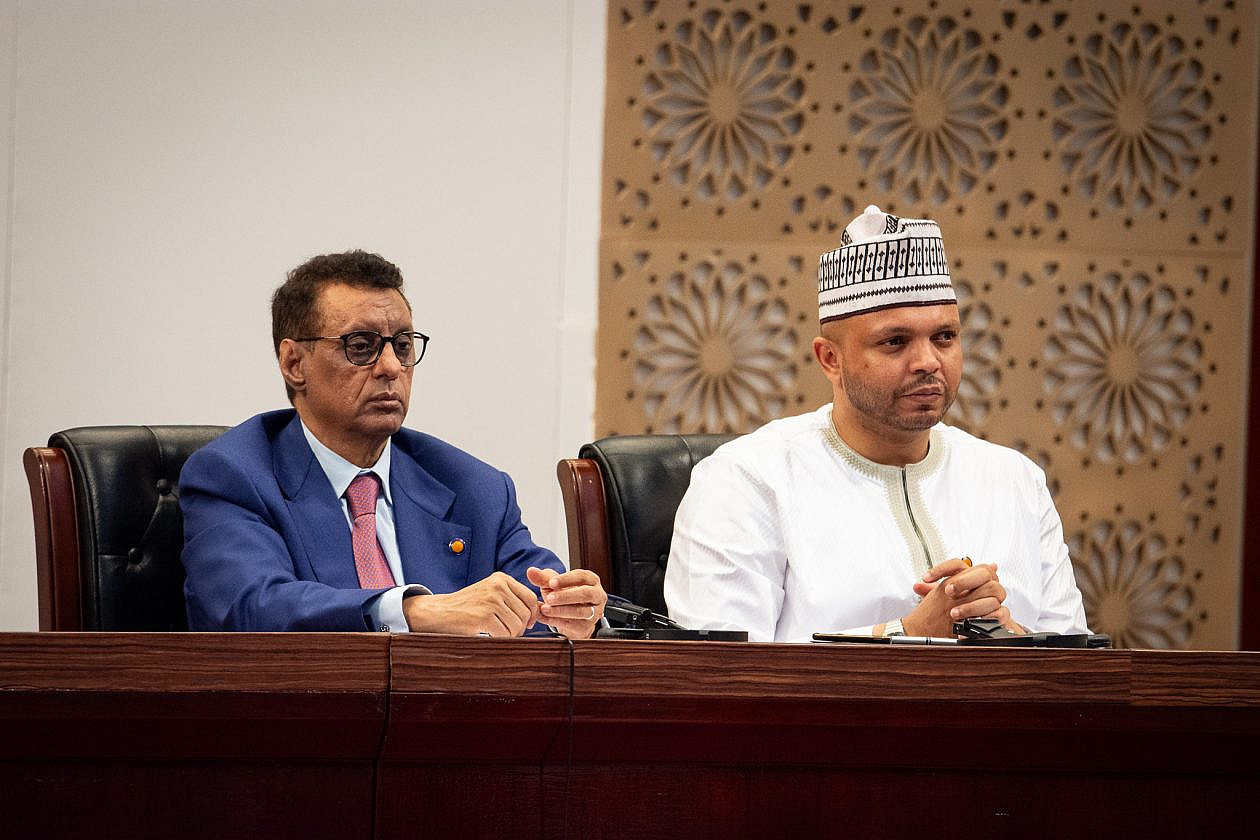
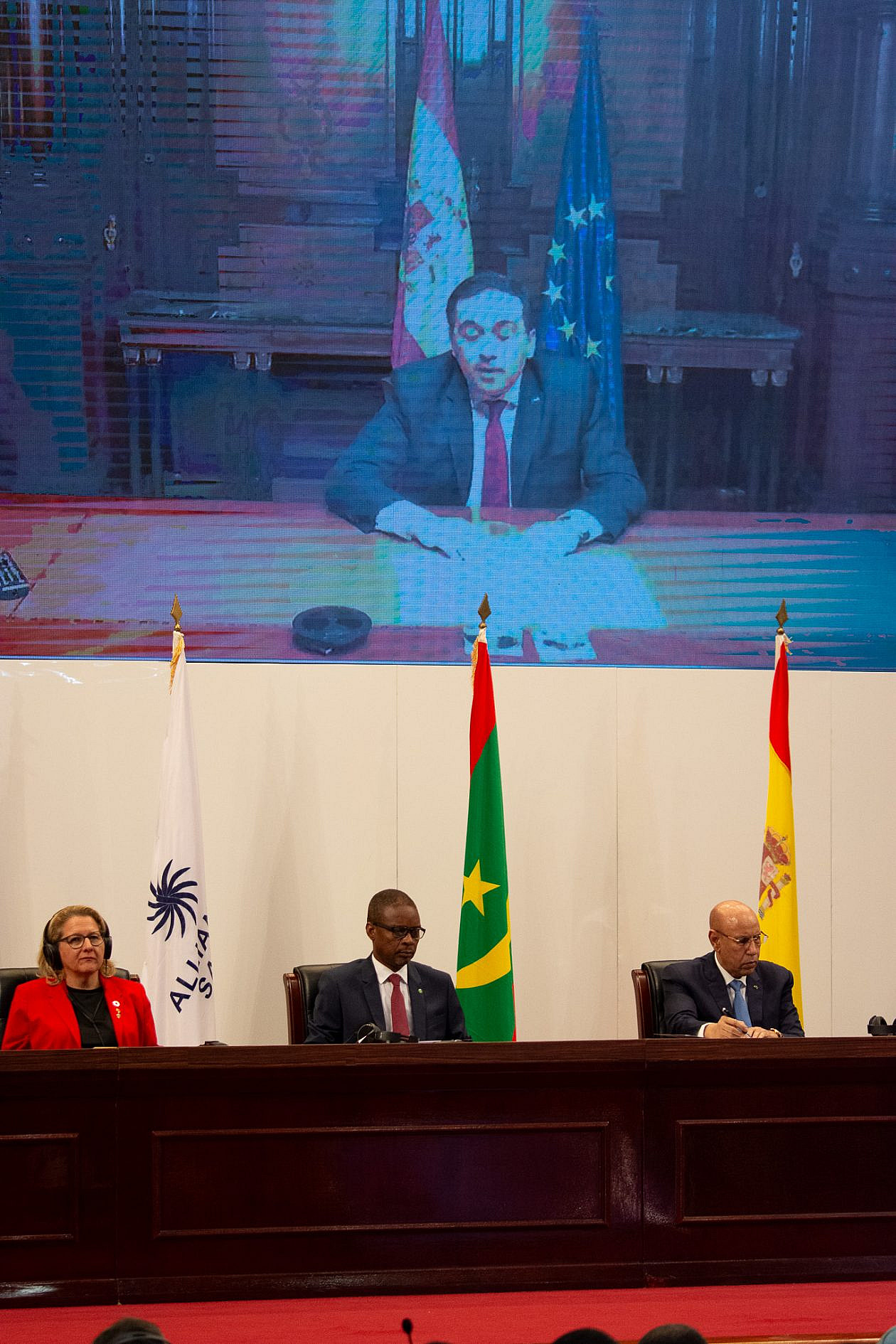
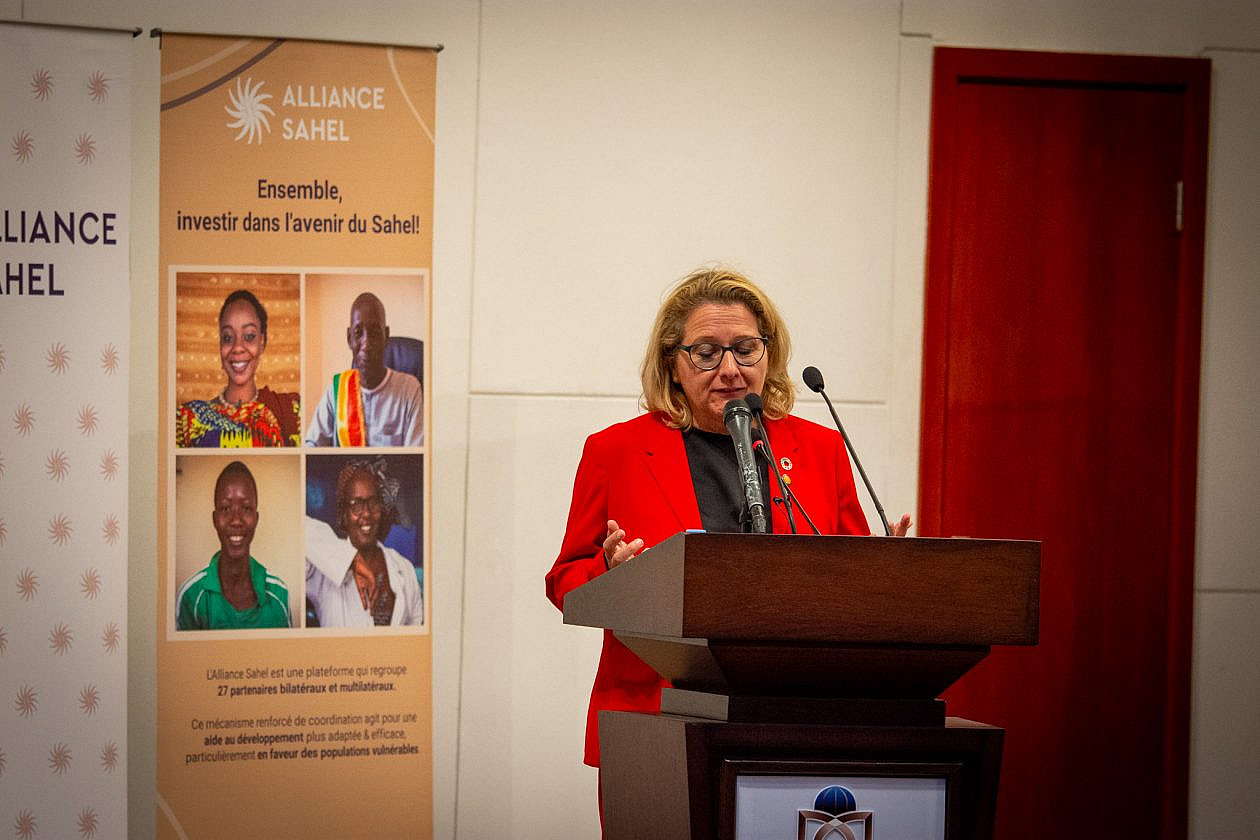
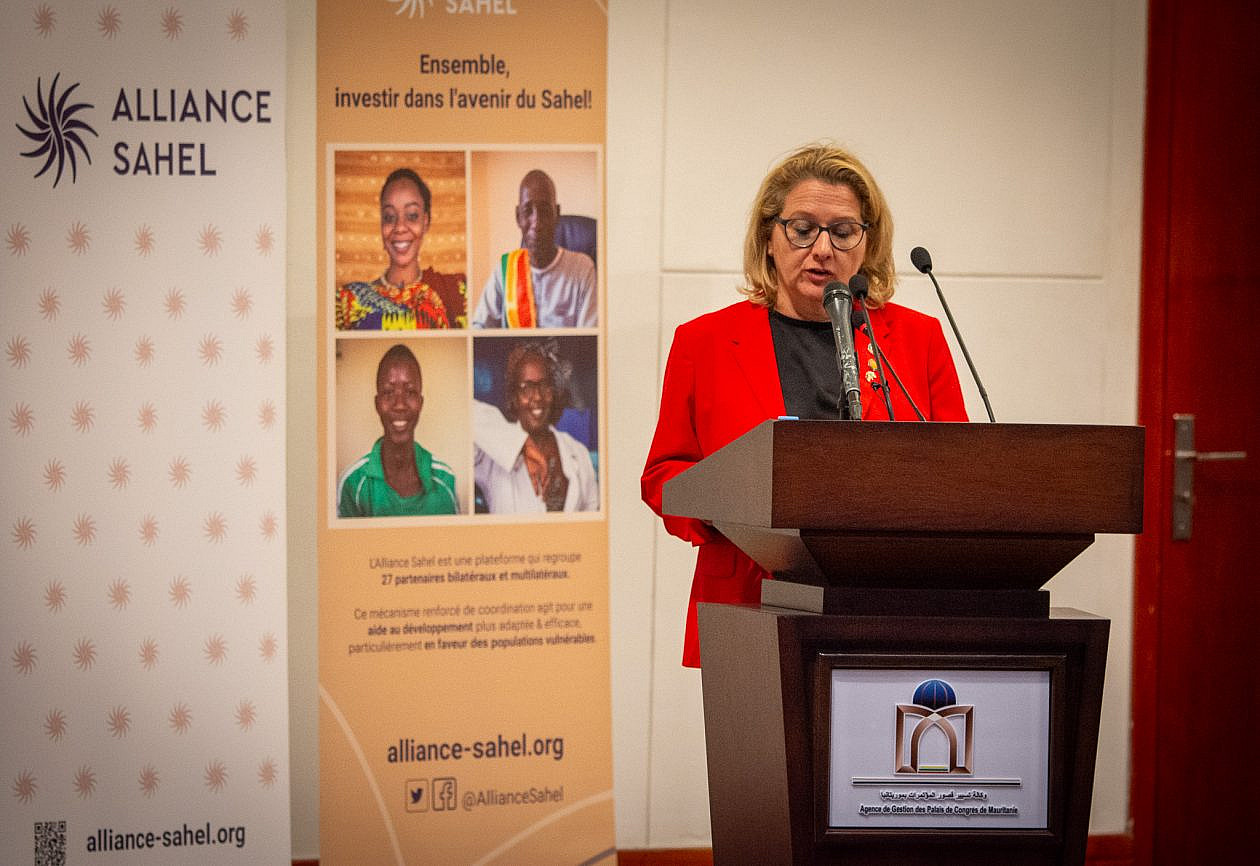
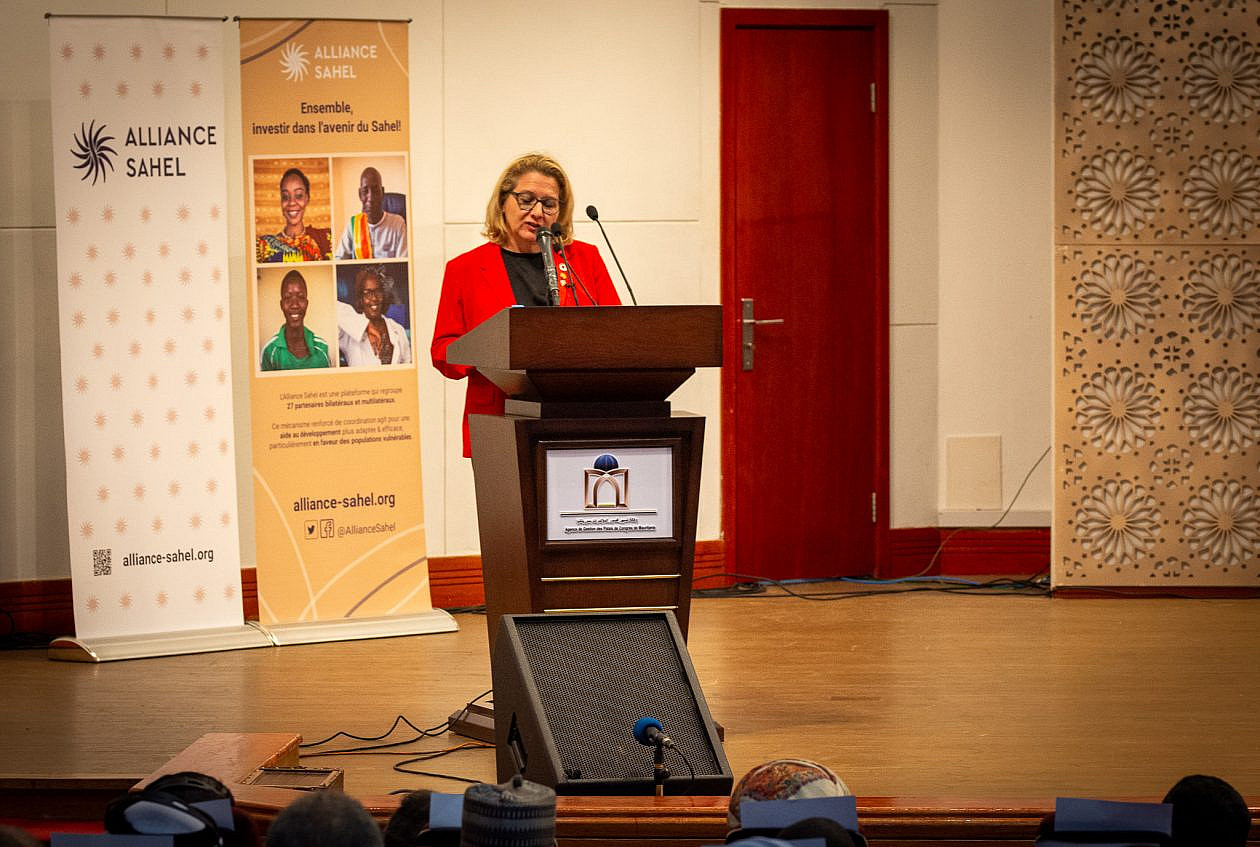
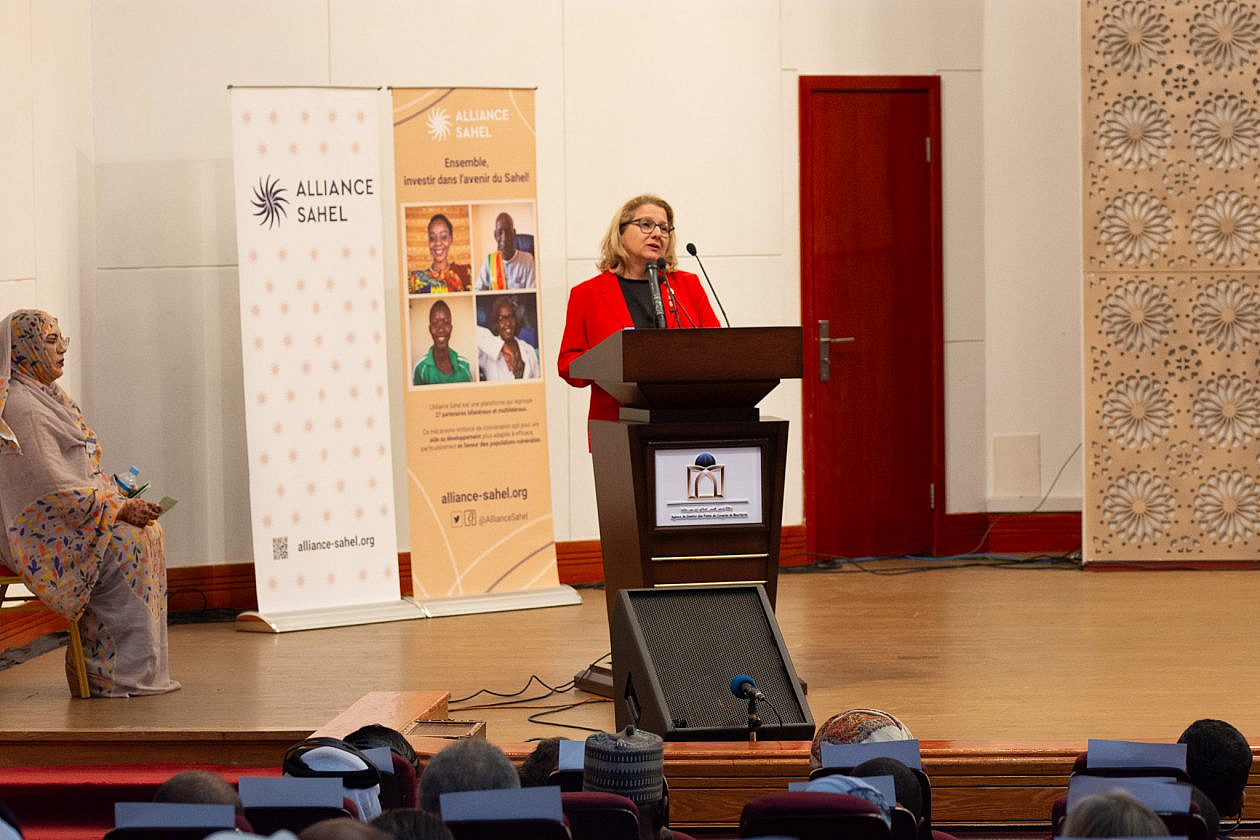
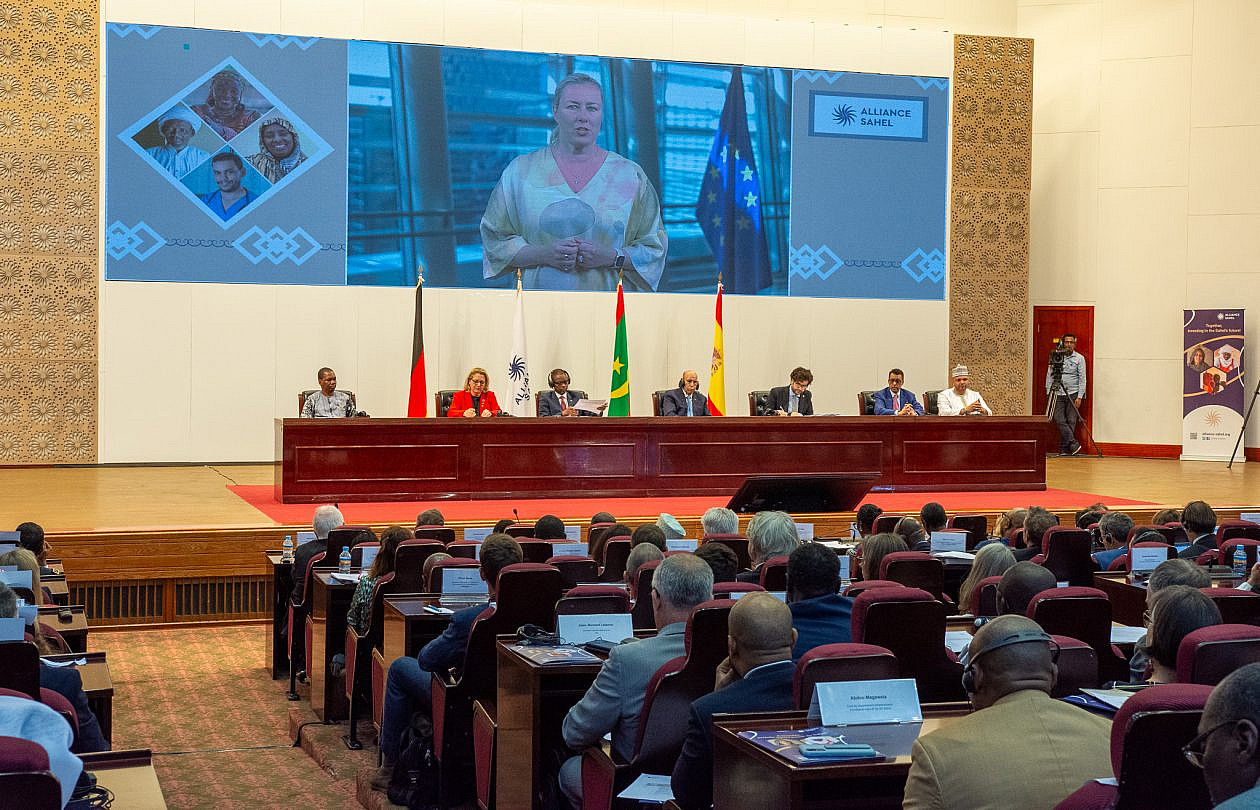
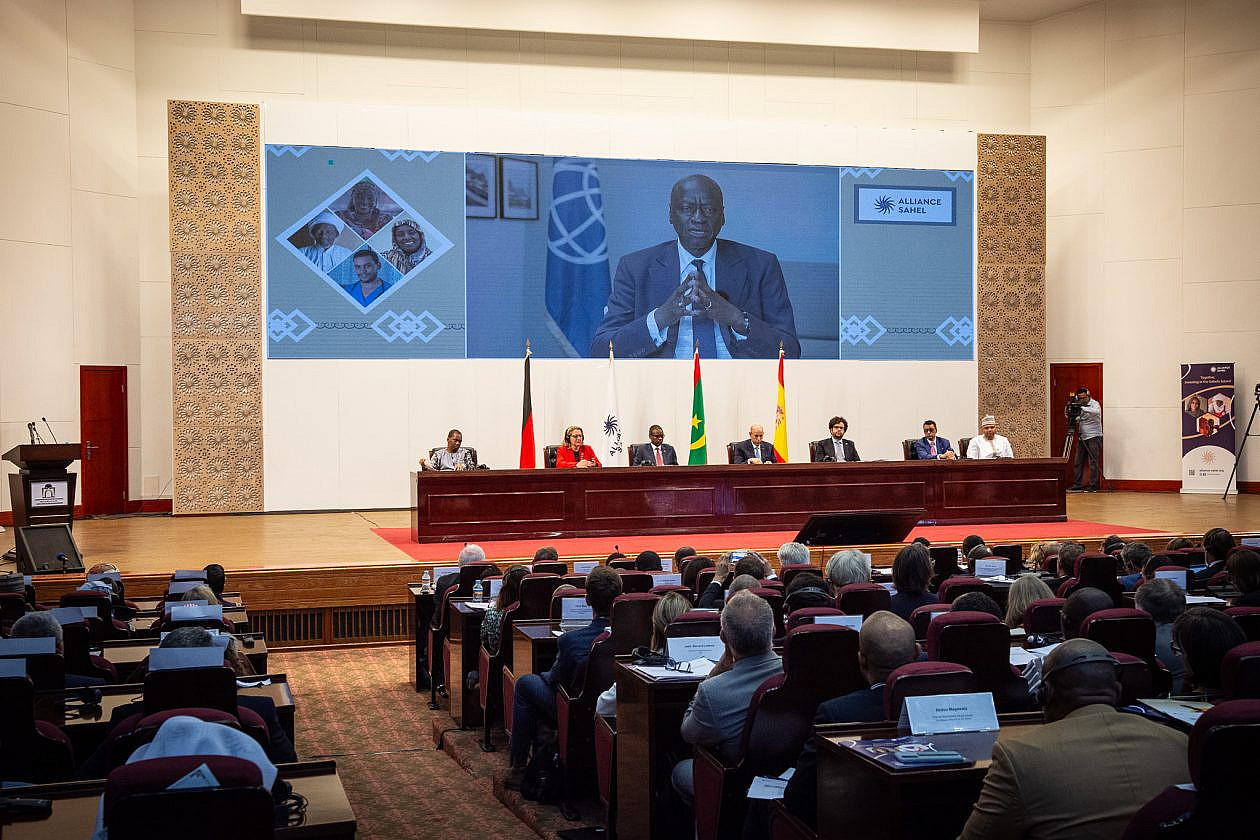
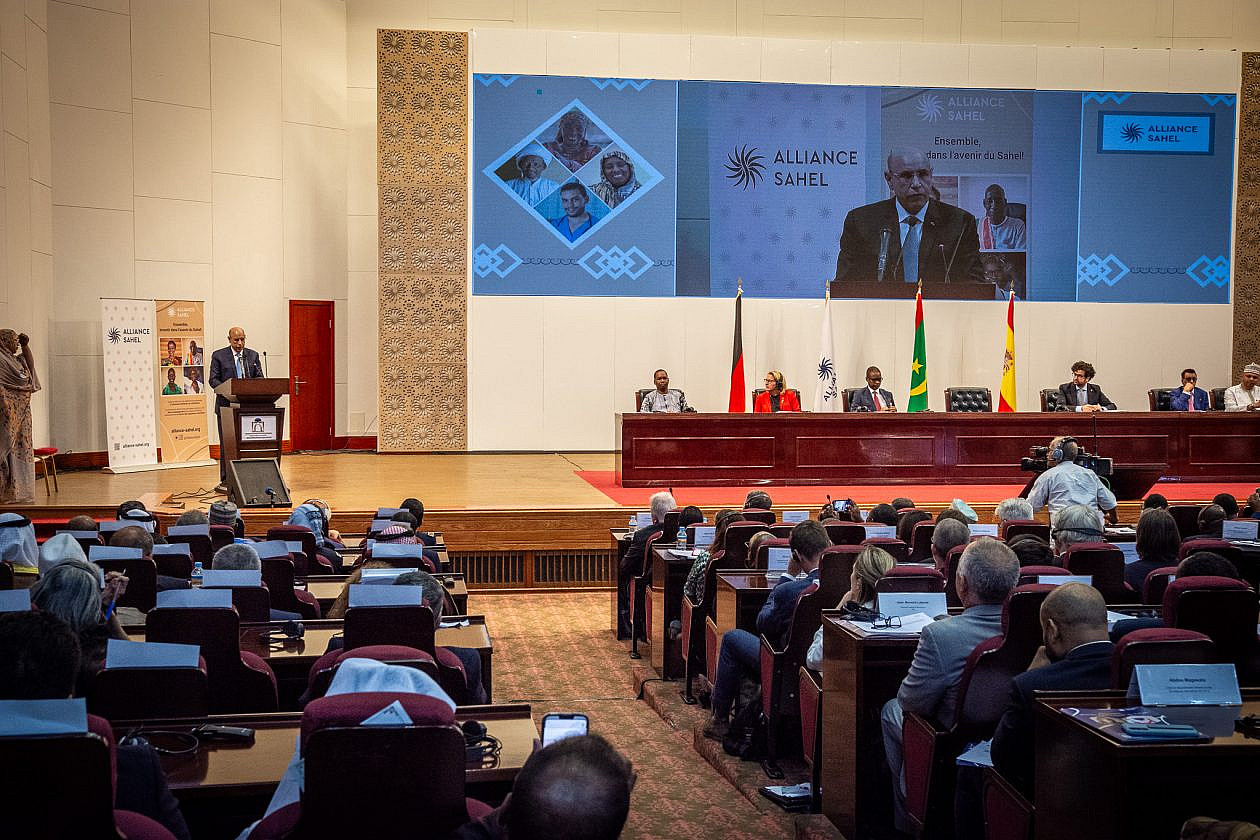
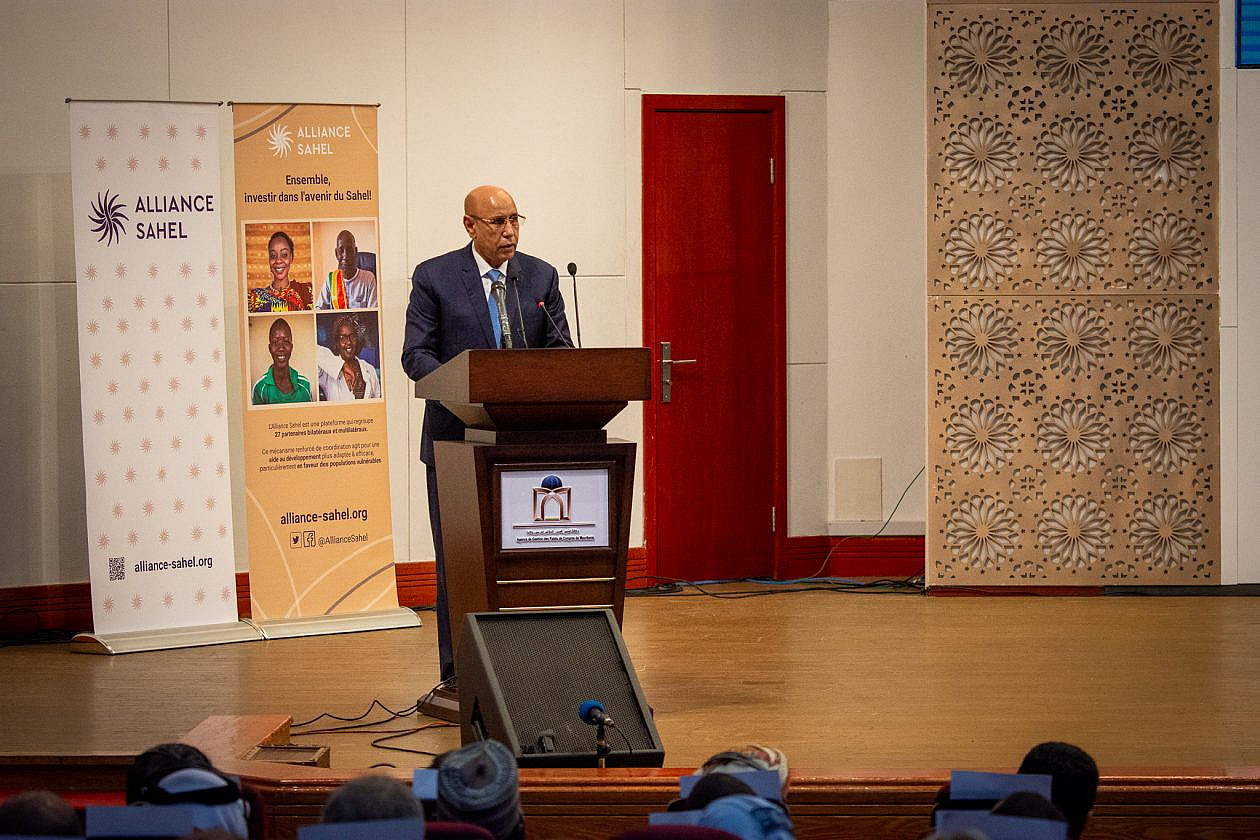
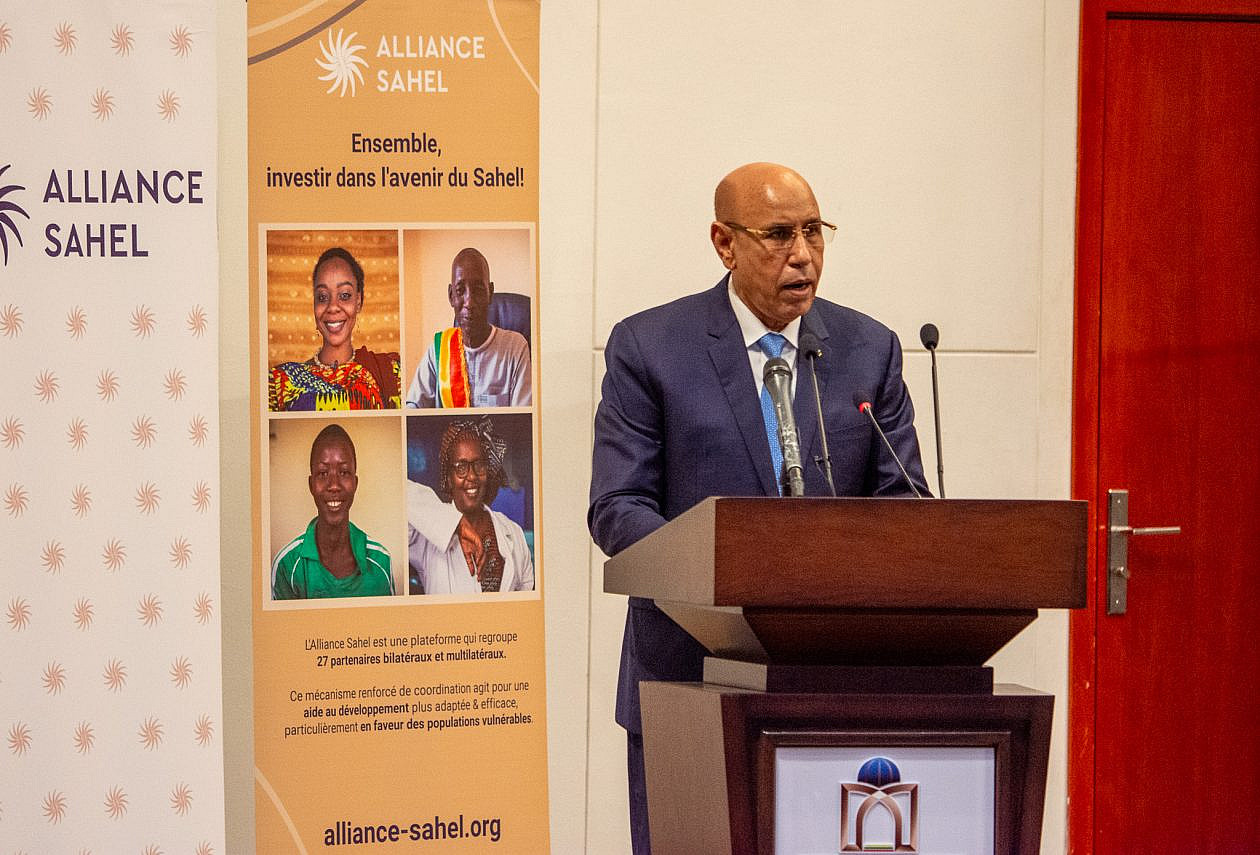
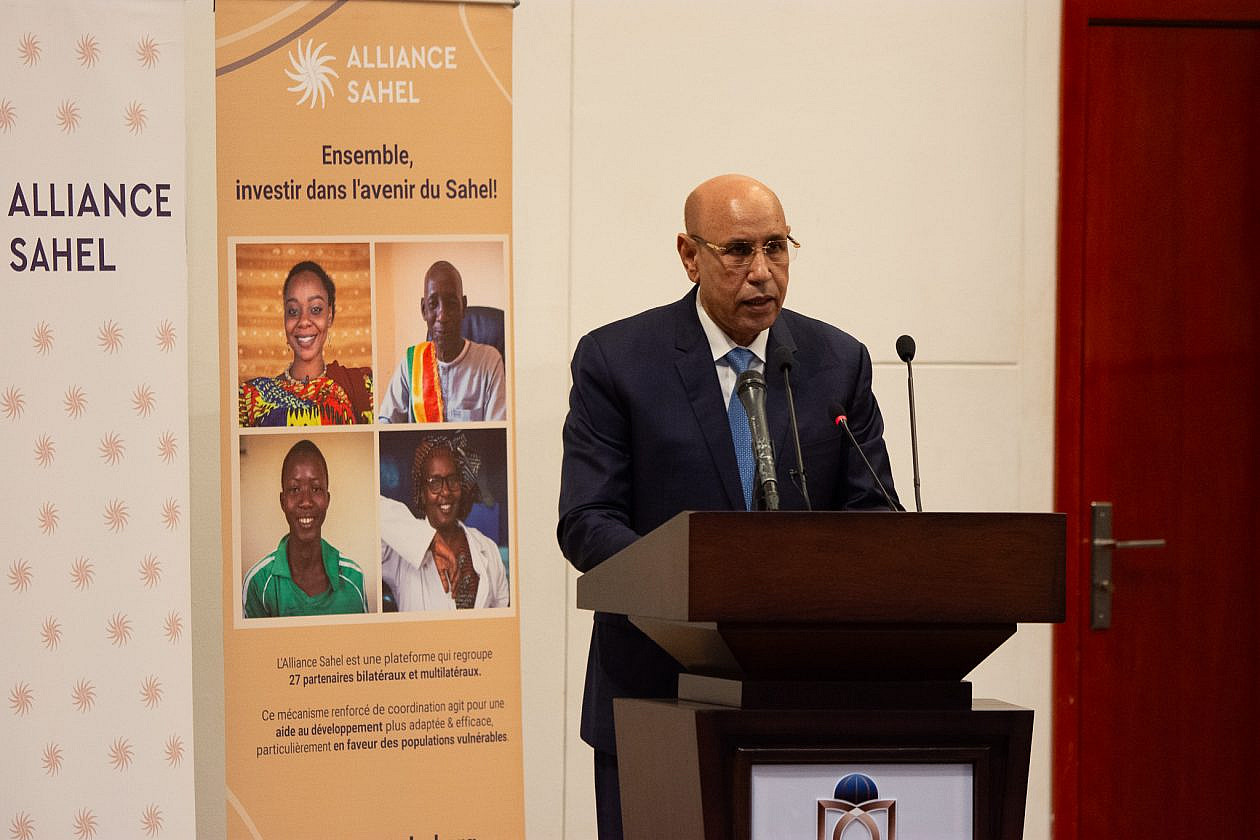
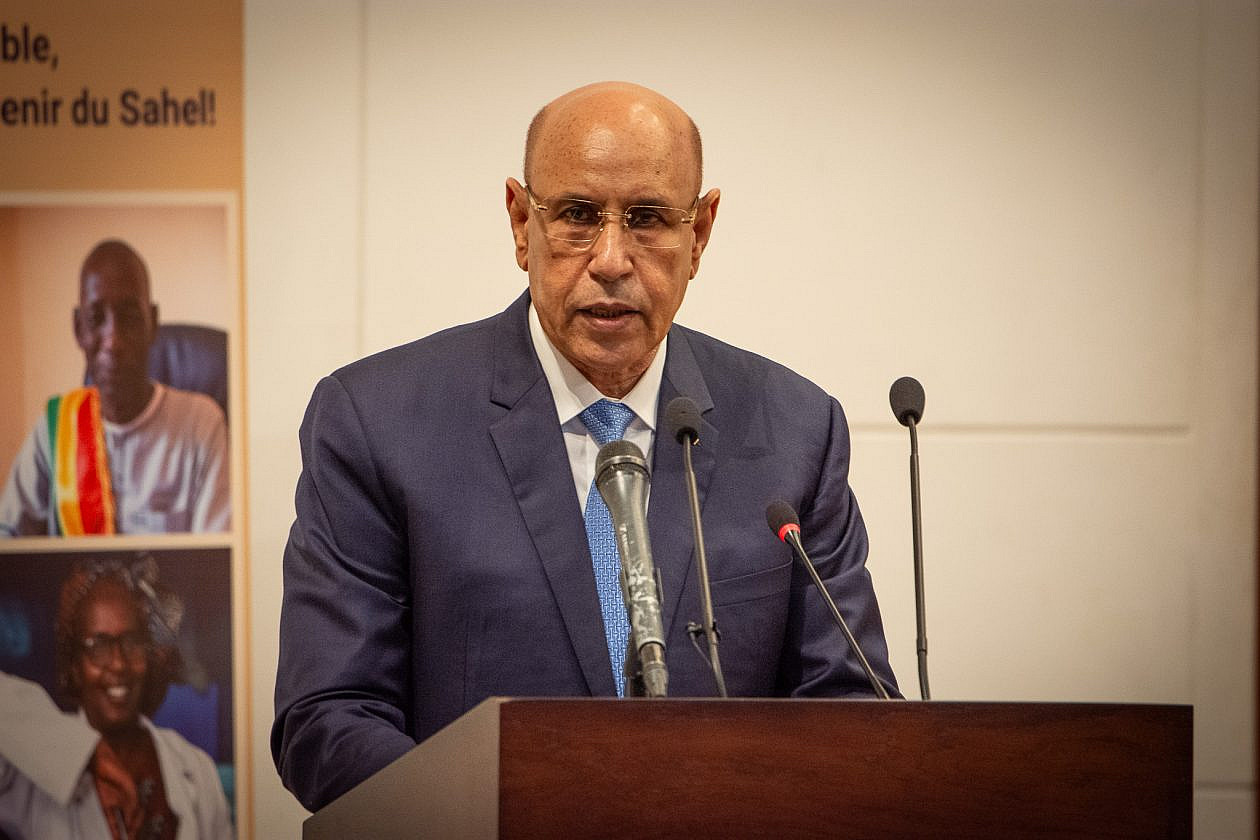
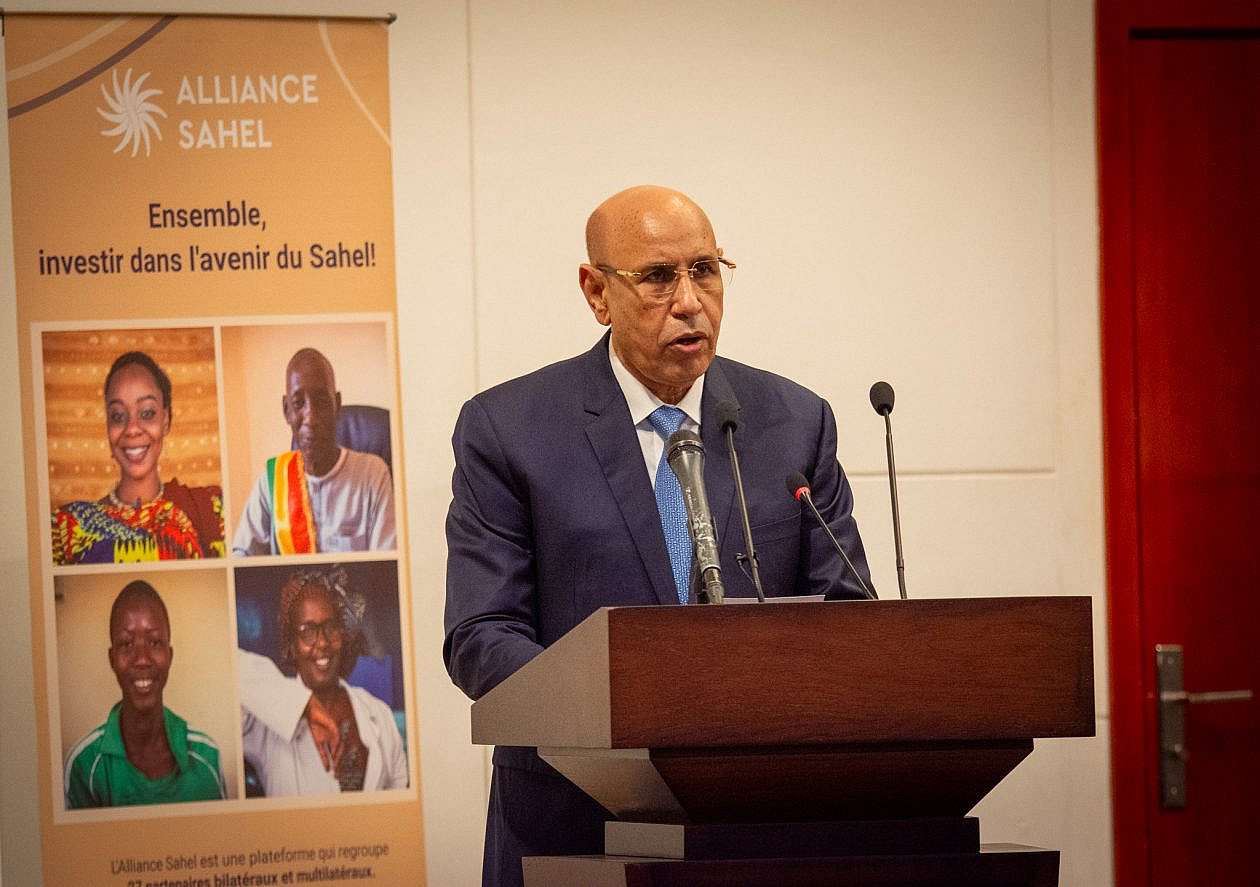
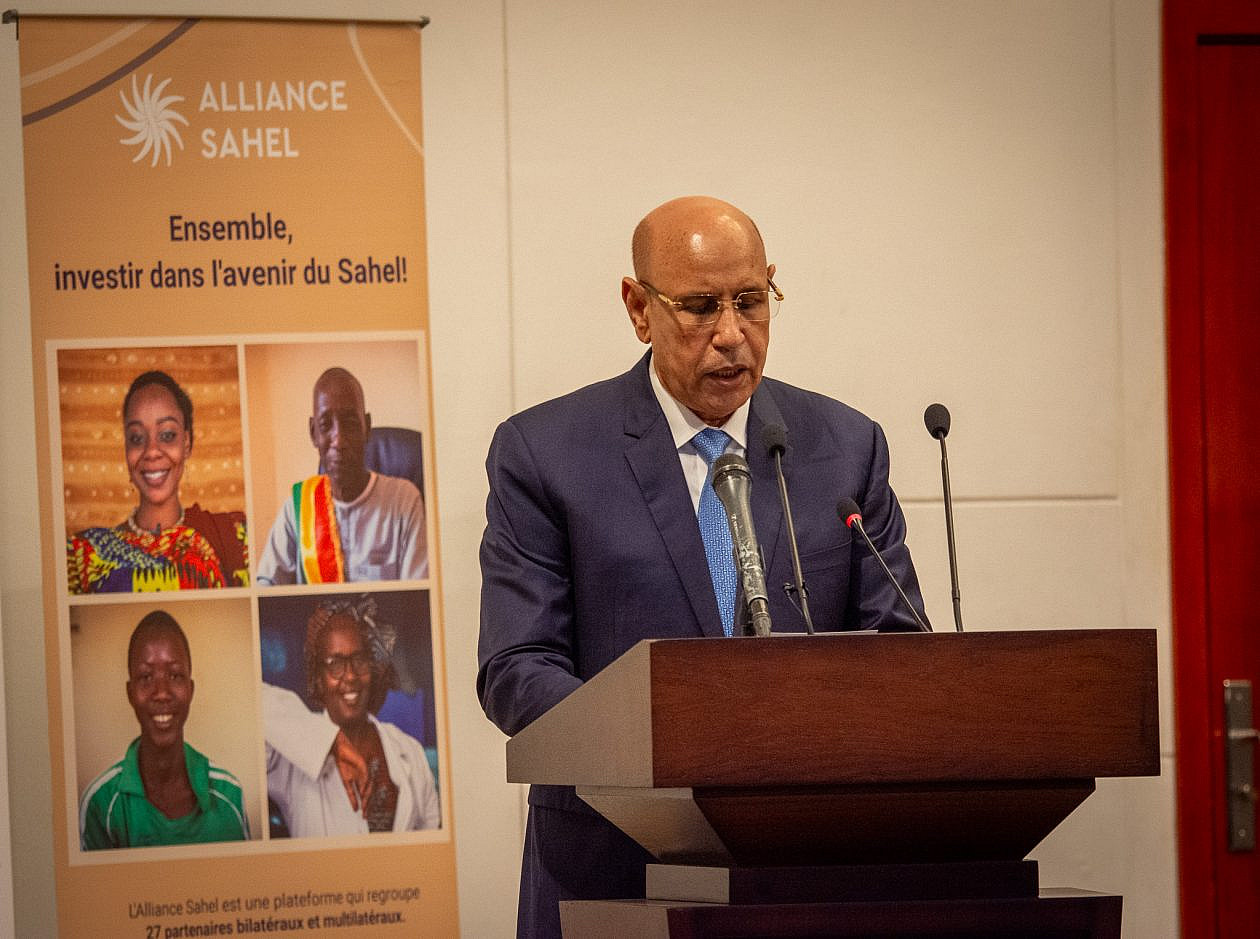
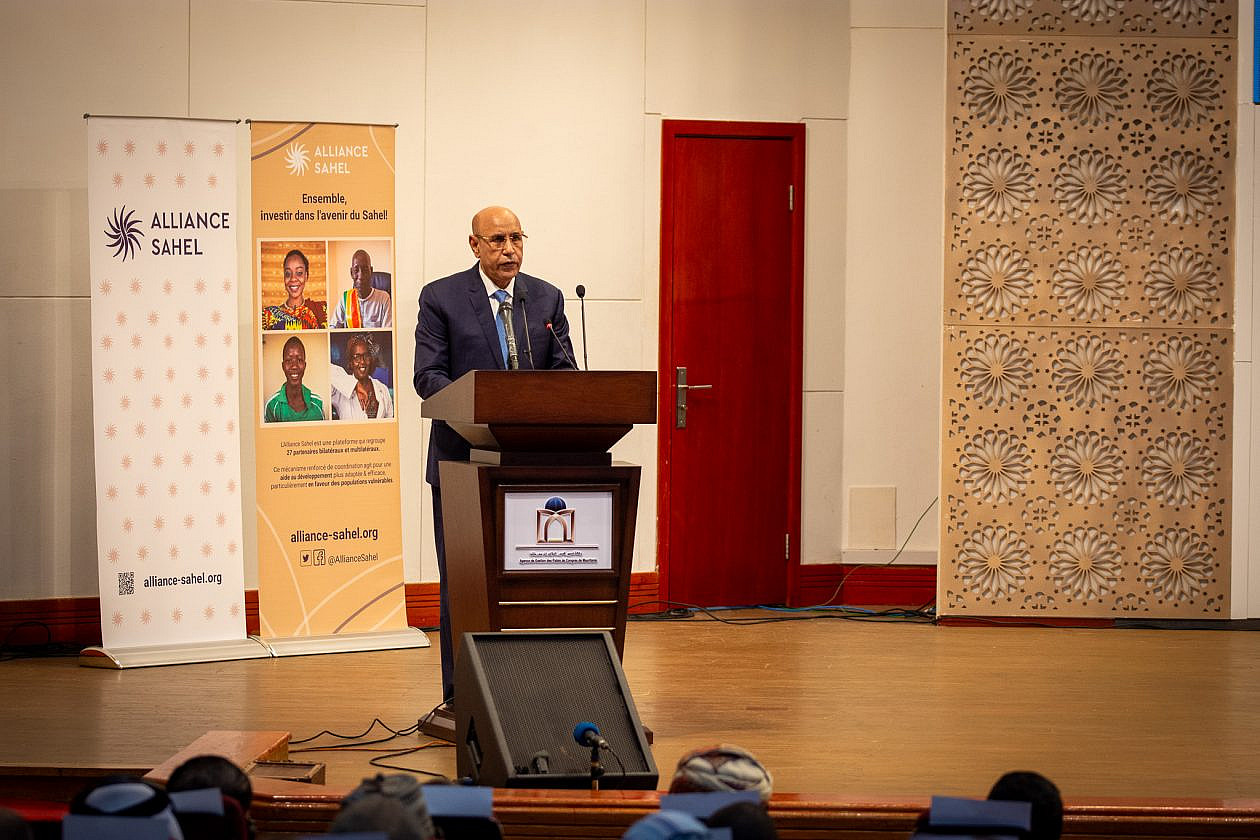
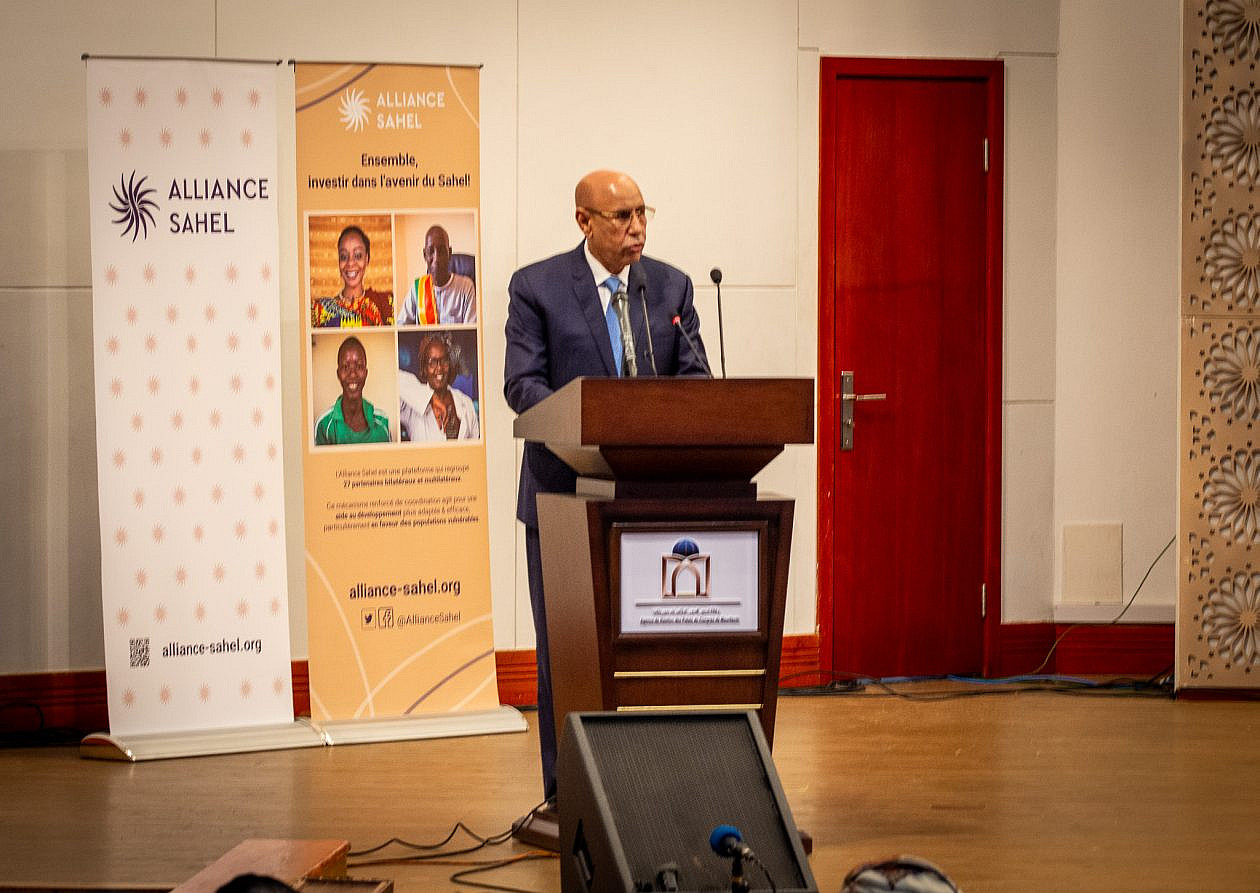
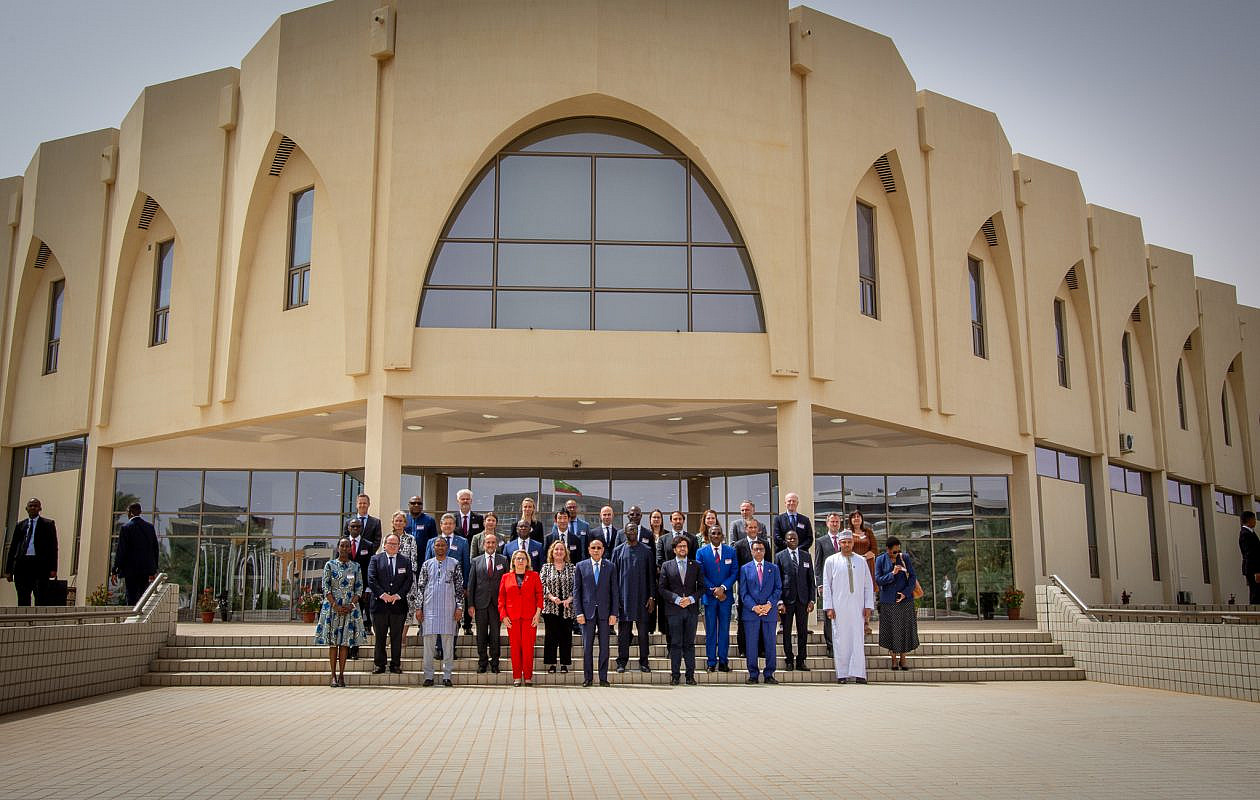
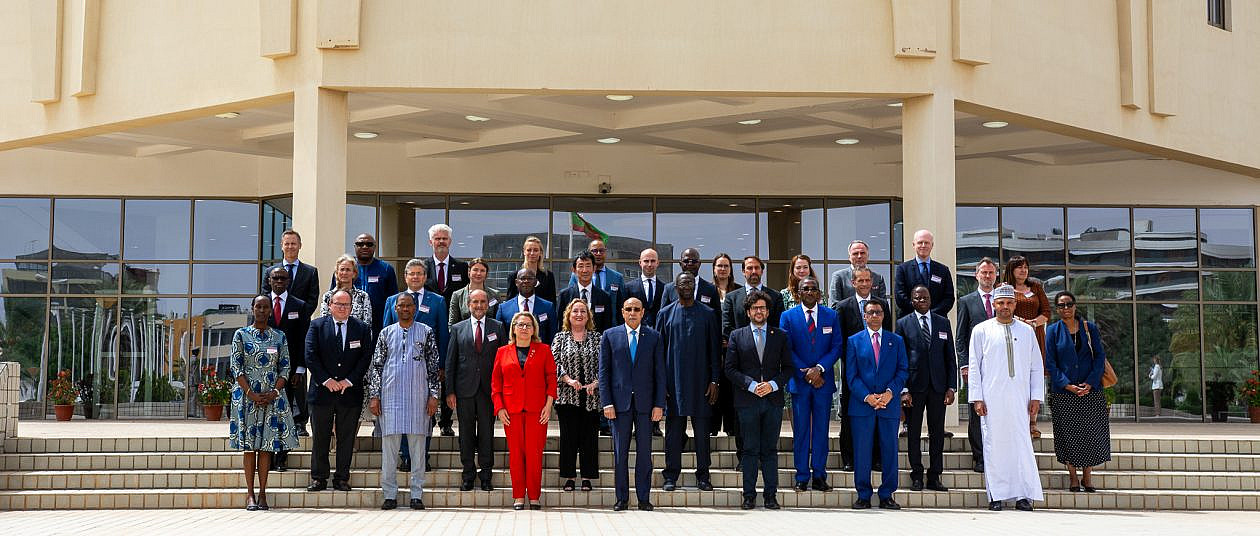
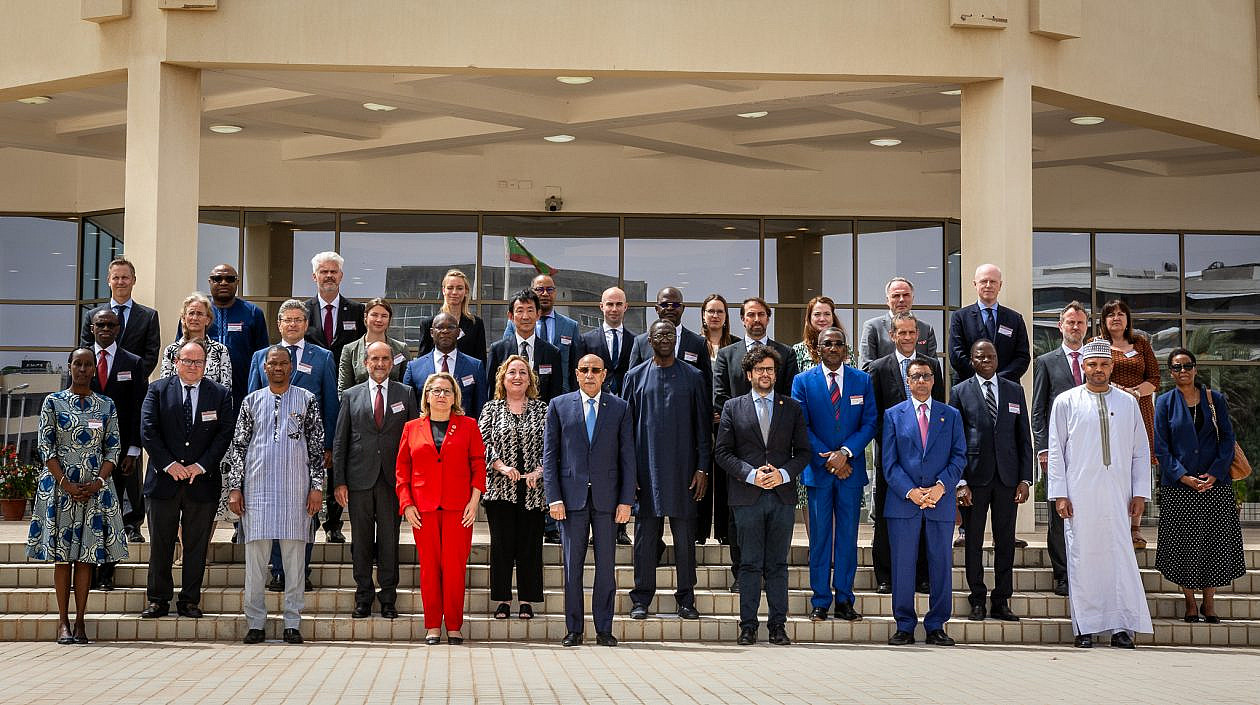
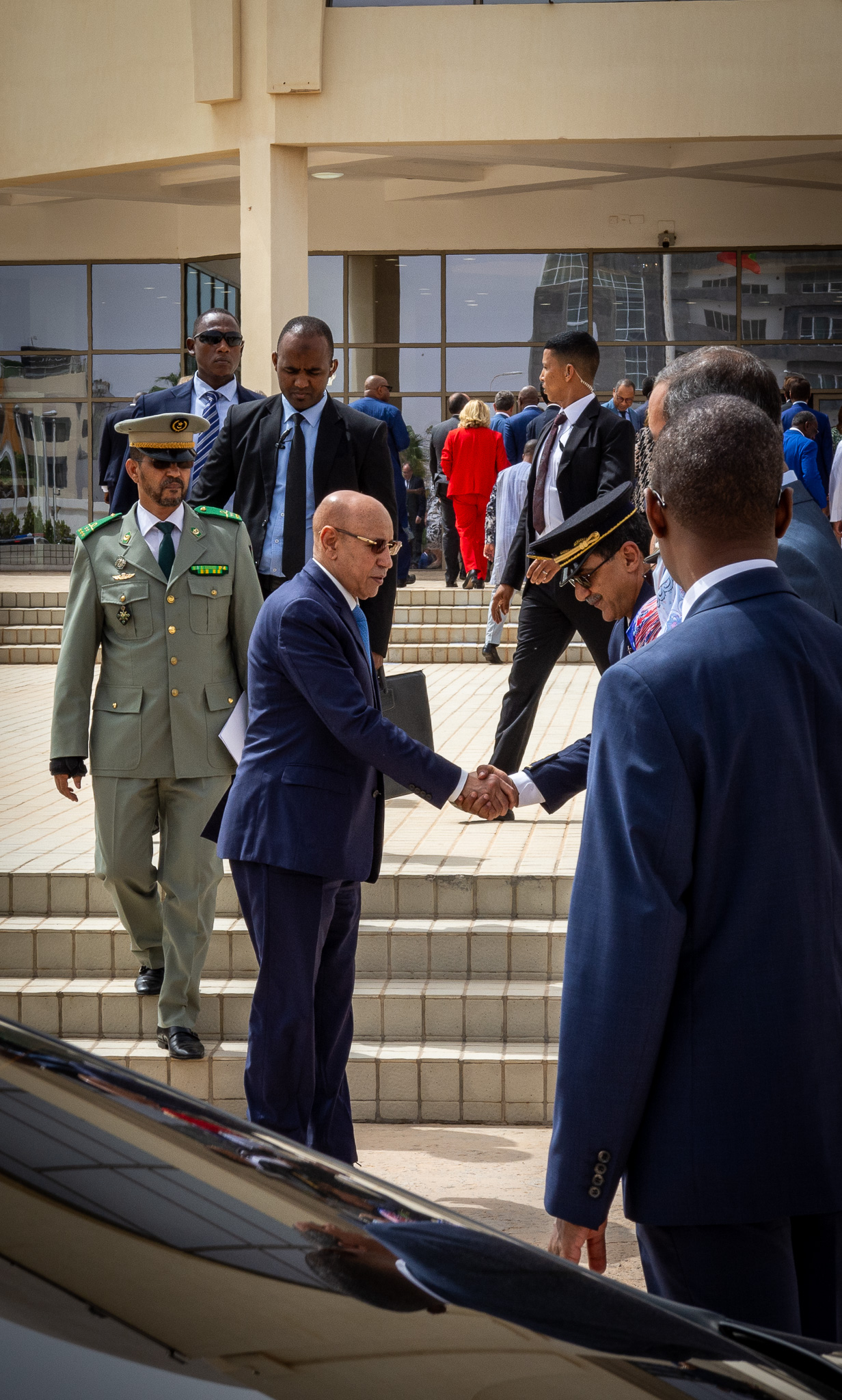
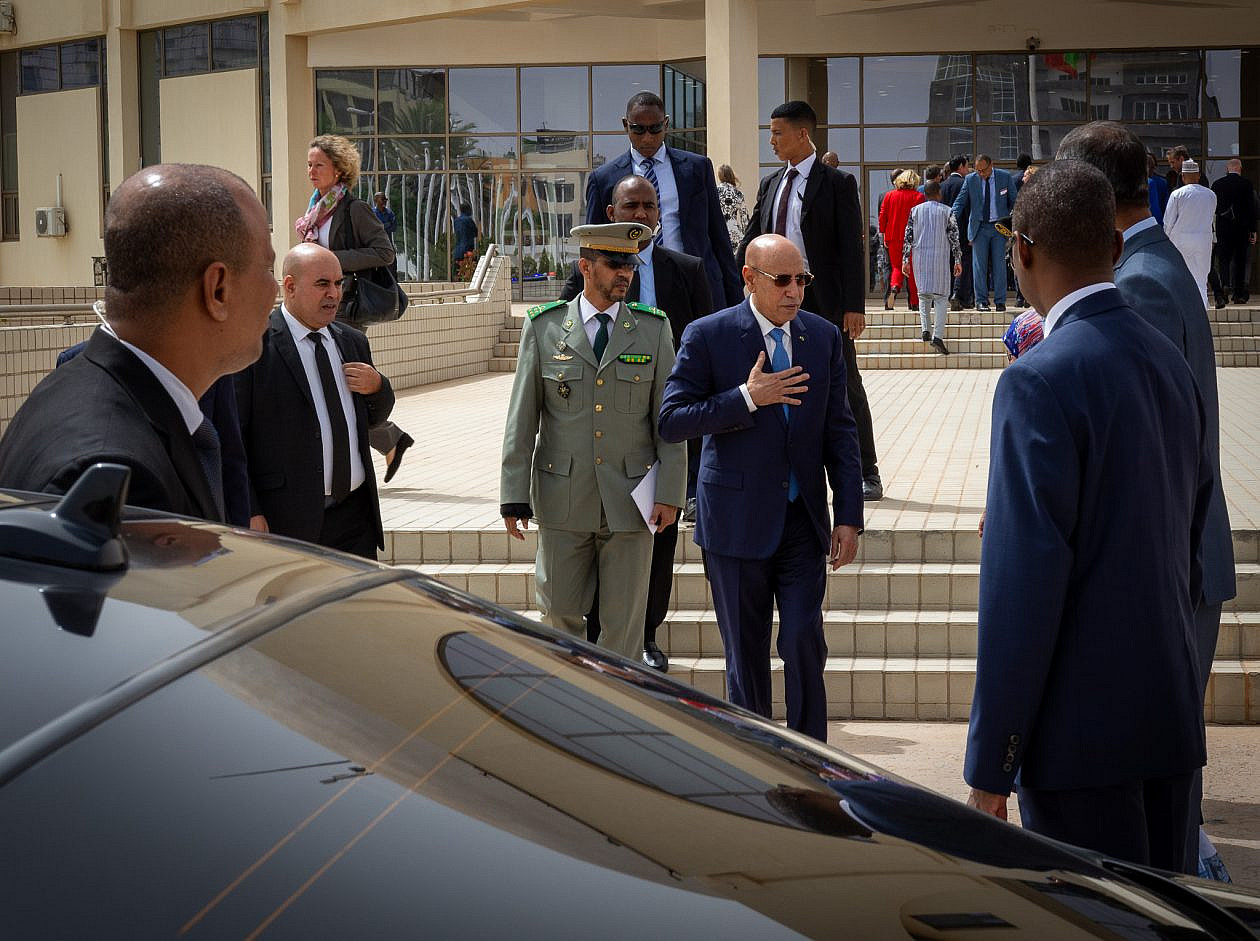
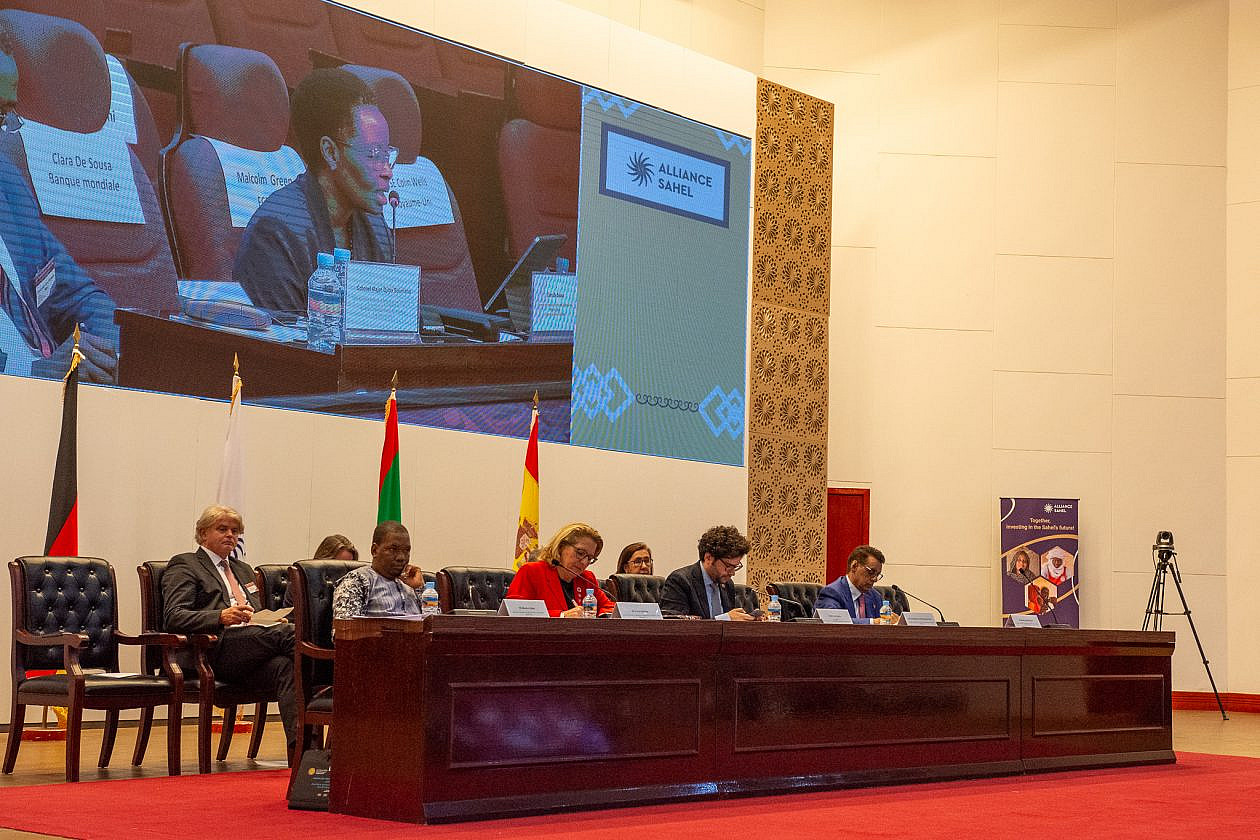
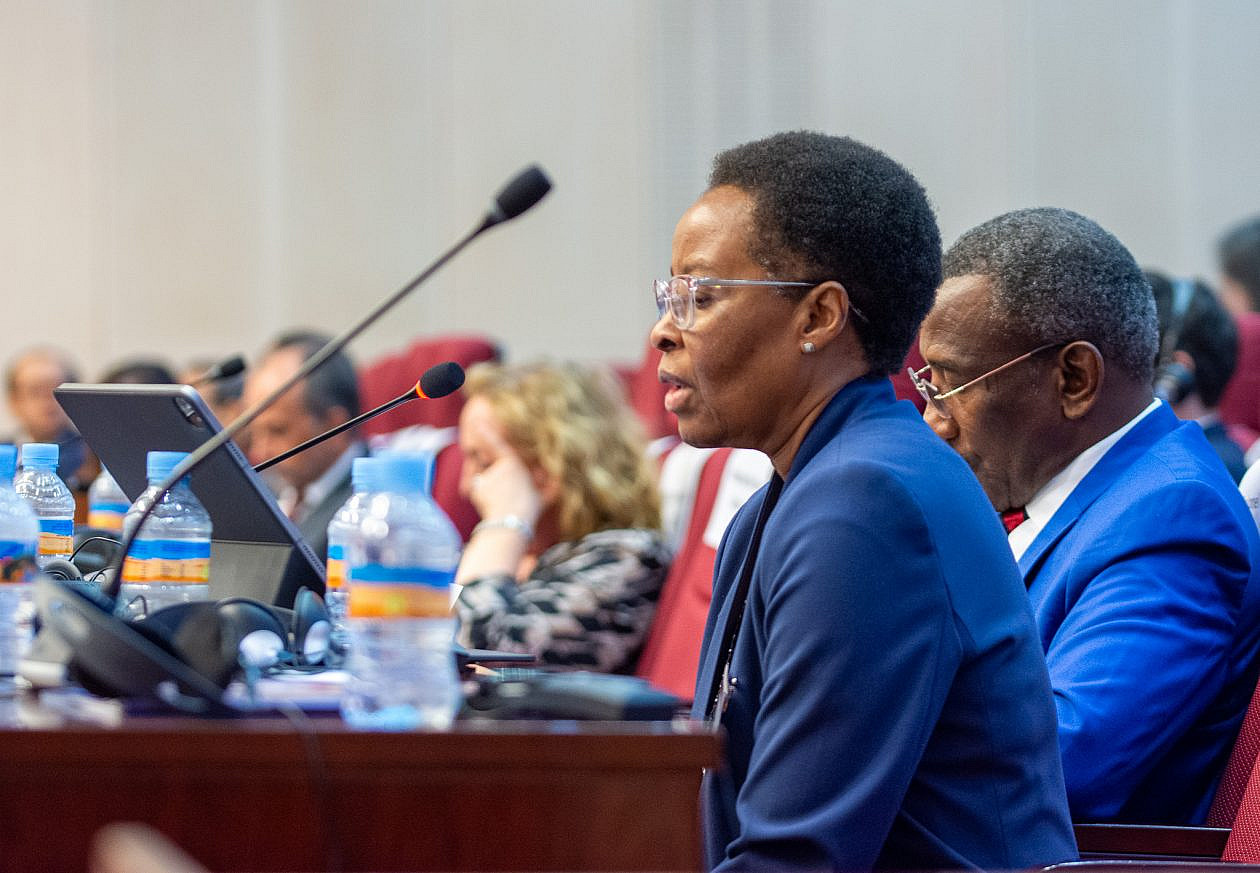
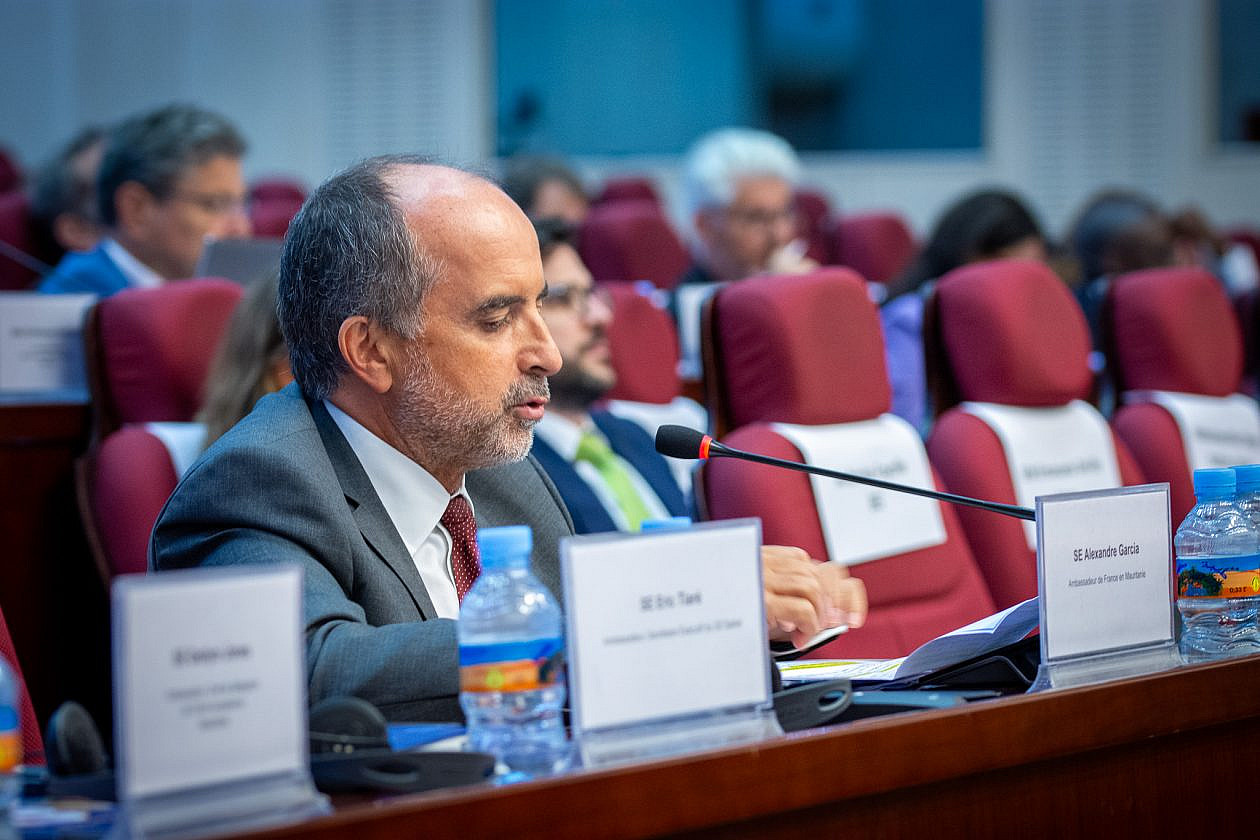
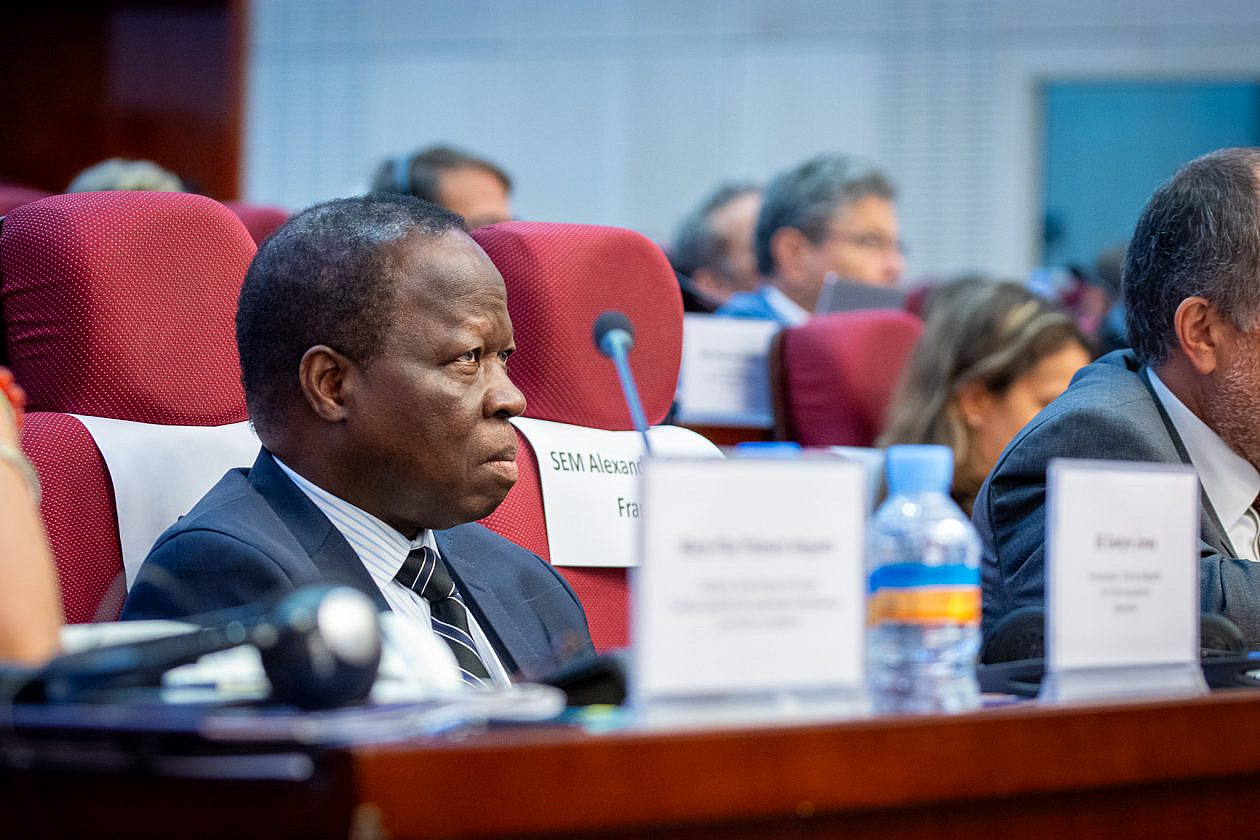
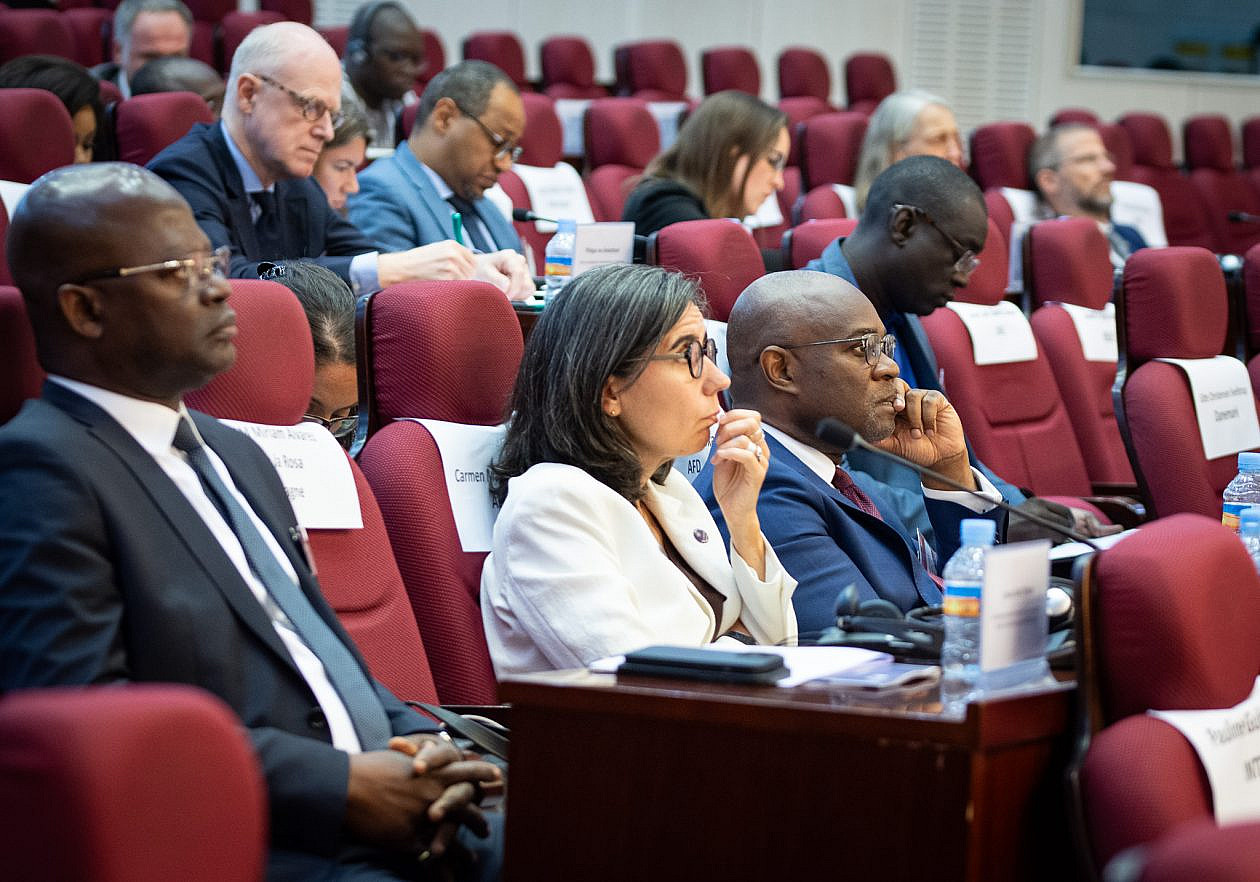
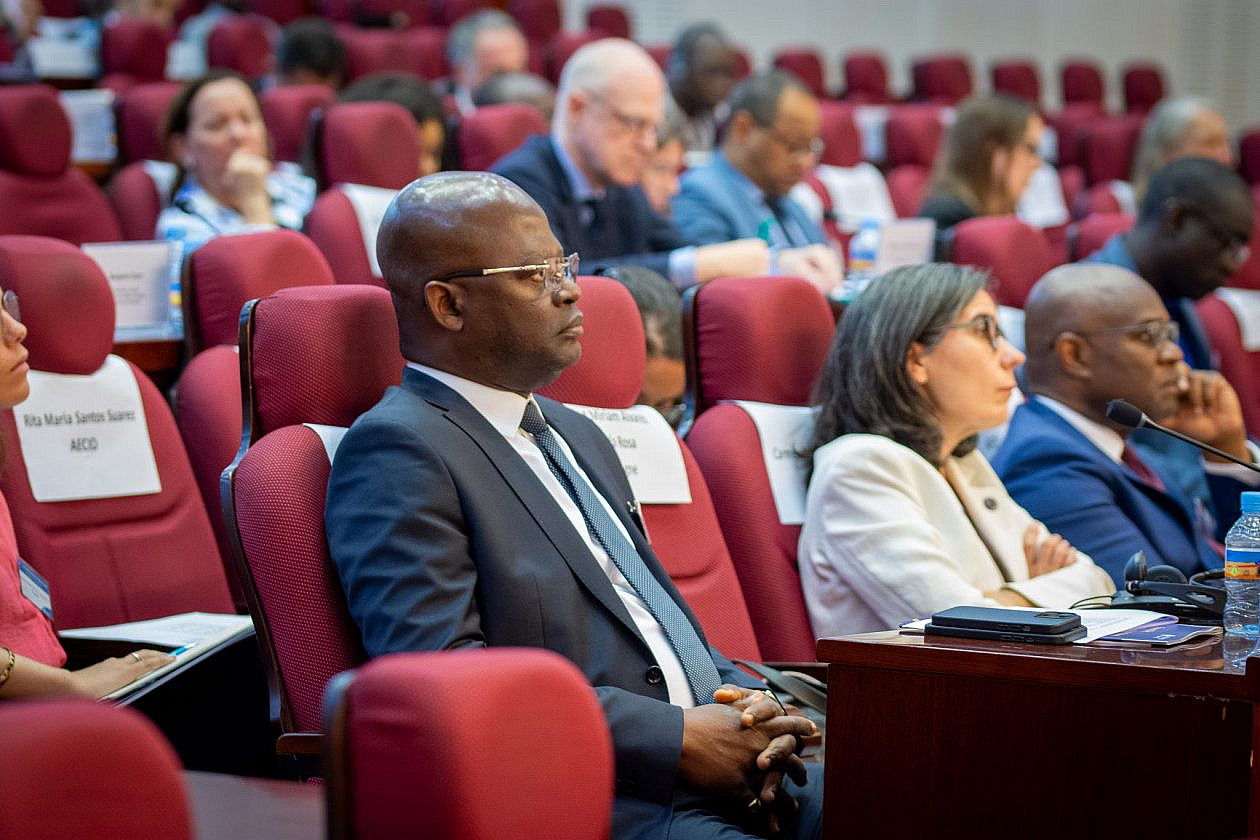
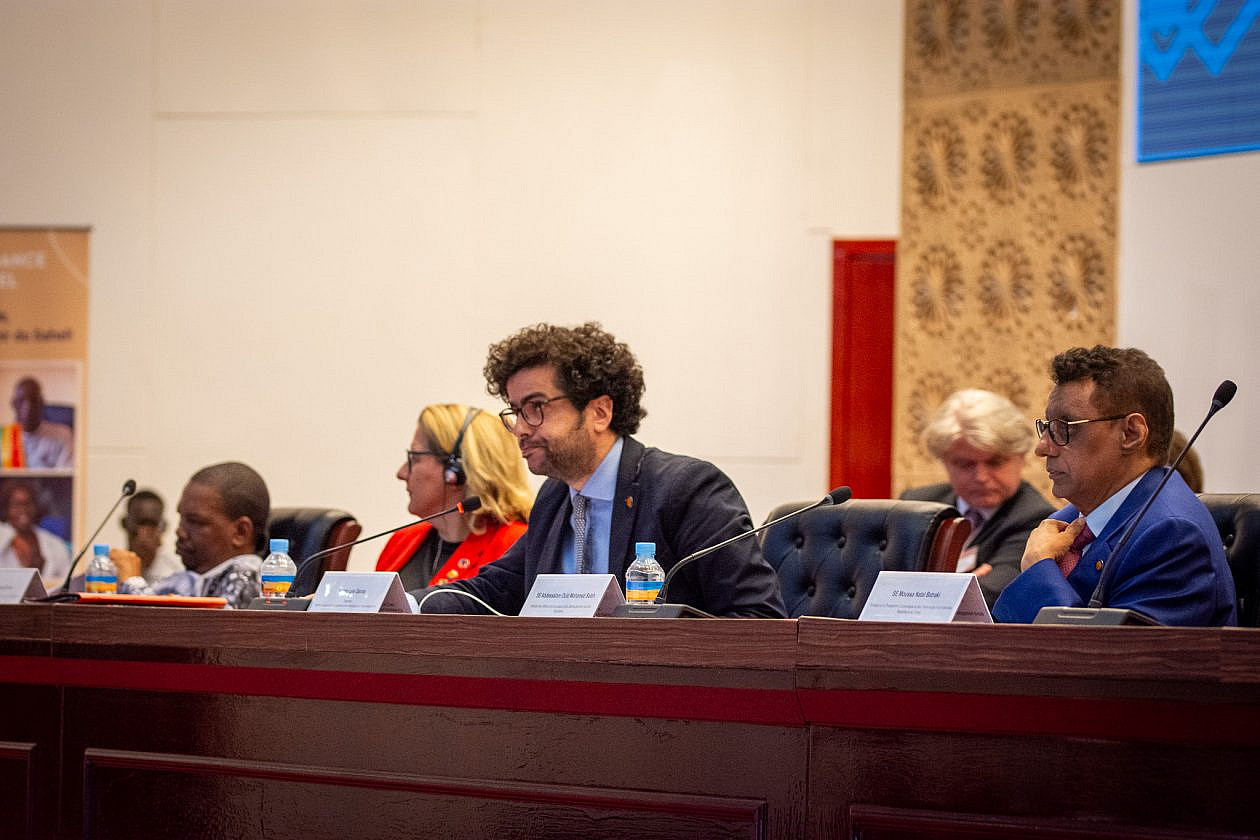
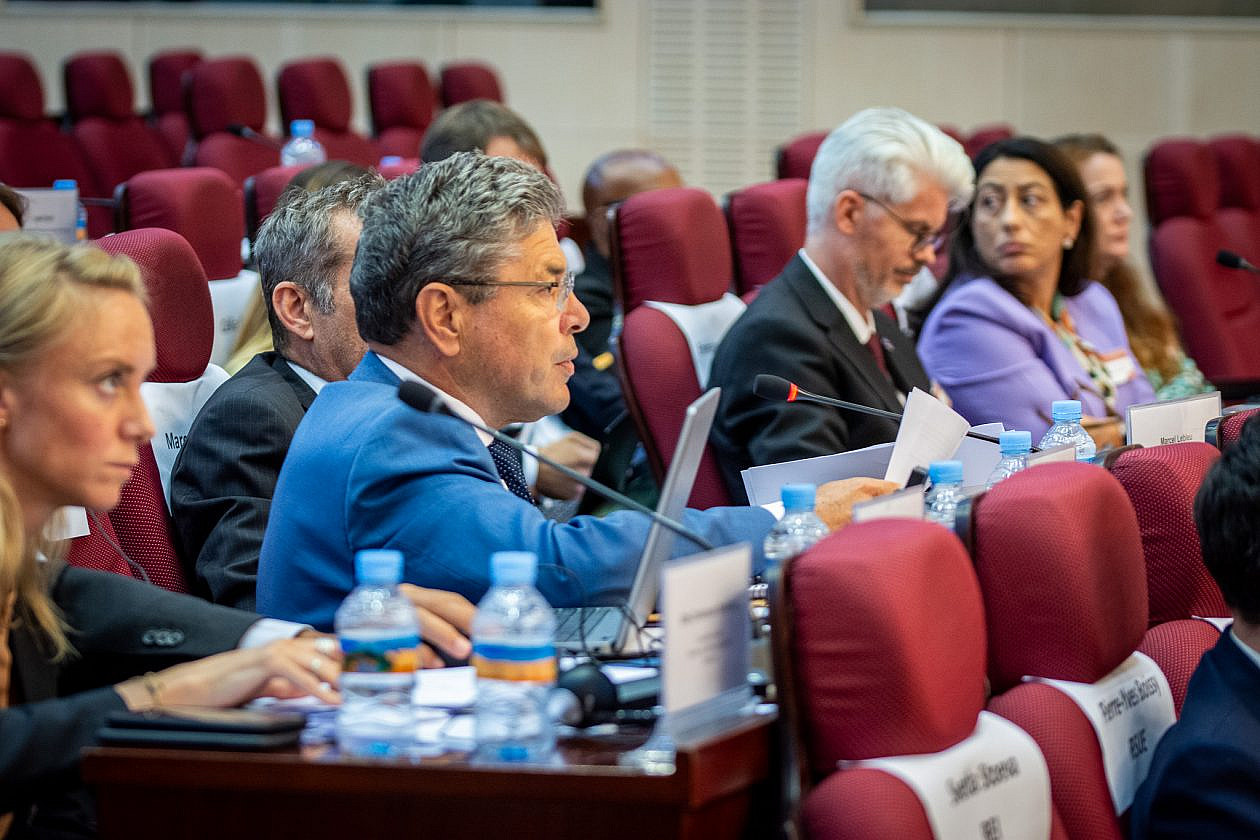
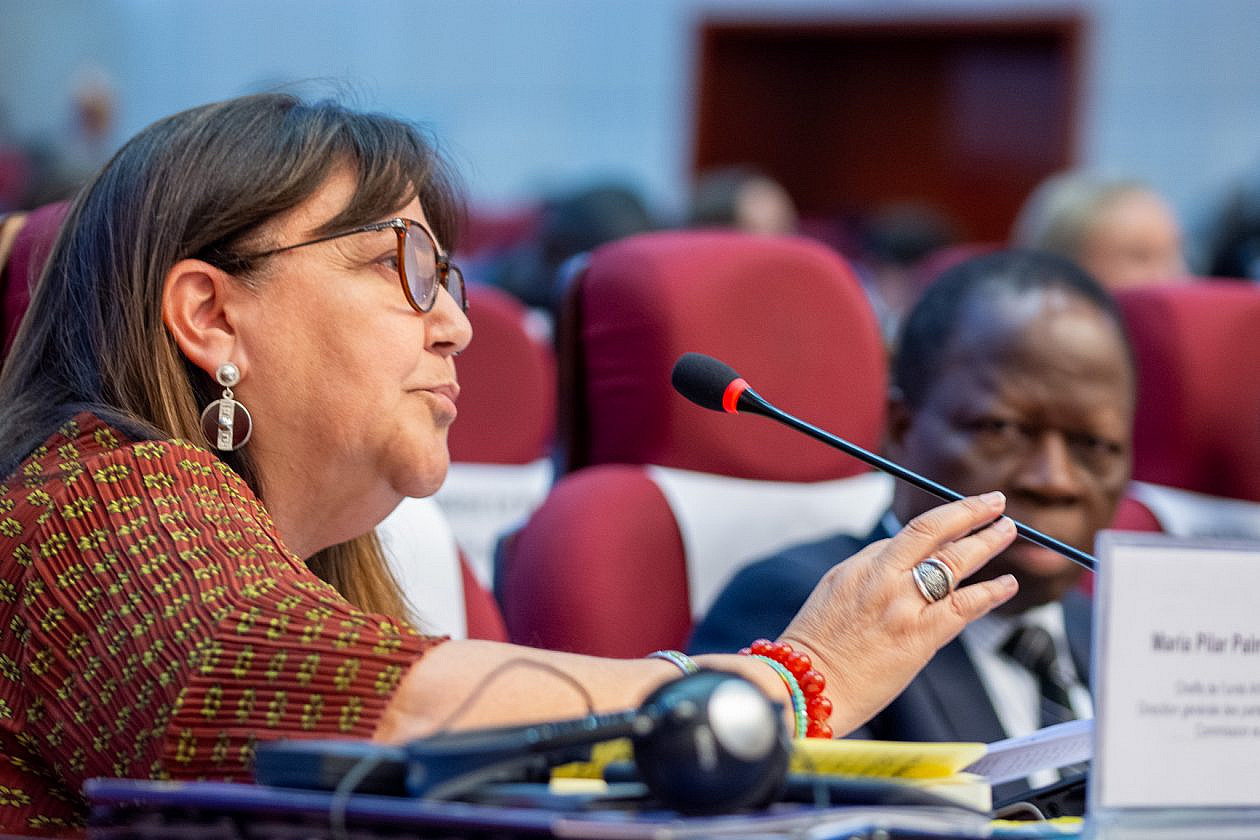
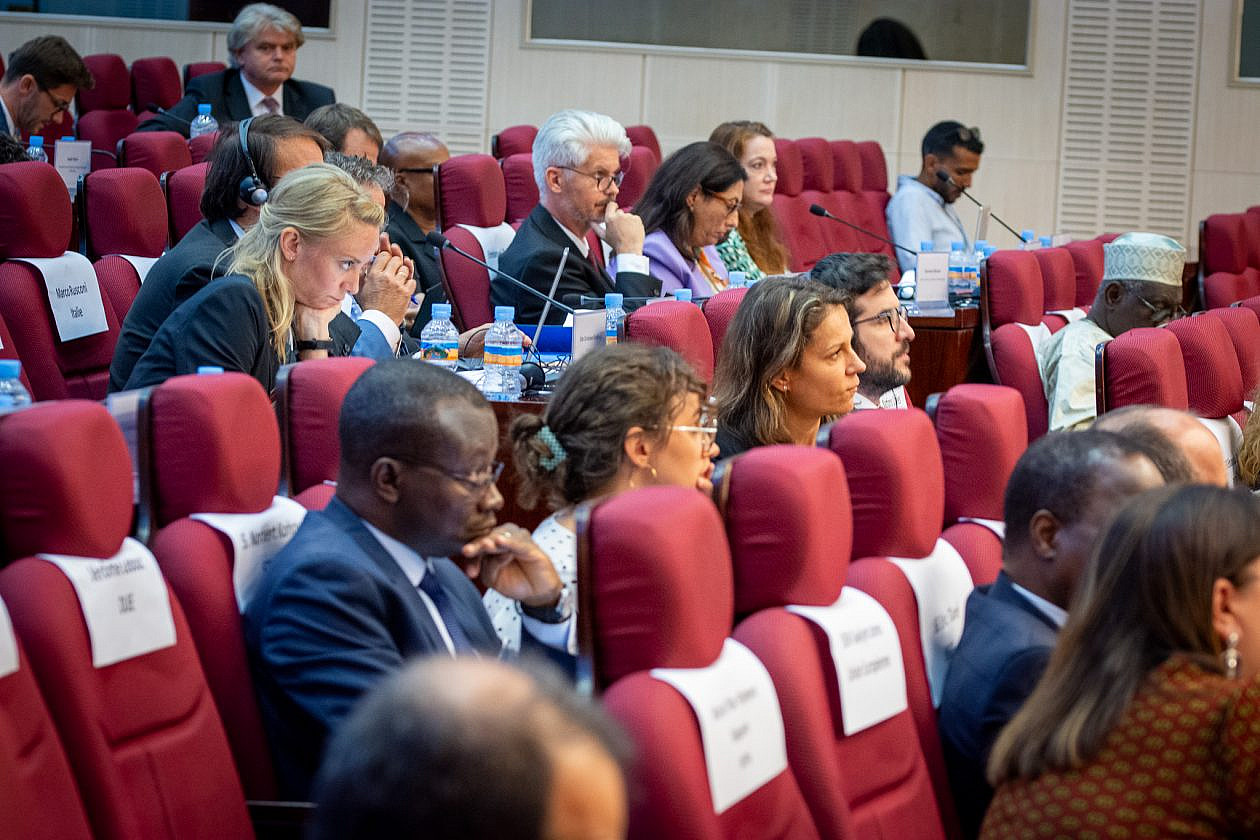
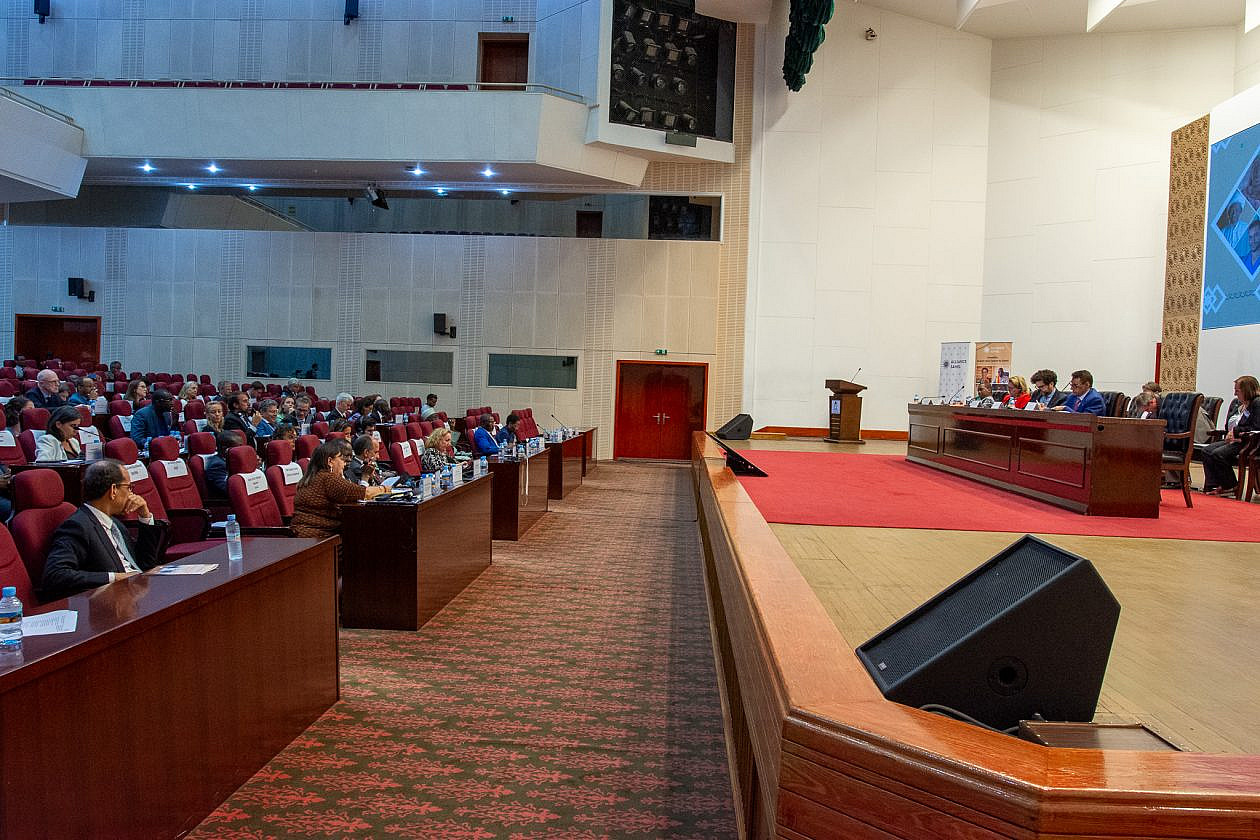
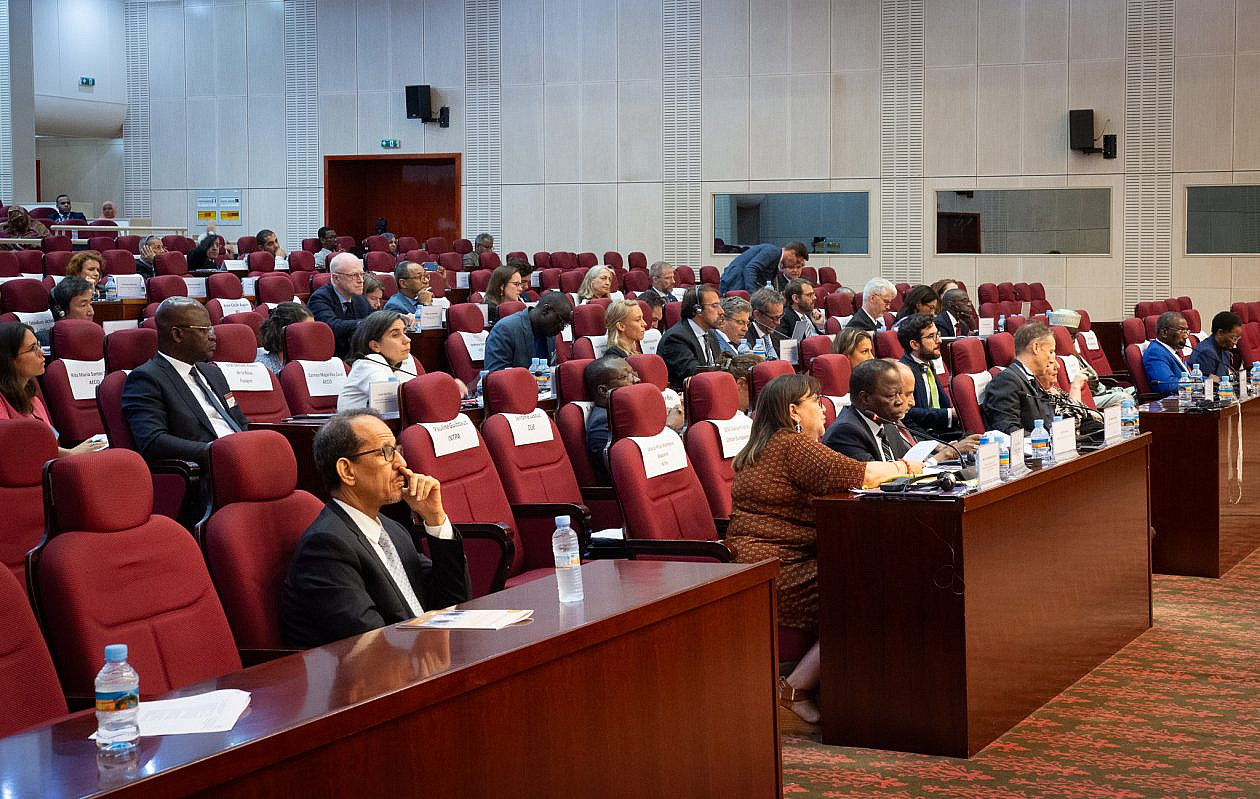
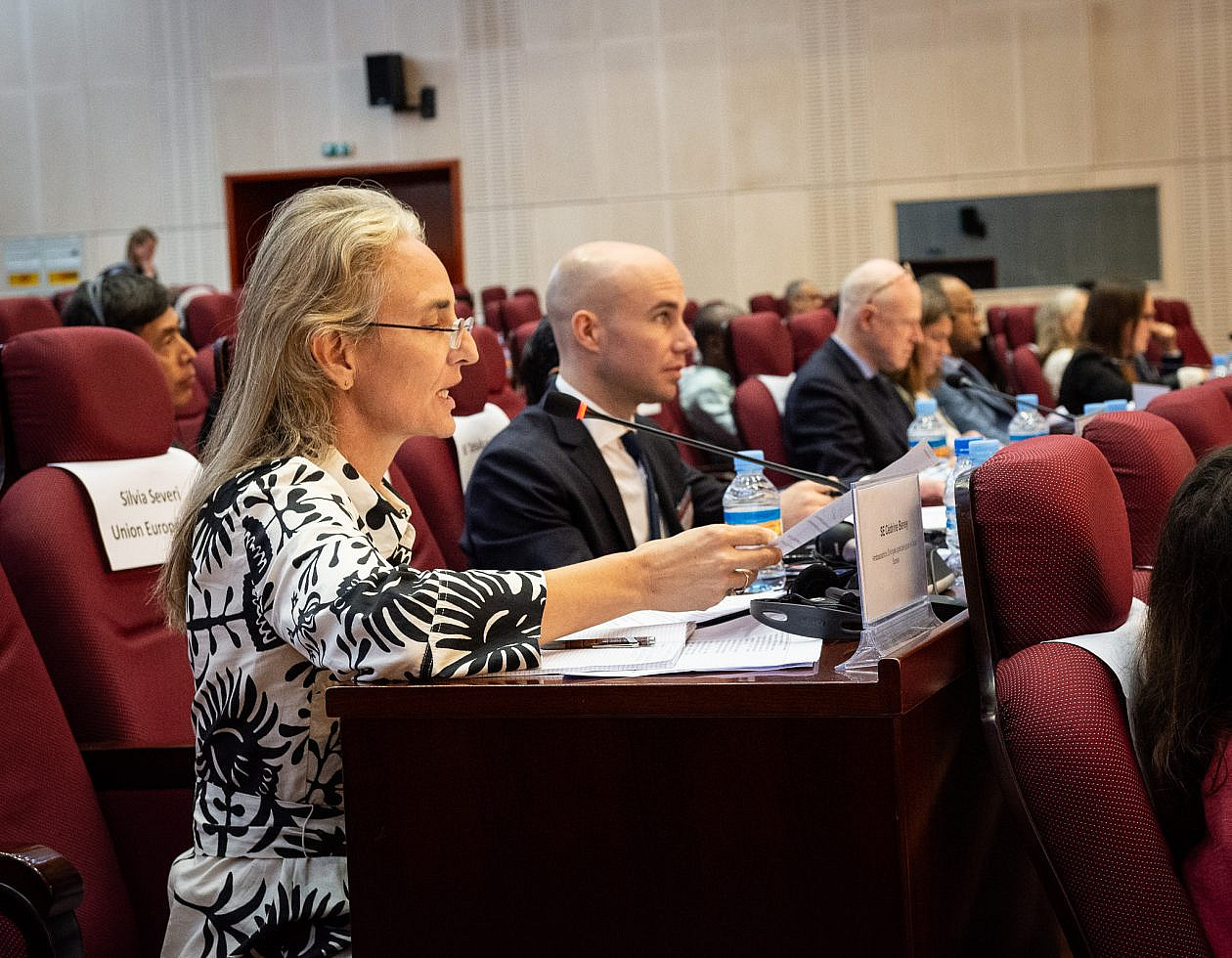
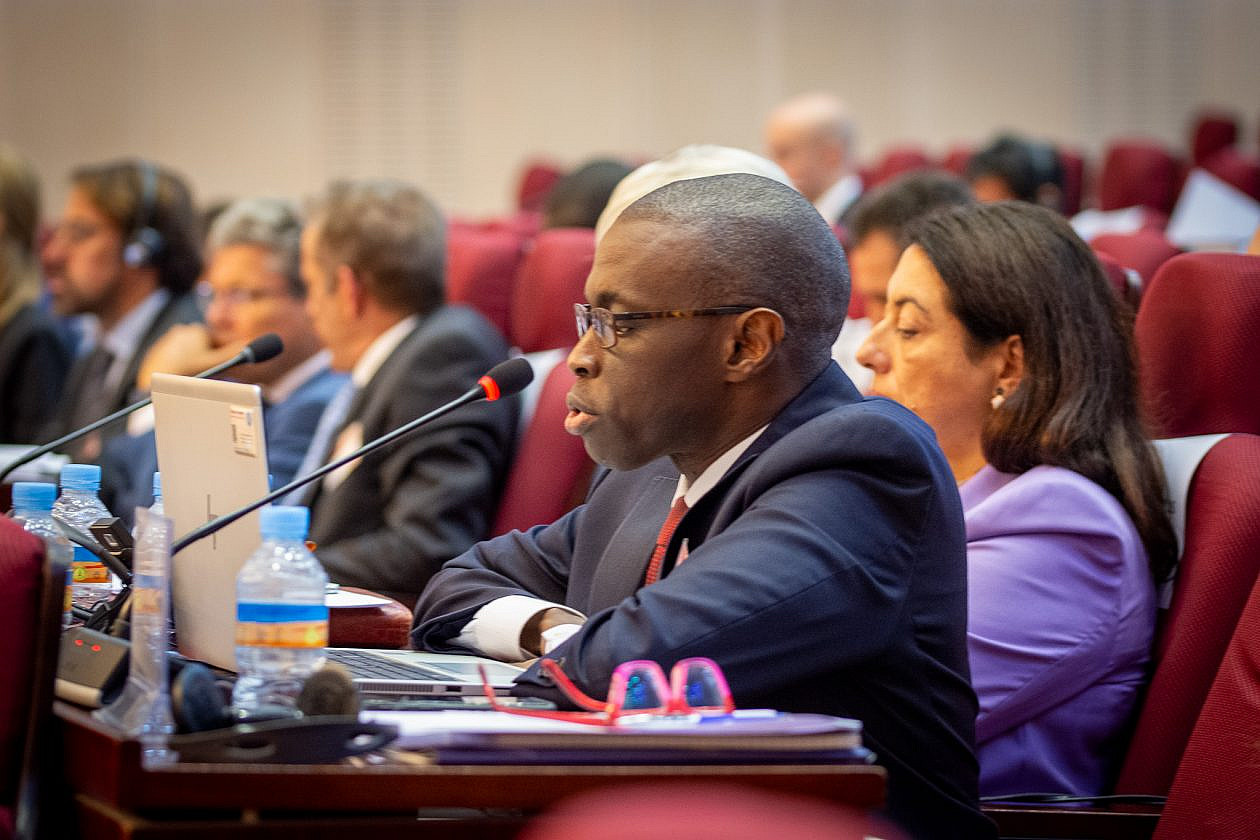
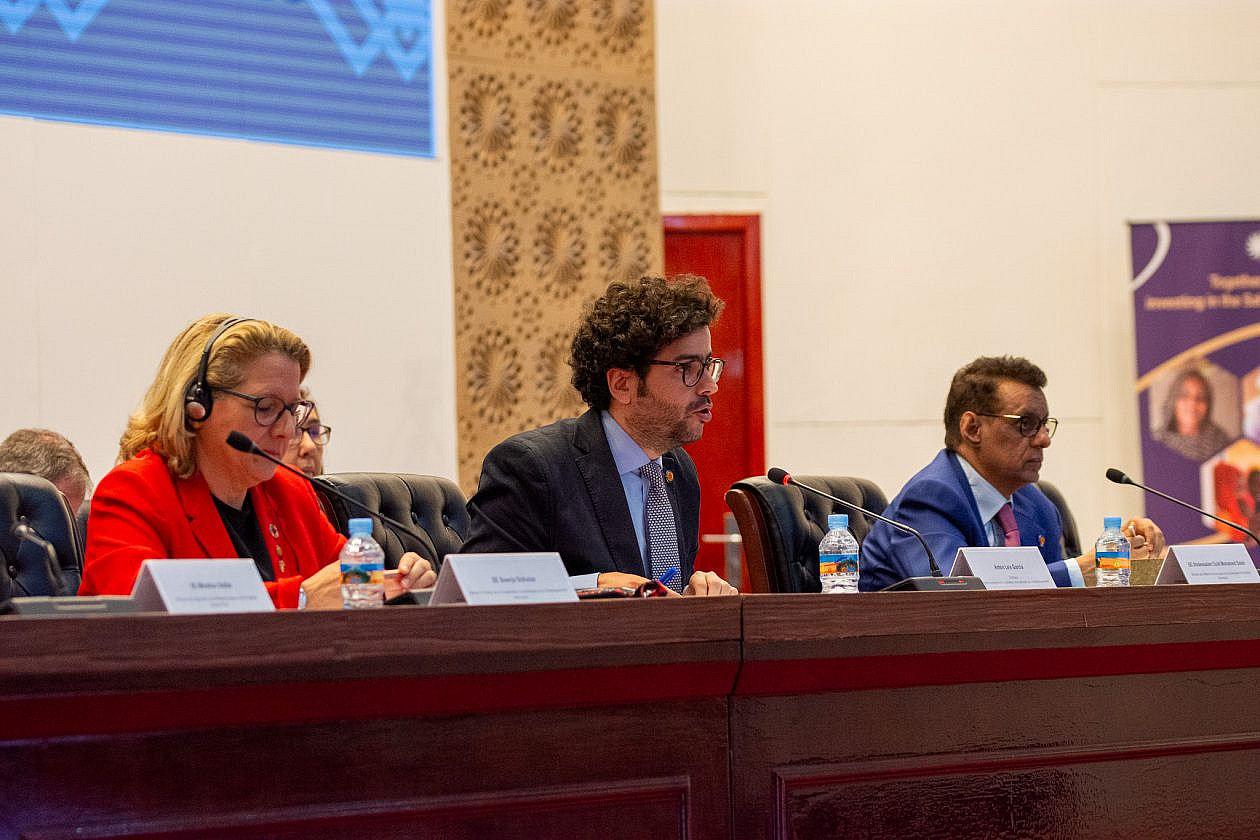
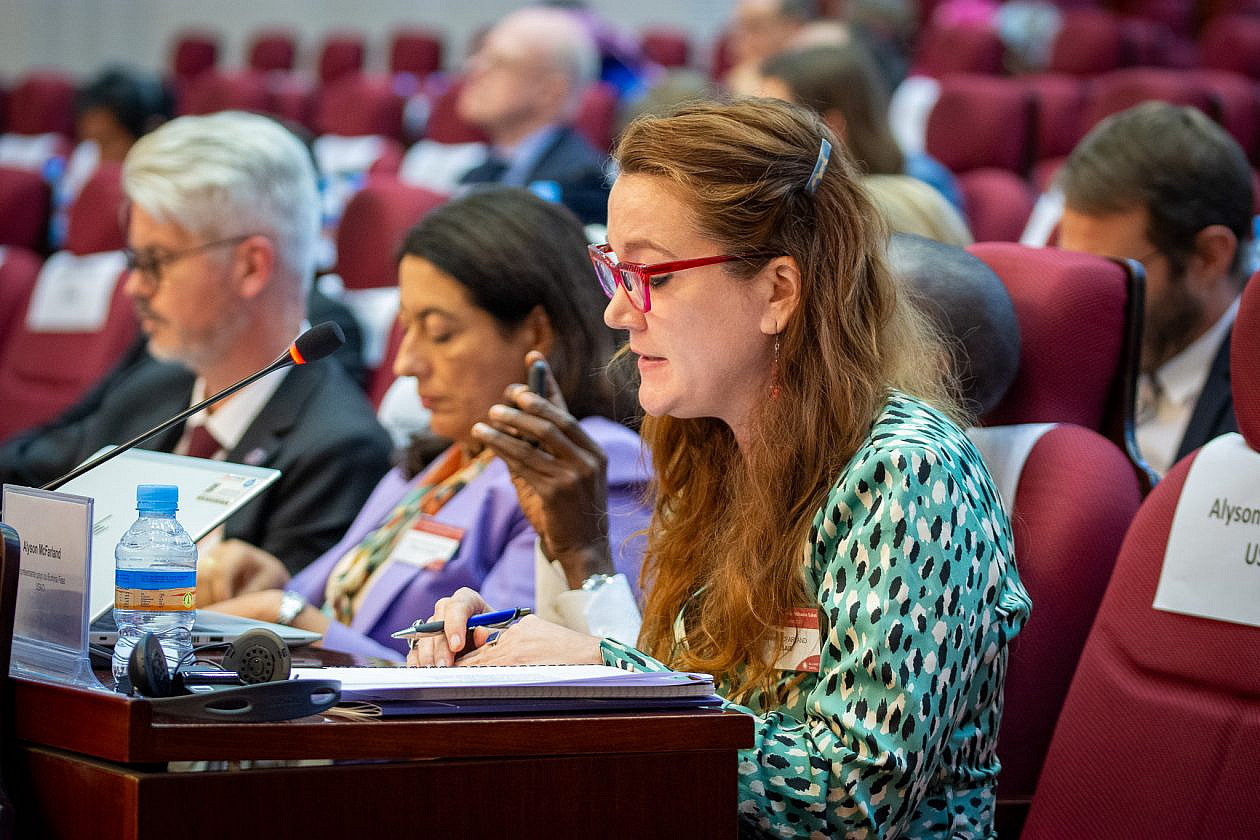
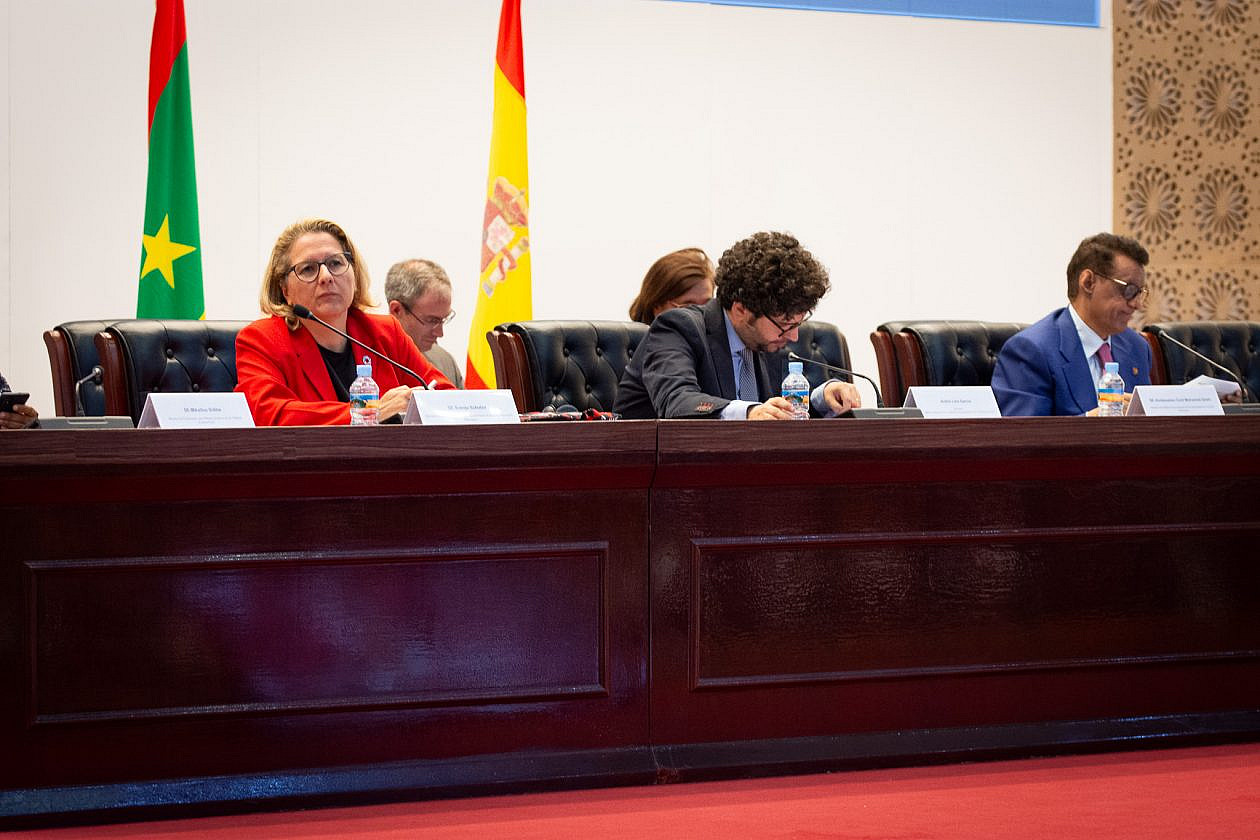
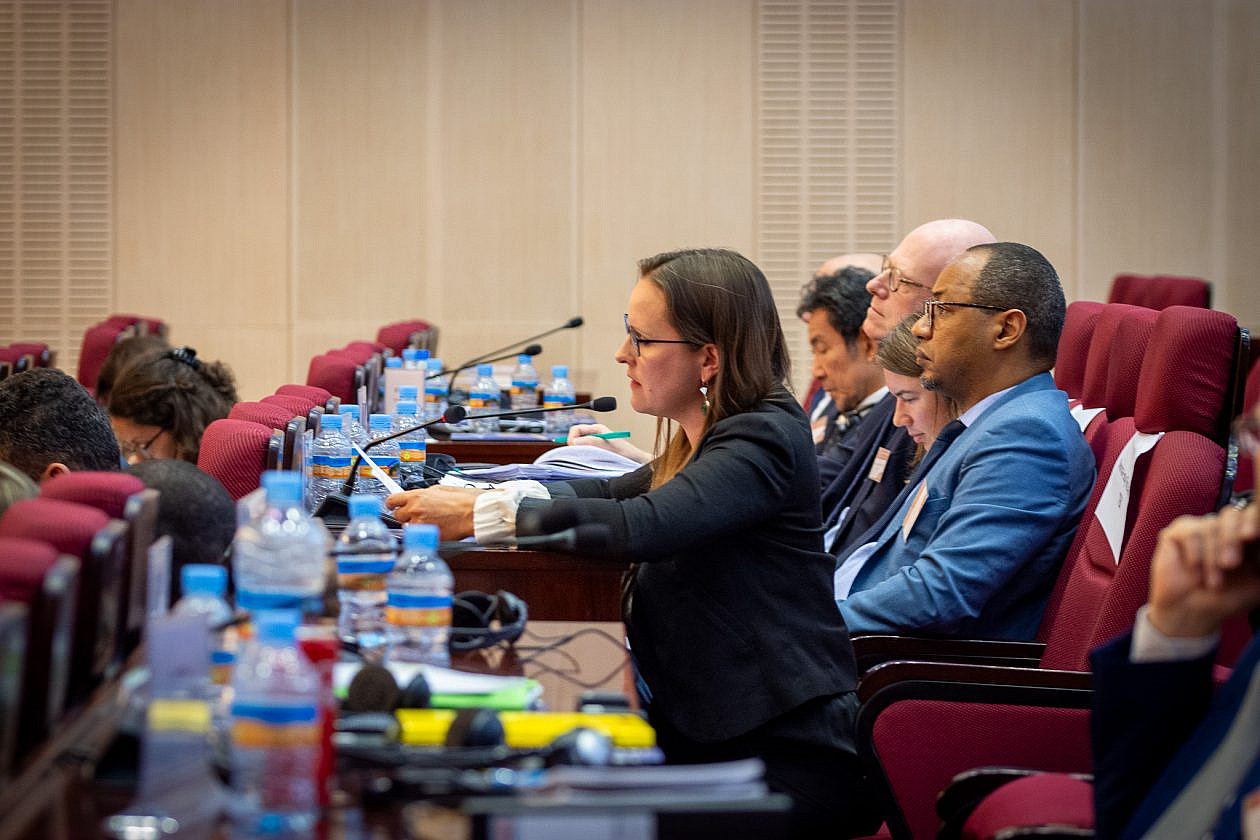
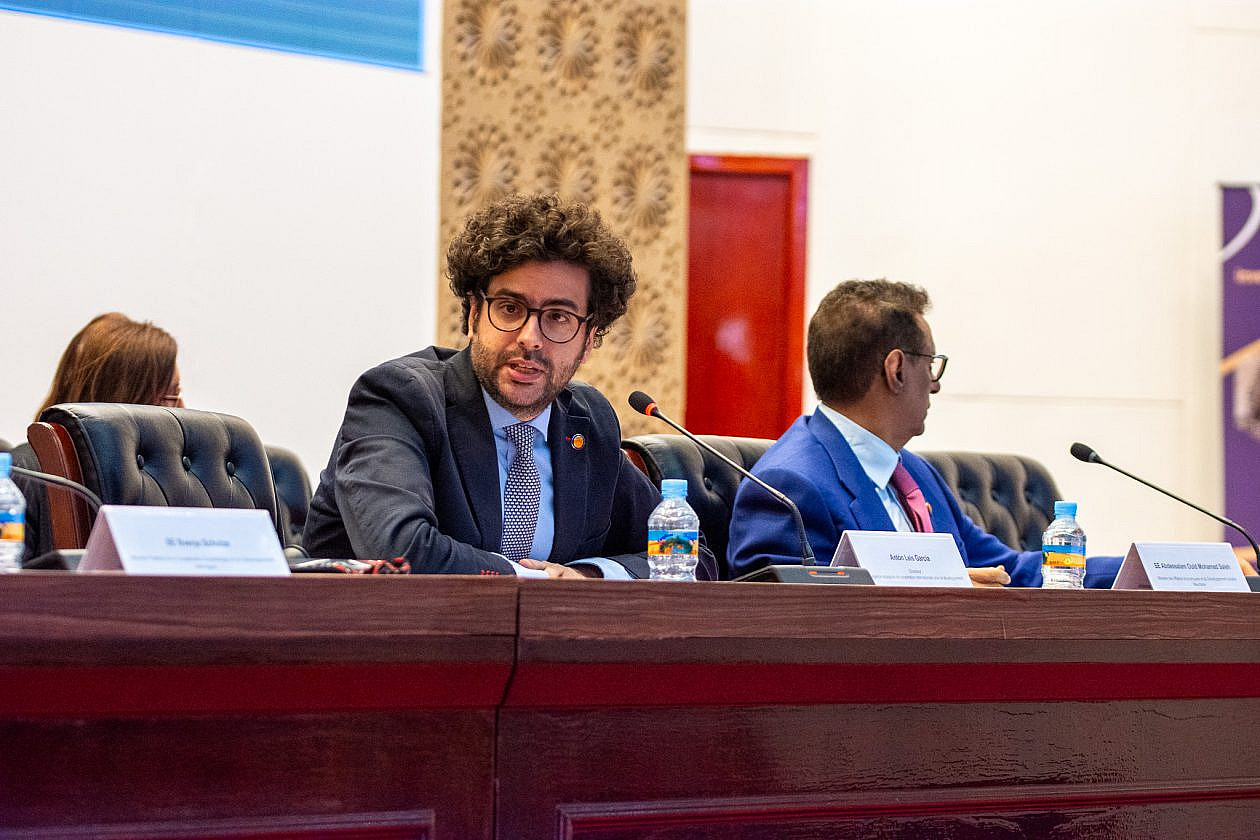
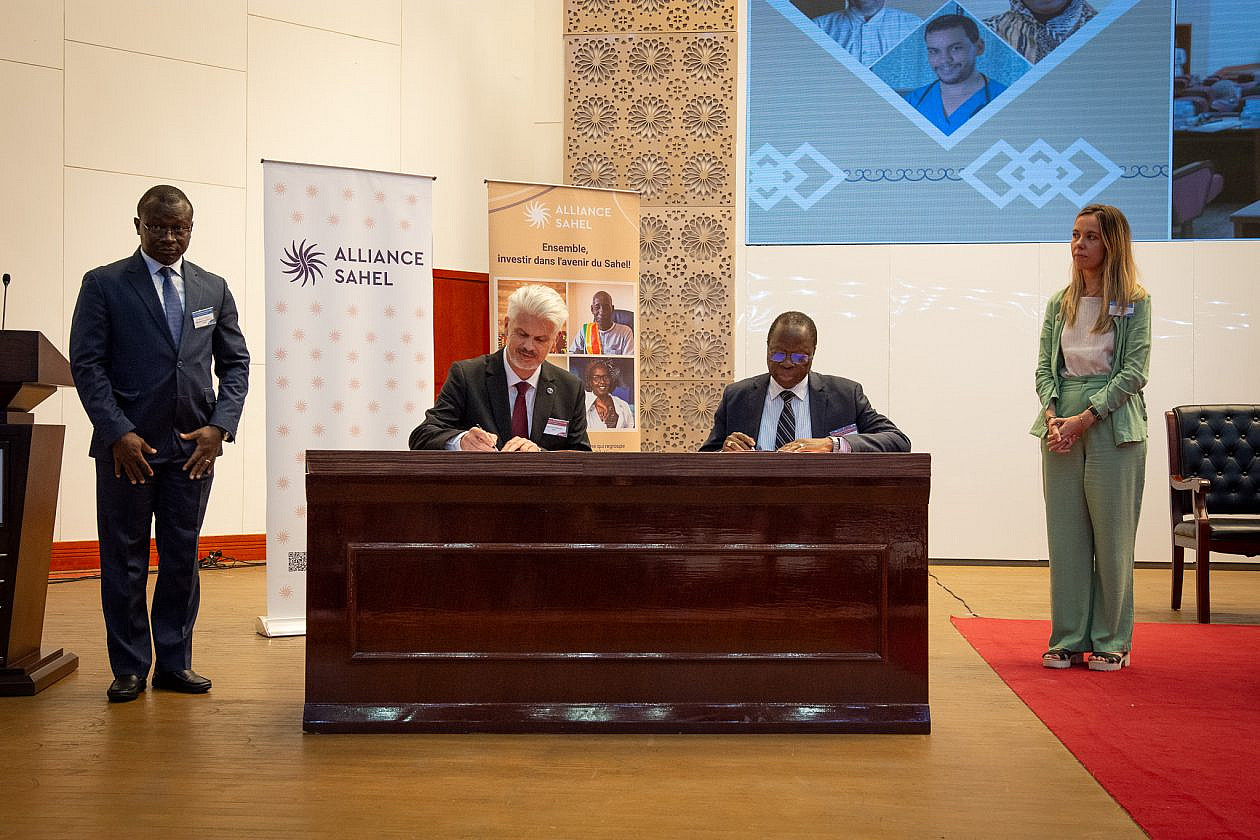
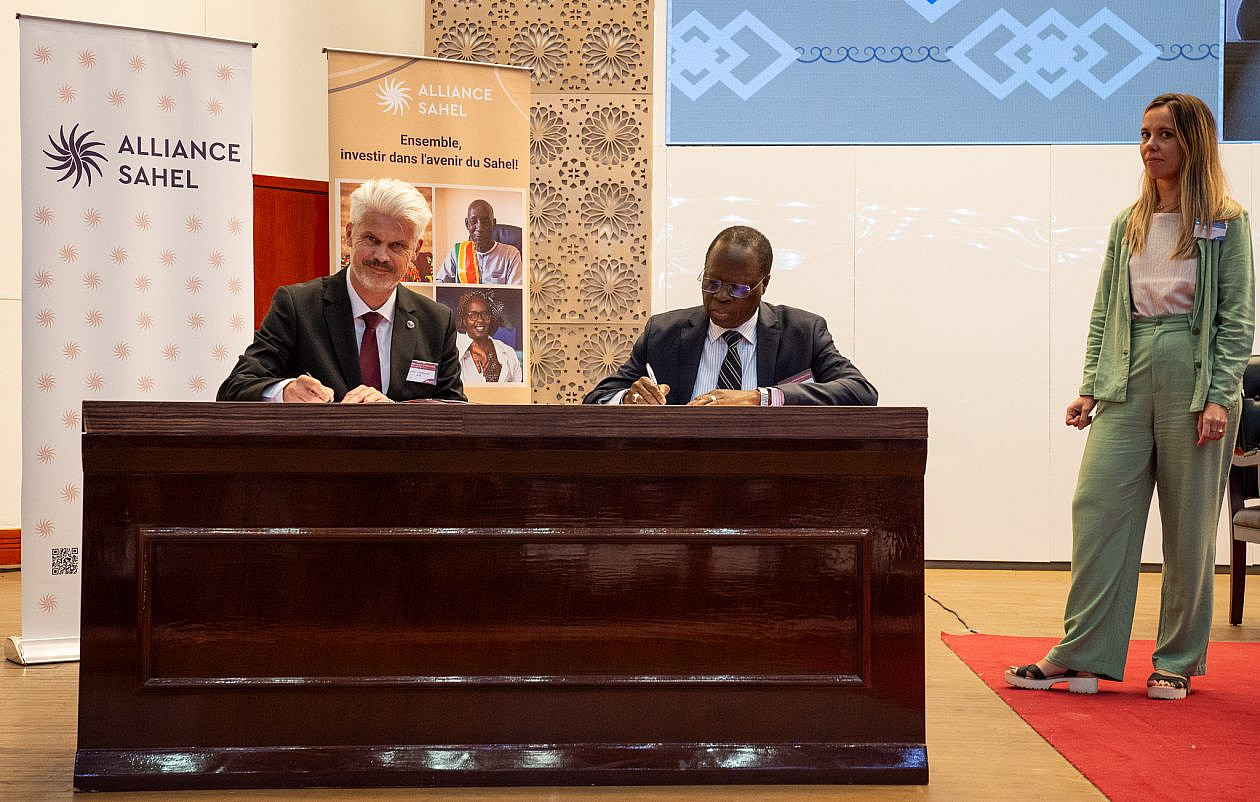
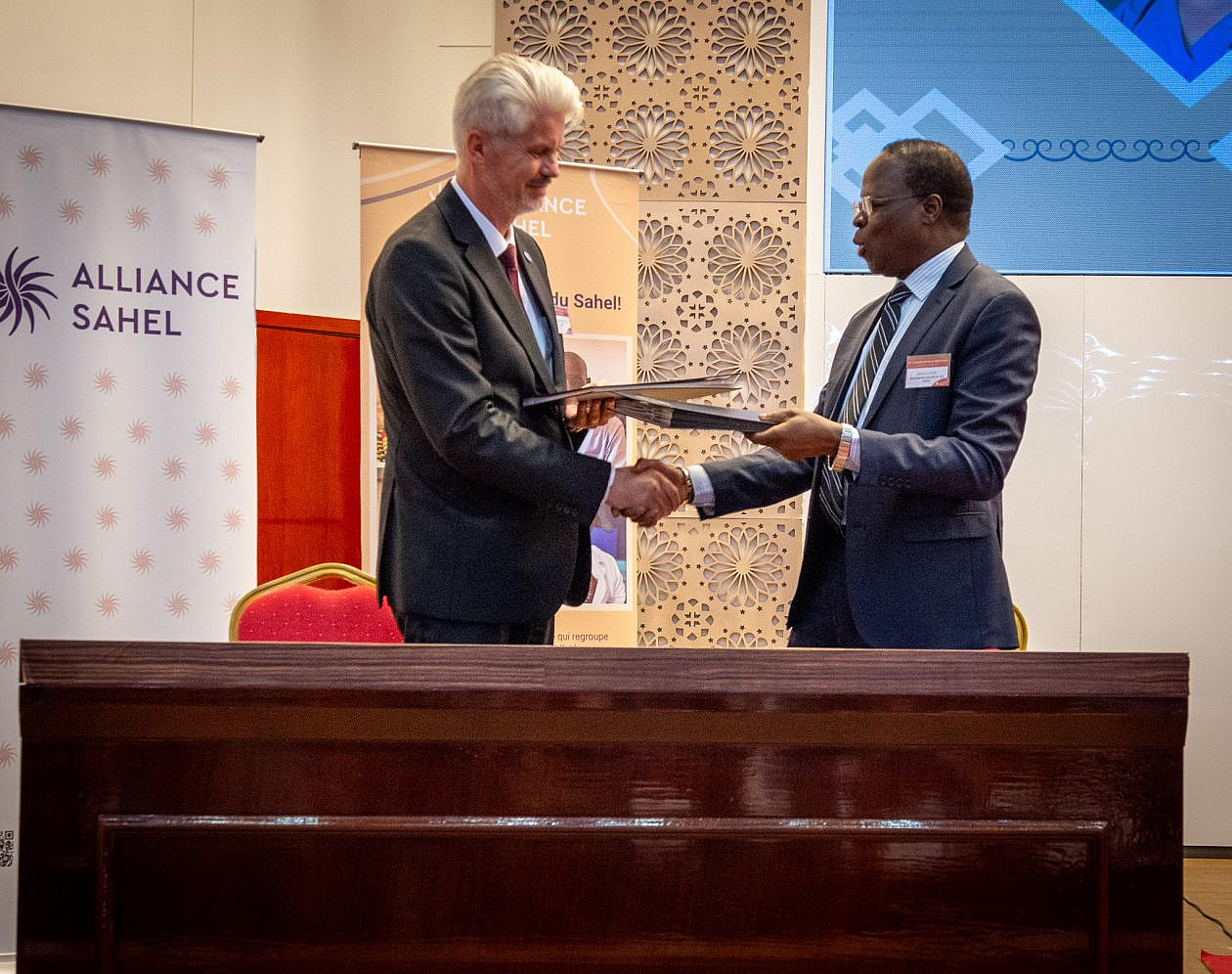
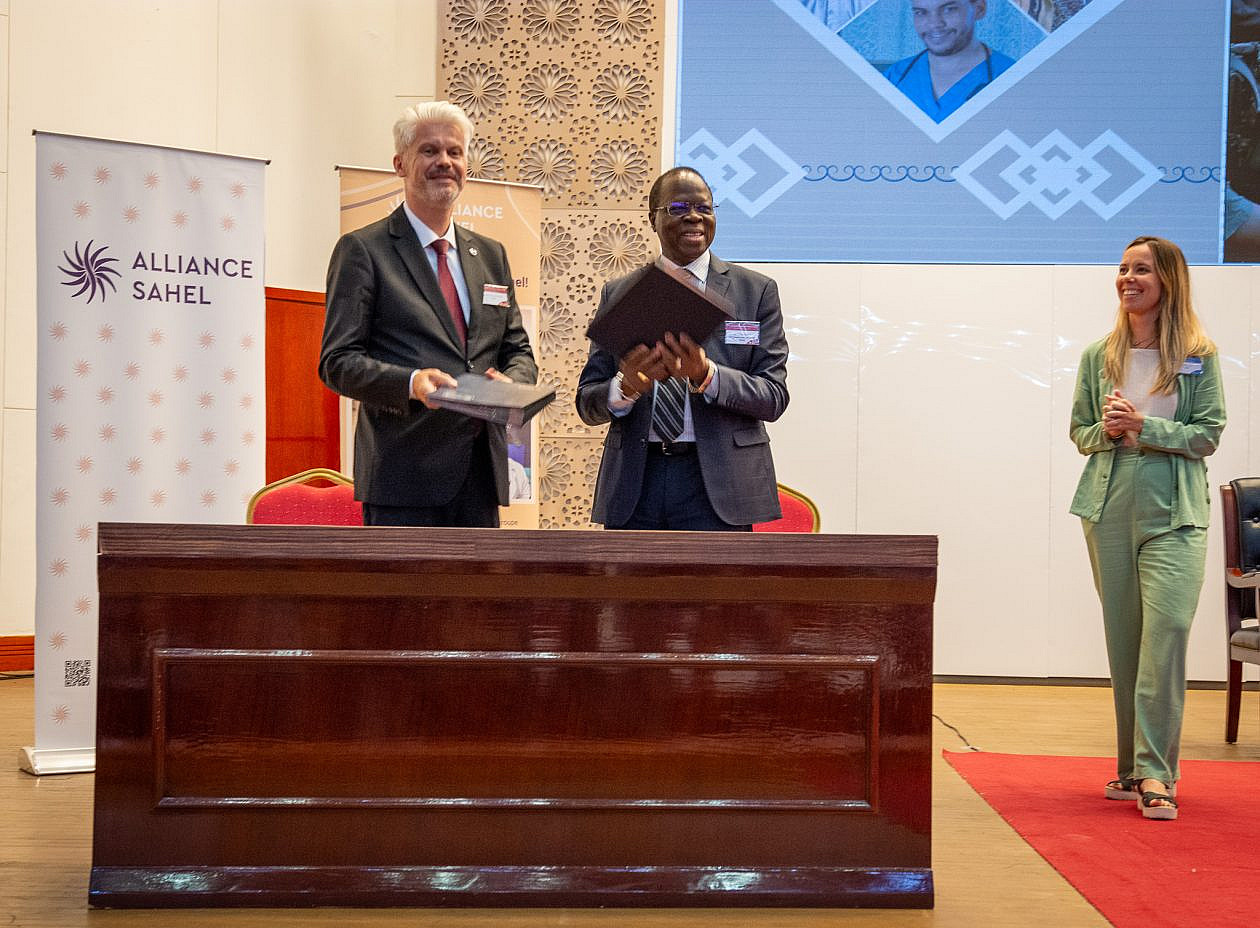
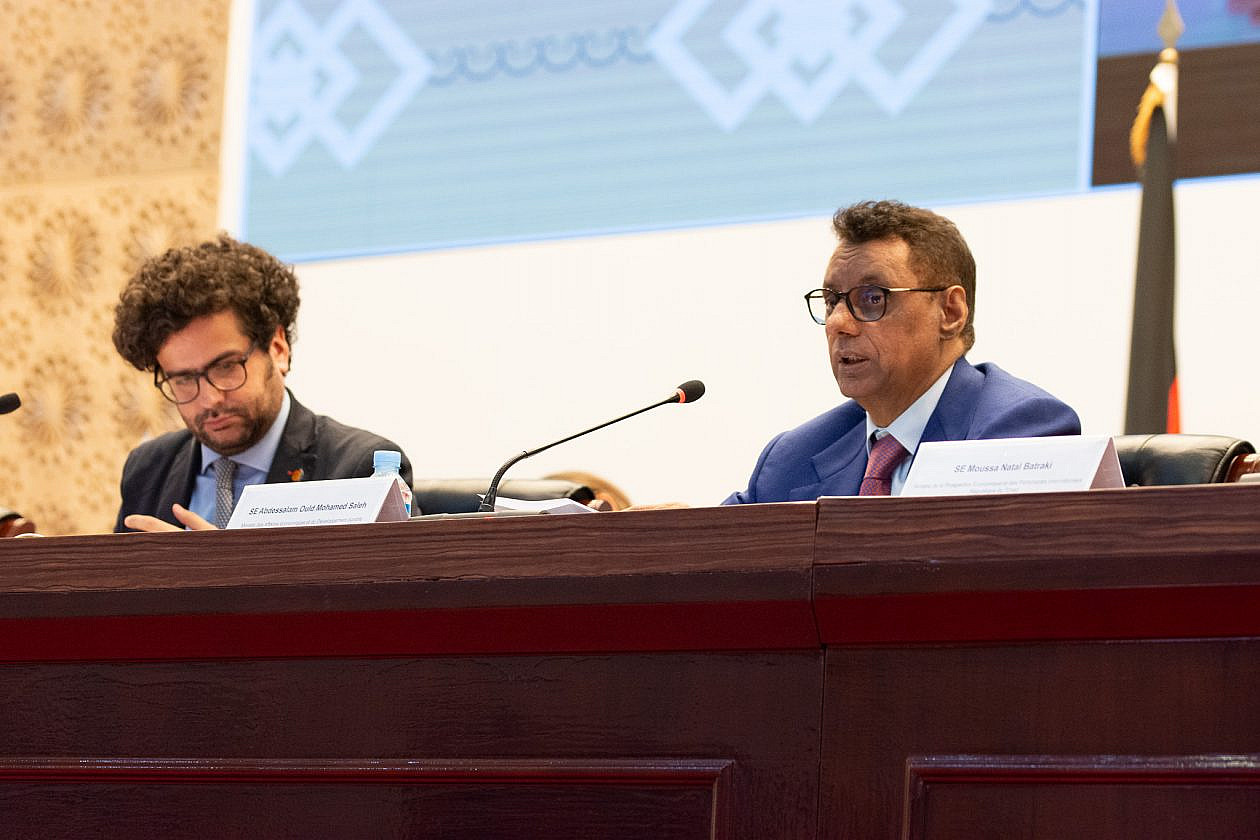
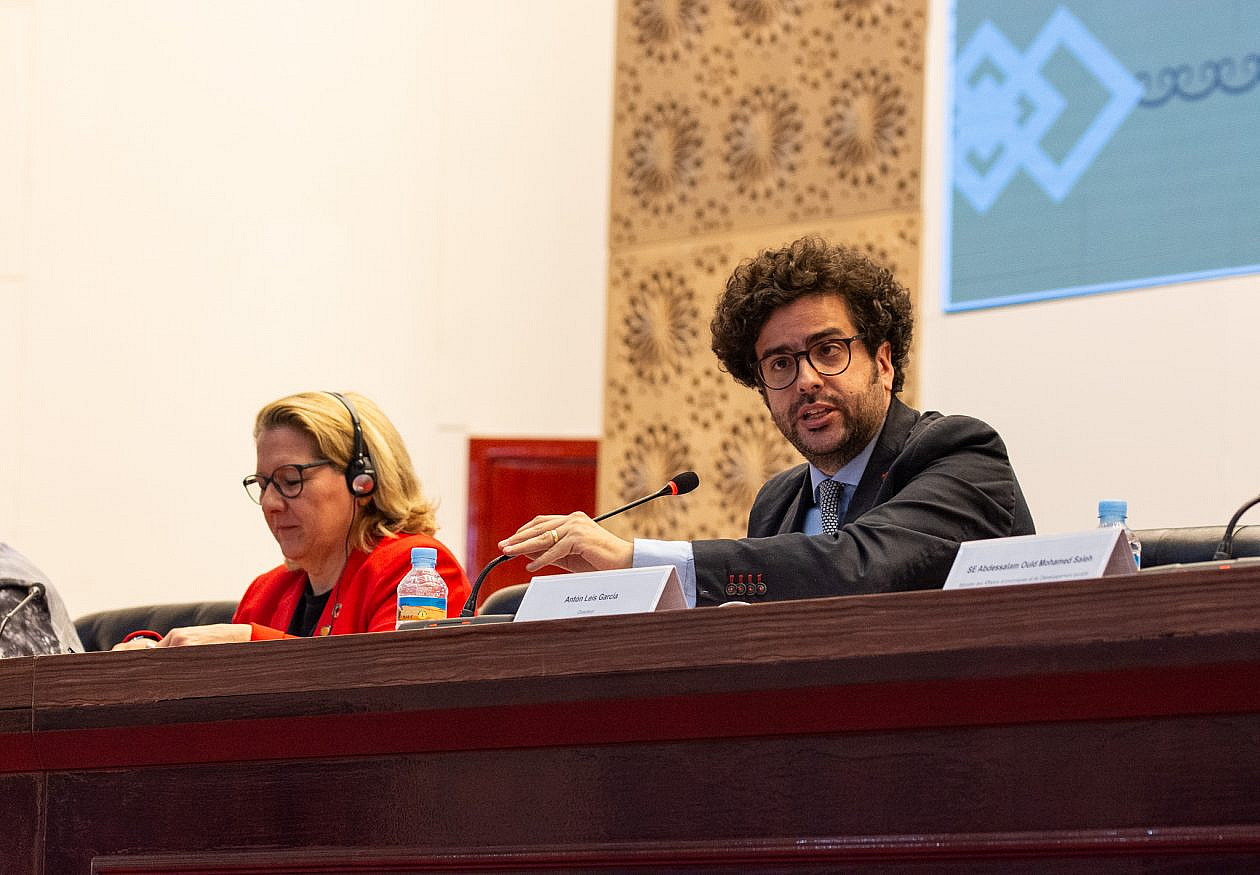
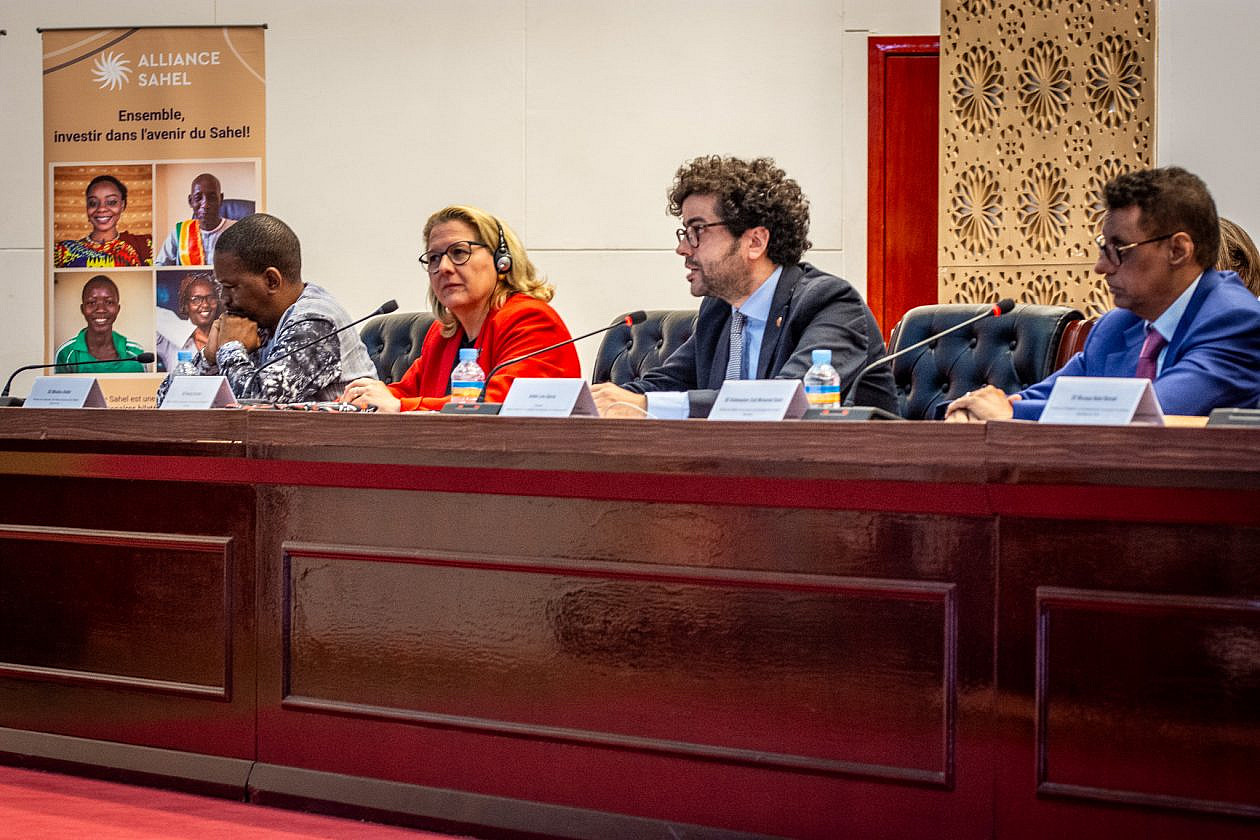
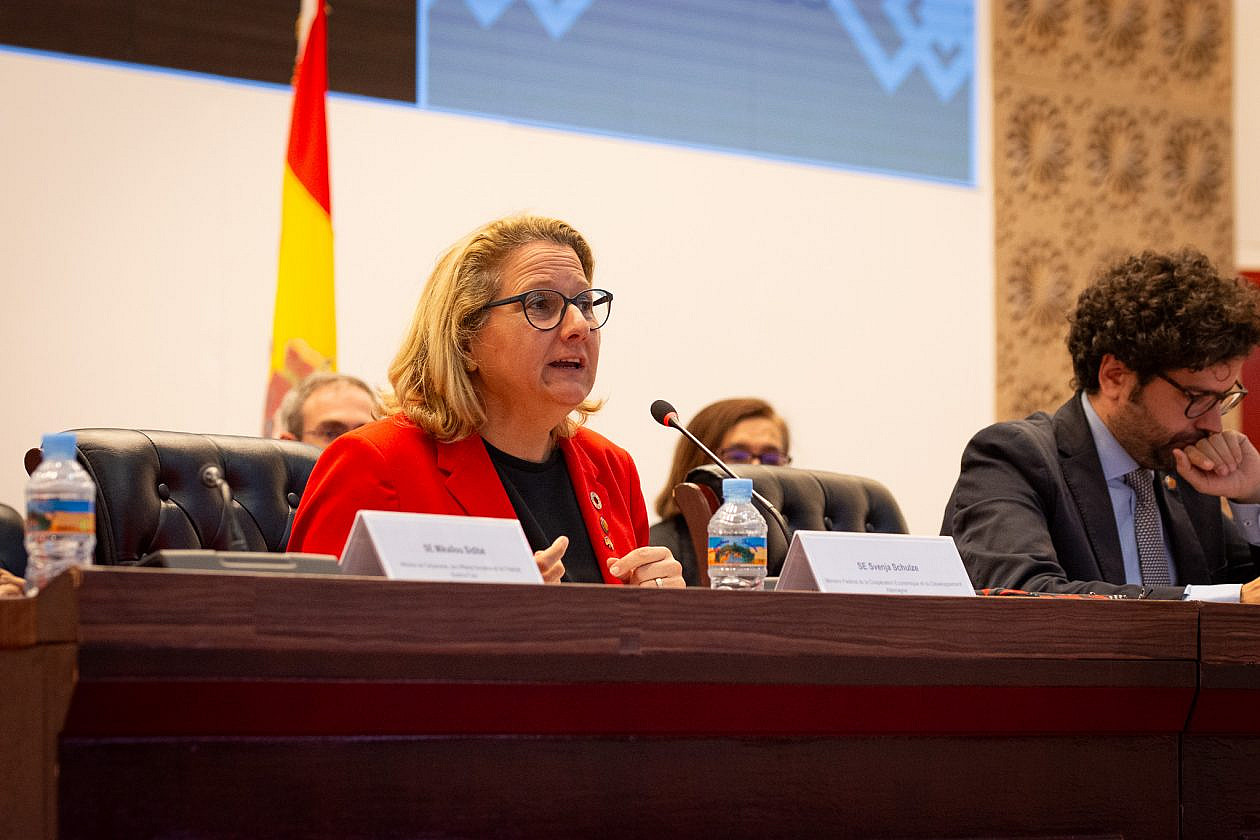
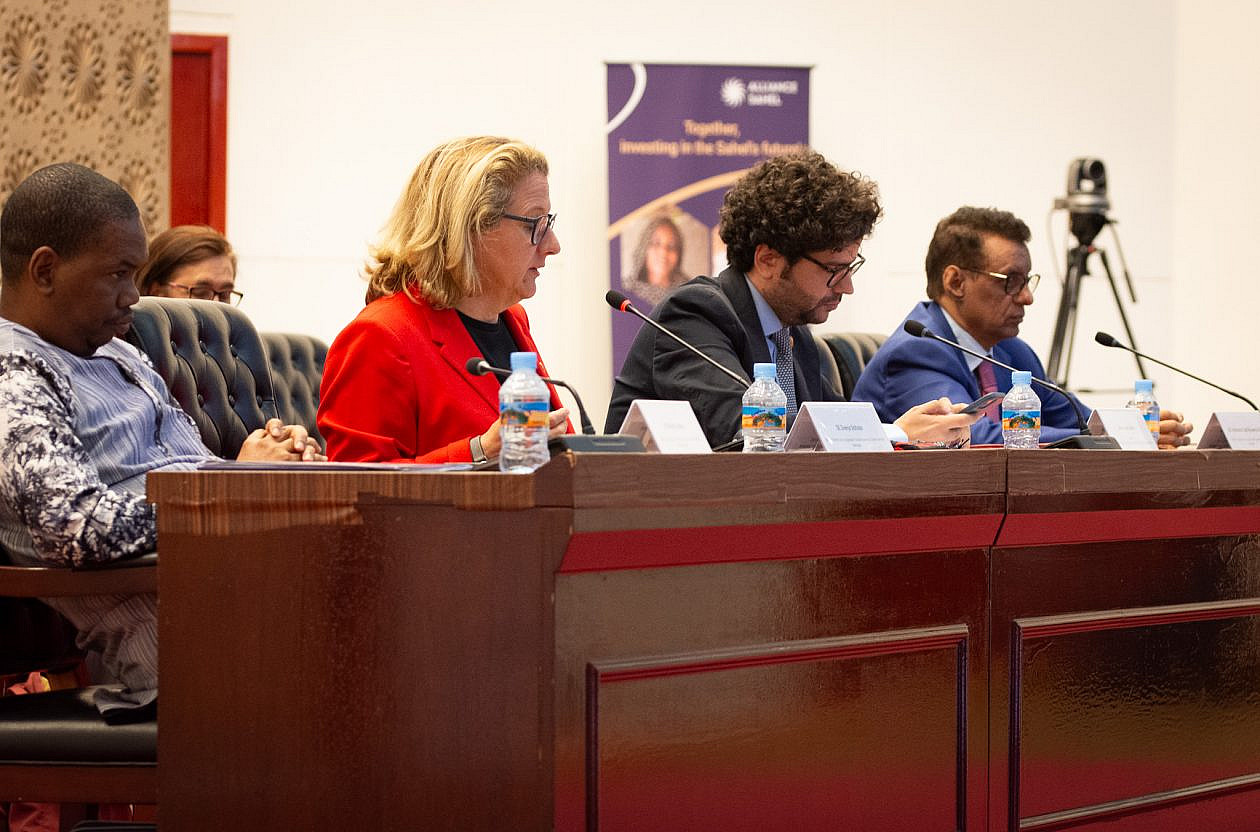
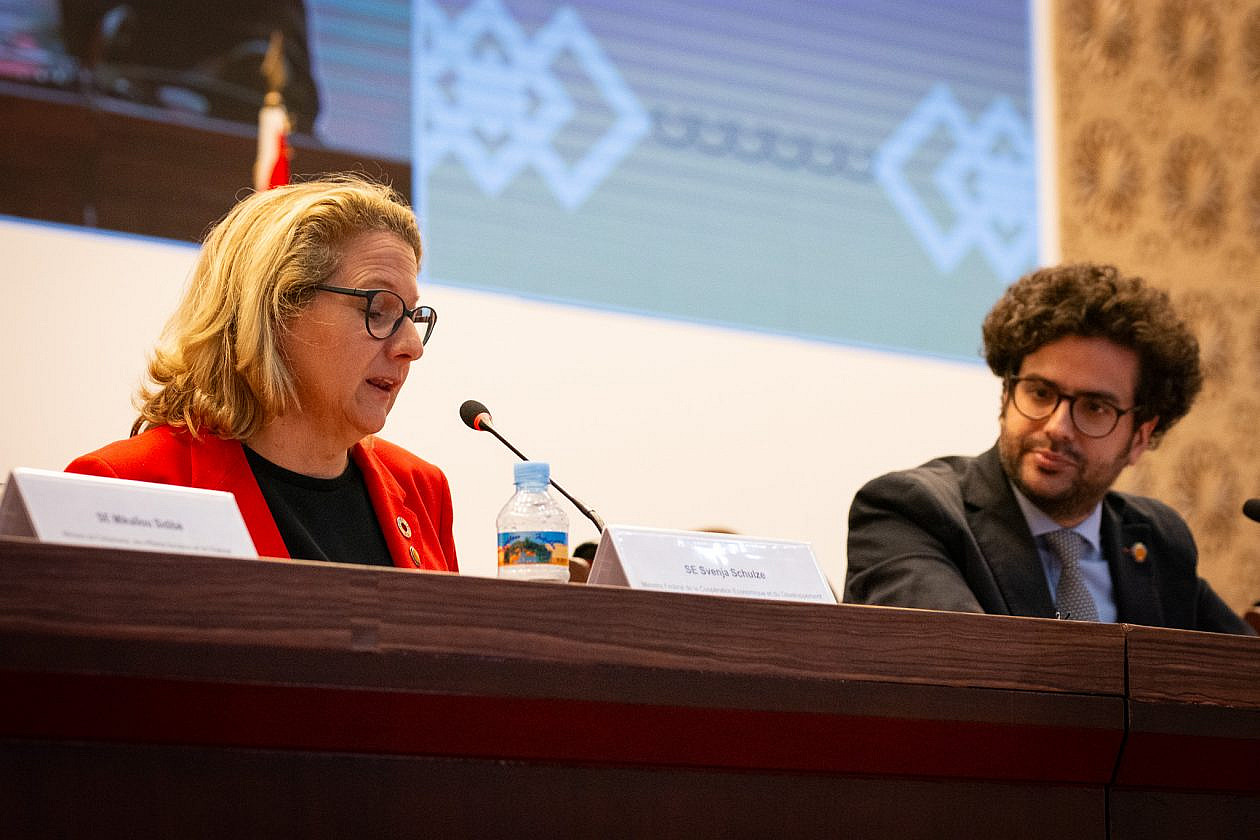
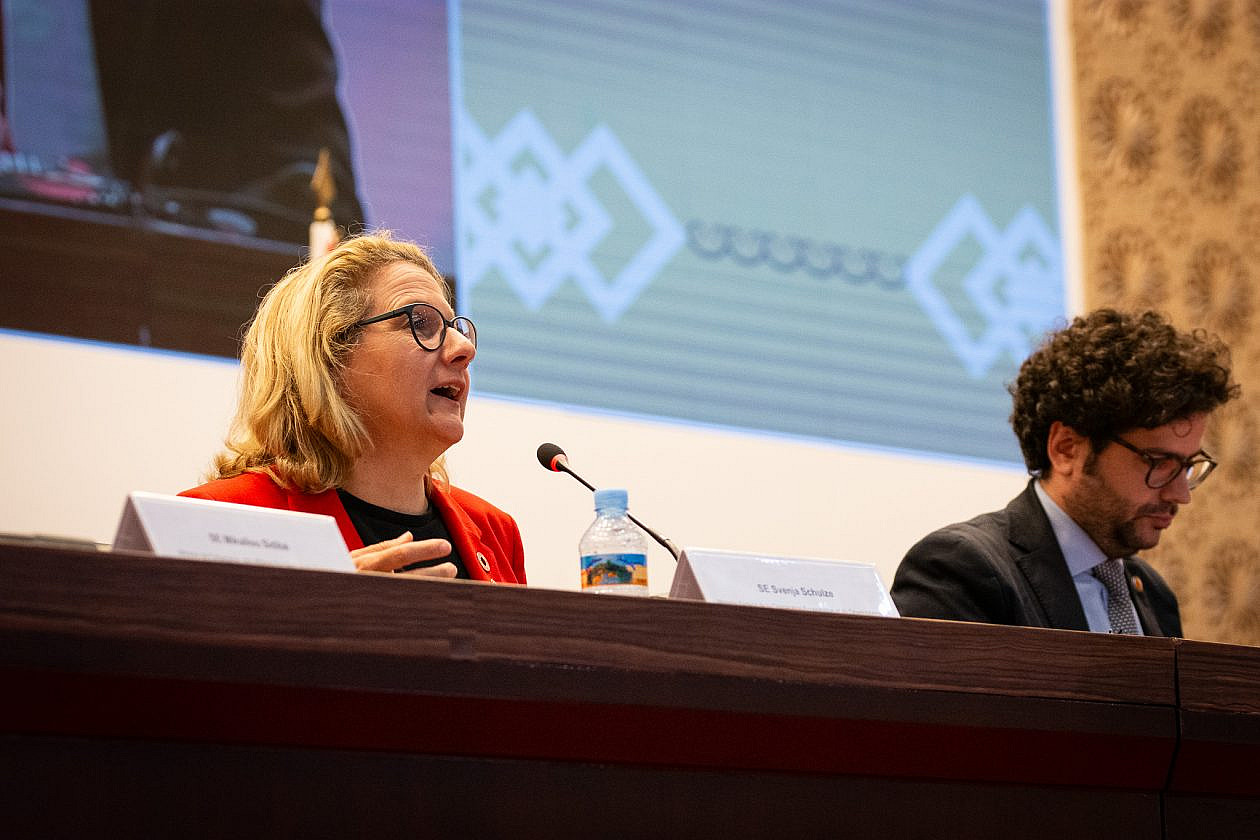
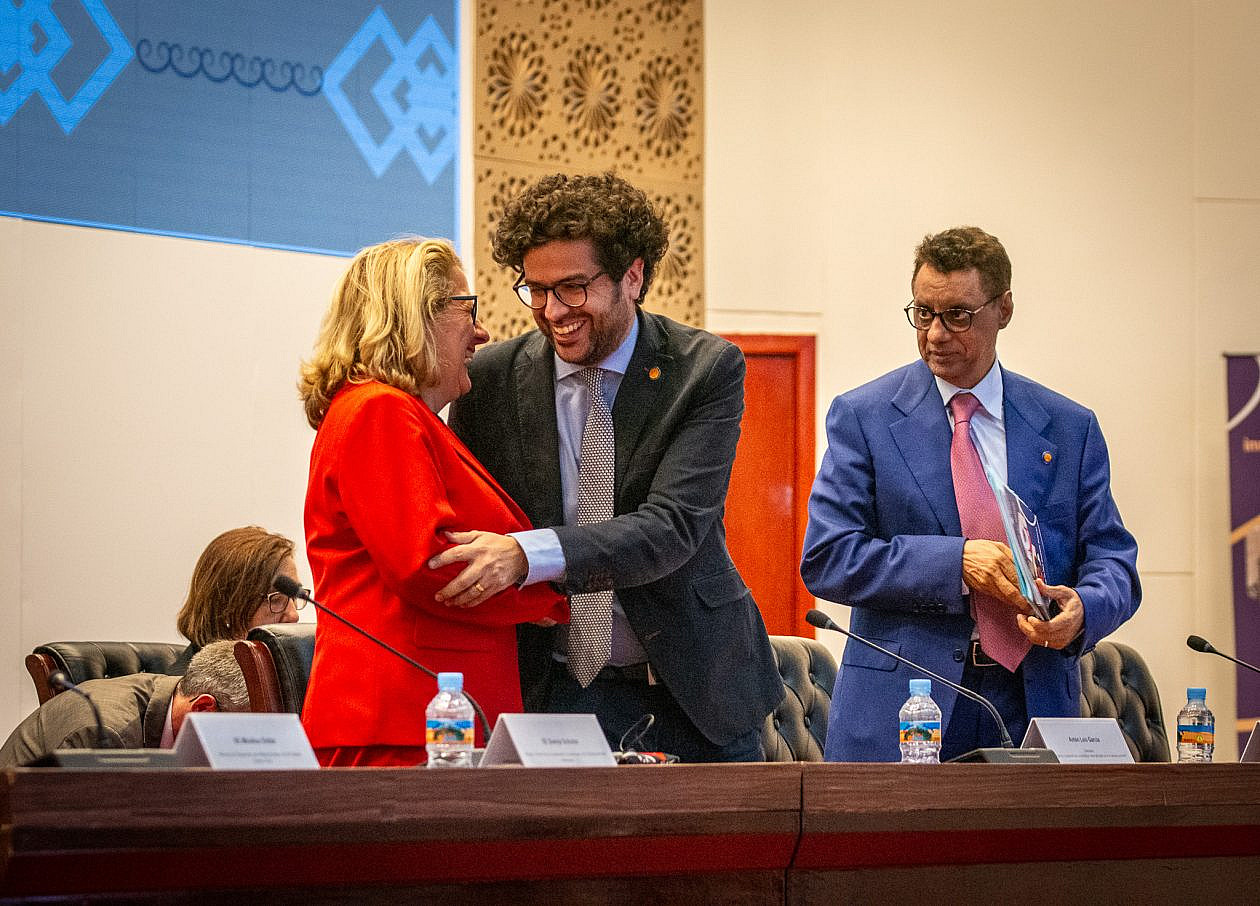
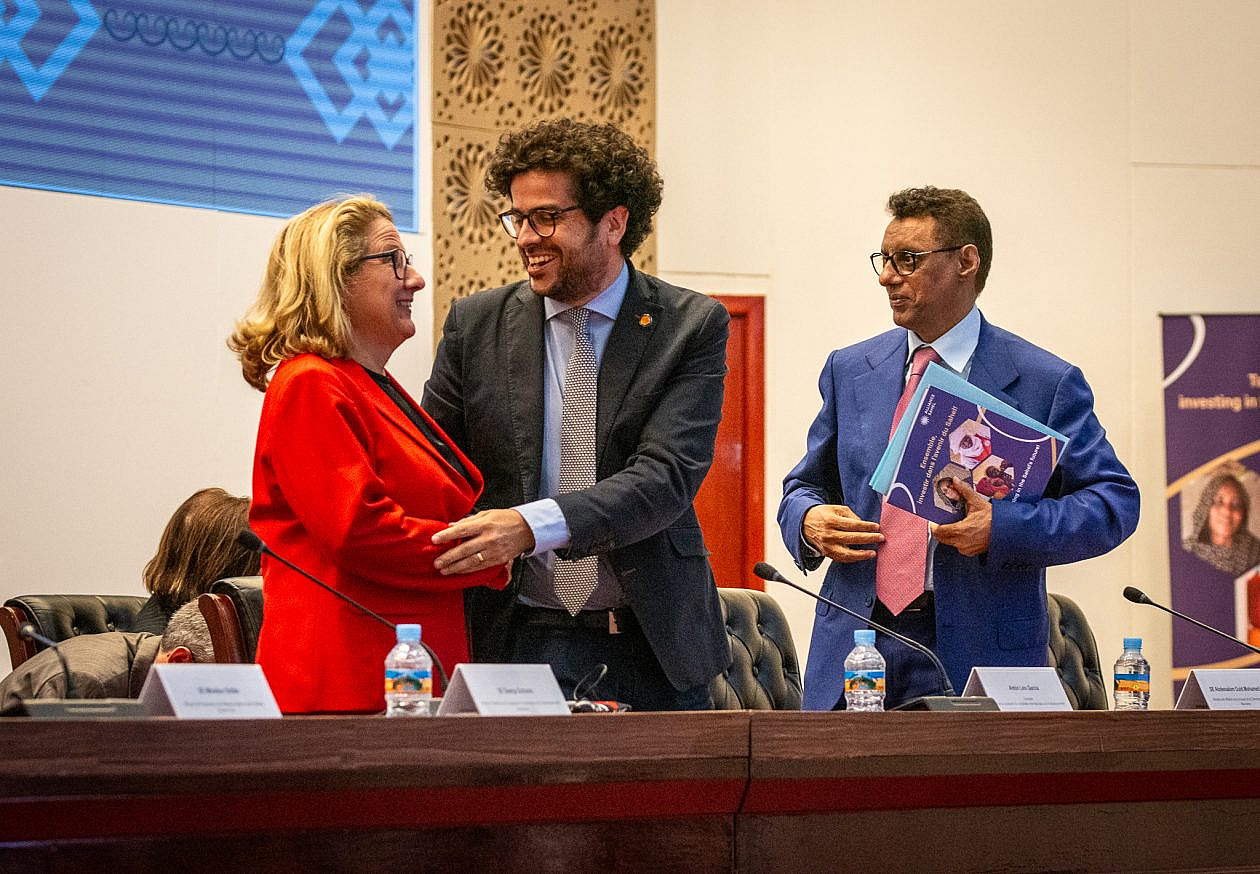
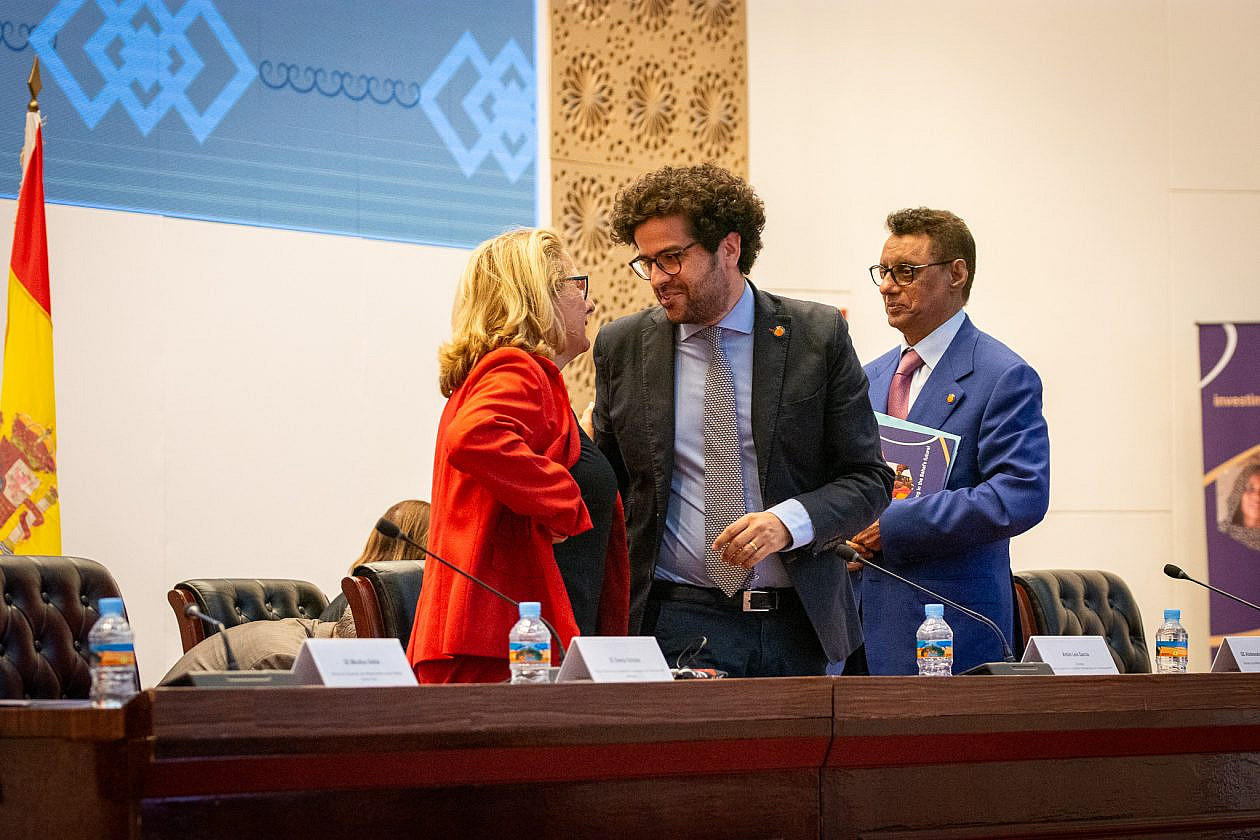
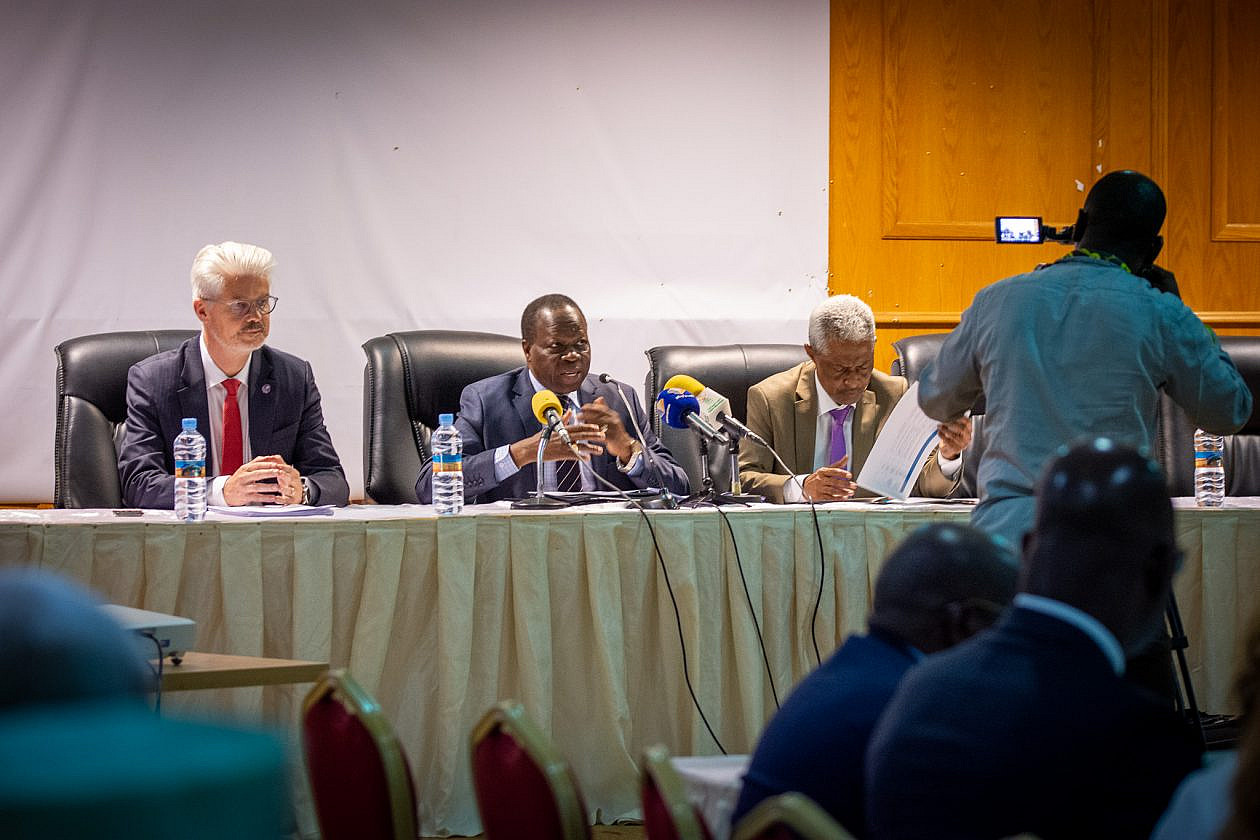
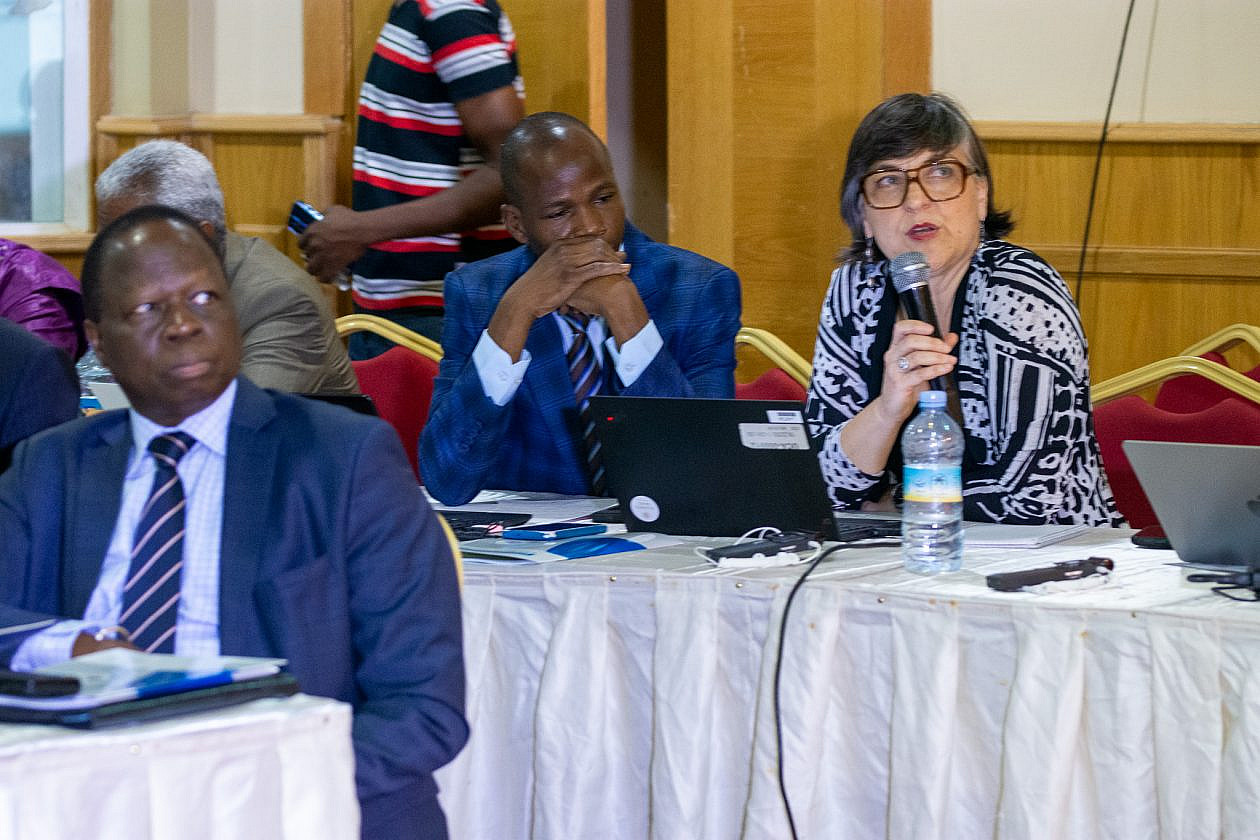
Joint statement & press release
Speeches
Speech by H.E. Svenja Schulze, Federal Minister for Economic Cooperation and Development (Germany)
Speech by Abdoulaye Mar DIEYE, Special Coordinator for development in the Sahel
Speech by H.E. Djimé Adoum, High Representative of the Coalition for the Sahel
Speech by Ambroise Fayolle, Vice-President of the European Investment Bank
Speech by M. Benjamin Duerr, Senior Adviser, Ministry of Foreign Affairs, Netherlands
Speech by Arianna Whelan, Deputy Director of the Africa Unit, Department of Foreign Affairs, Ireland
Speech by H.E. Alexandre Garcia, French Ambassador to Mauritania
Speech by Malcom Green, FCDO, UK
Speech by H.E. Knut Langeland, Ambassador, Special Representative for the Sahel, Norway
Speech by Anna-Joy Rickard, TBI
SPeech by H.E. Cédrine Beney, Ambassador, Special Envoy for the Sahel, Switzerland
Speech by Gitte Christensen Snefstrup, Special Adviser, Ministry of Foreign Affairs, Denmark
Speech by Emmanuel Debroise, Head of the Coordination Unit, Alliance Sahel
Speech by Ms Alyson McFarland, Country Representative in Burkina Faso, USAID
Speech by H.E. Tatsukuni Uchida, Ambassador of Japan to Mauritania
Speech by Marcel Lebleu, Director General, West and Central Africa, Global Affairs, Canada
Speech by Daniel Ndoye, AfDB Country Manager in Burkina Faso
Speech by Ousmane Diagana, Vice-President of the World Bank Group for West and Central Africa
